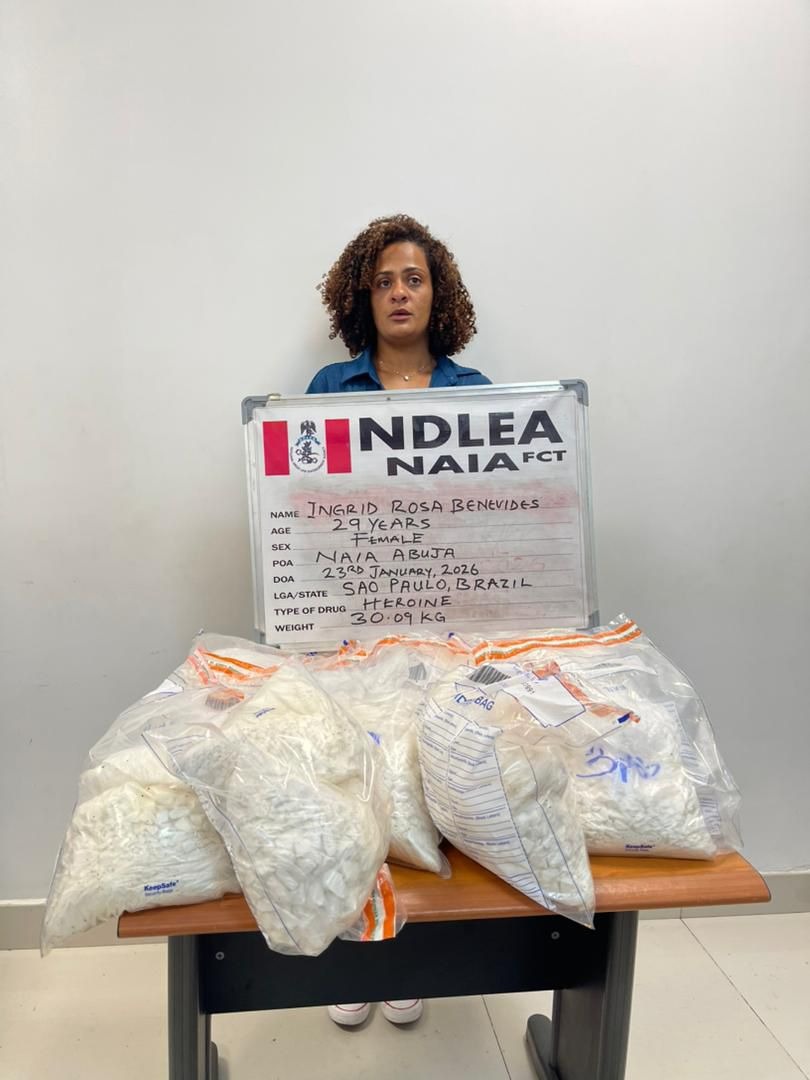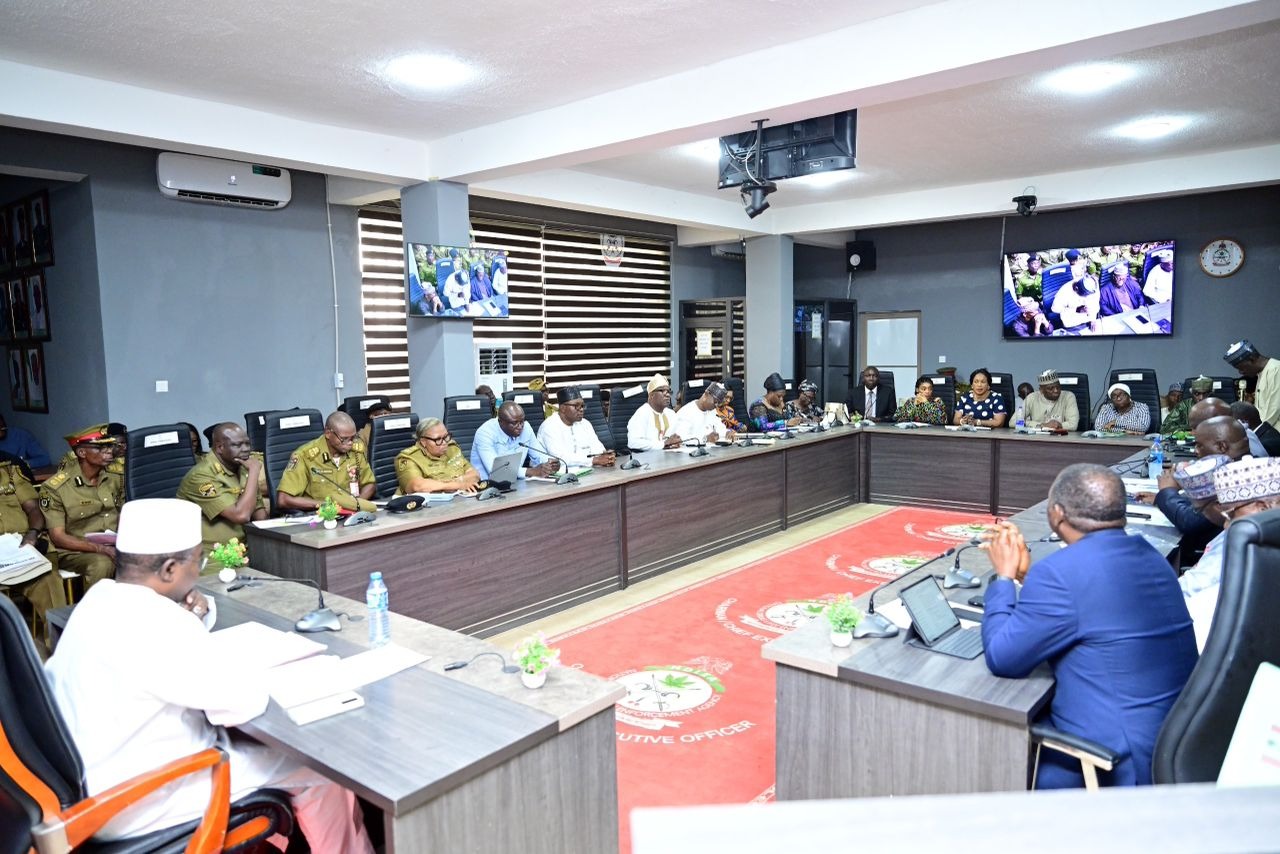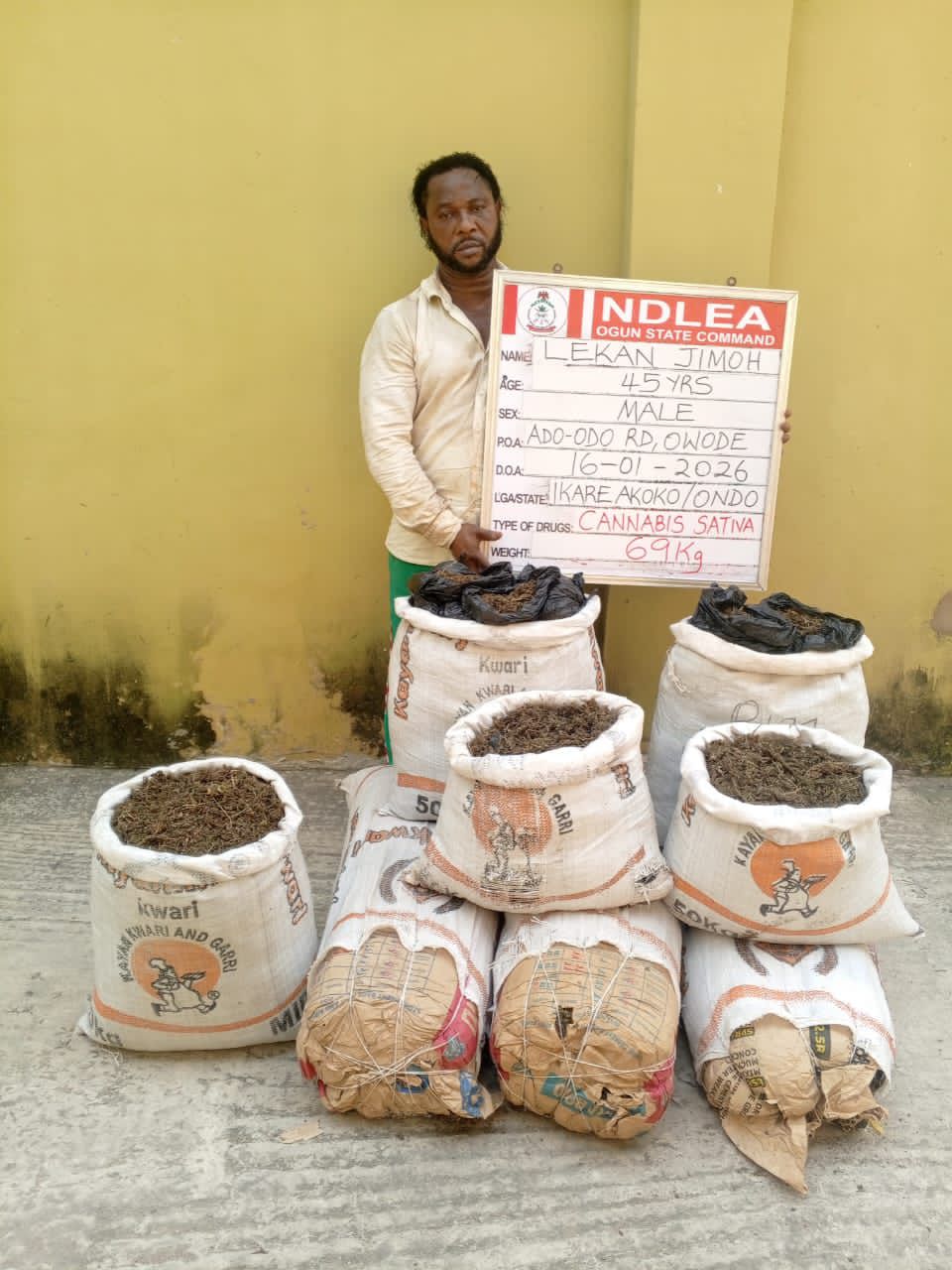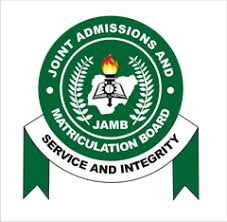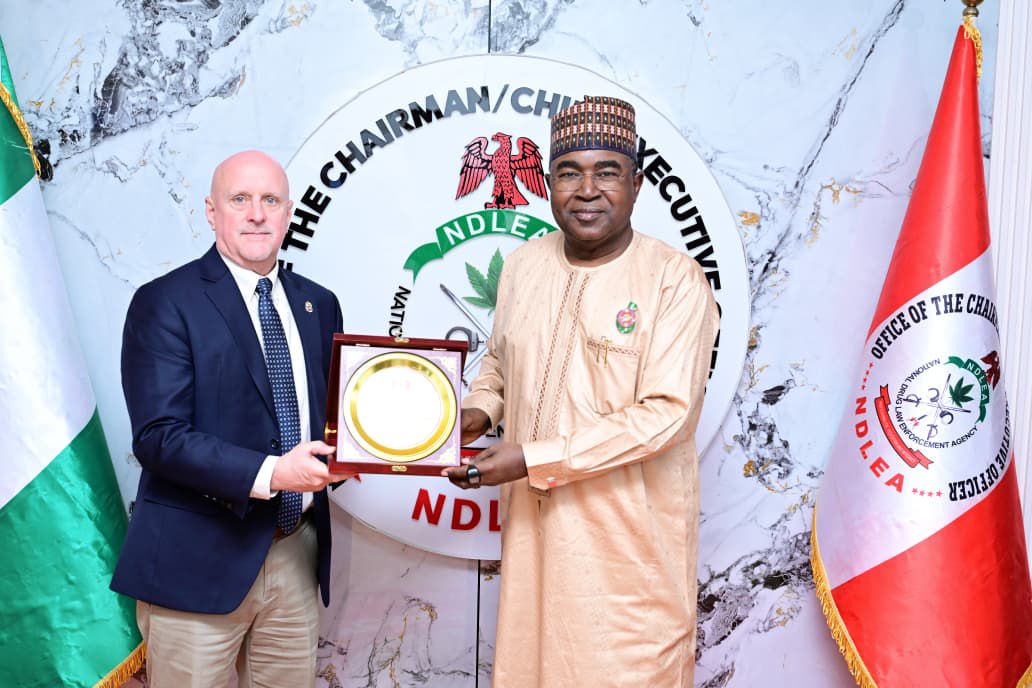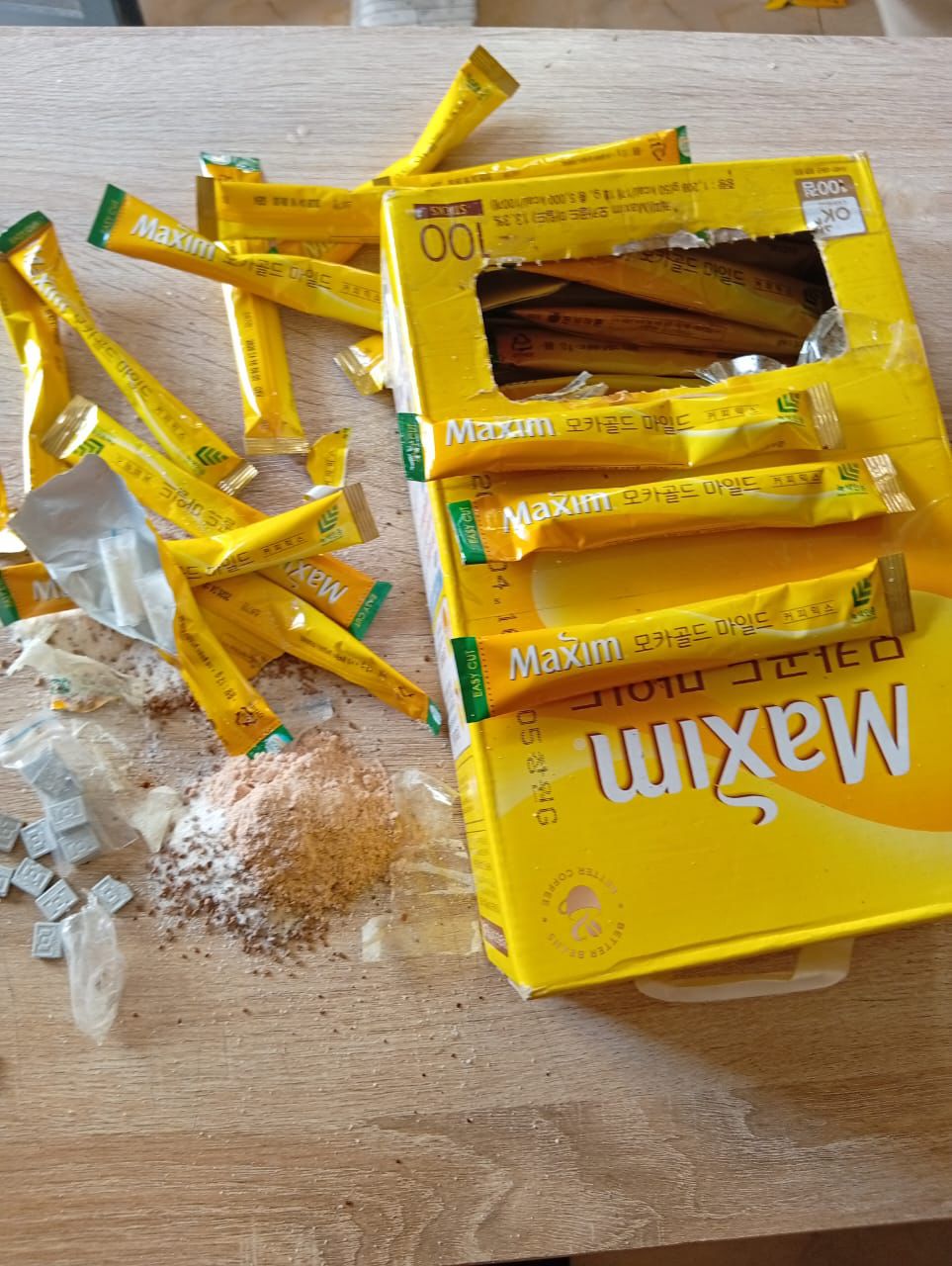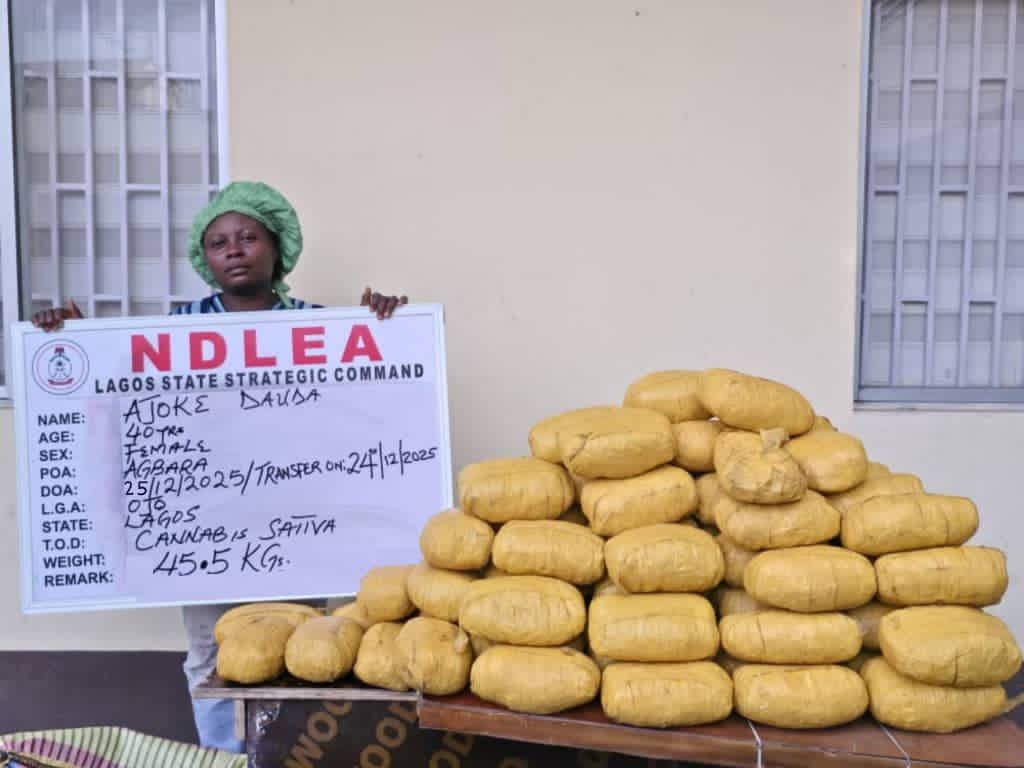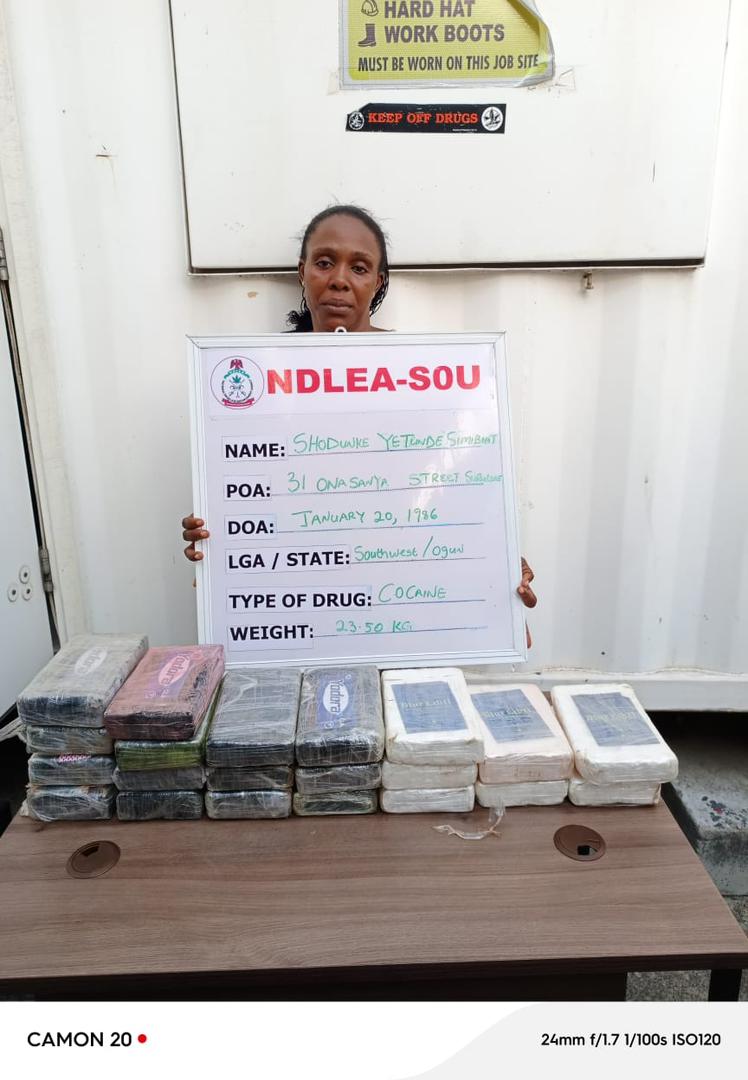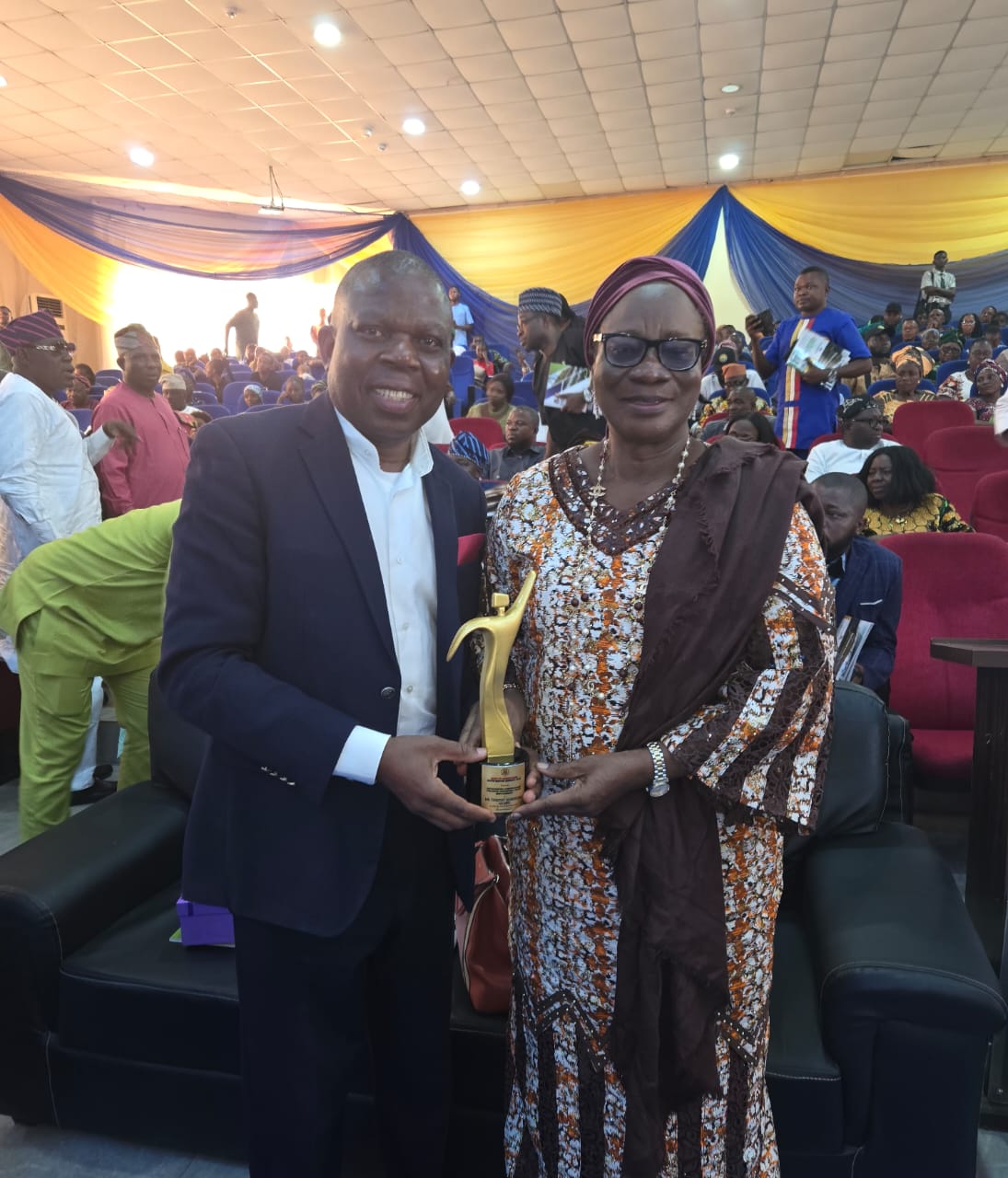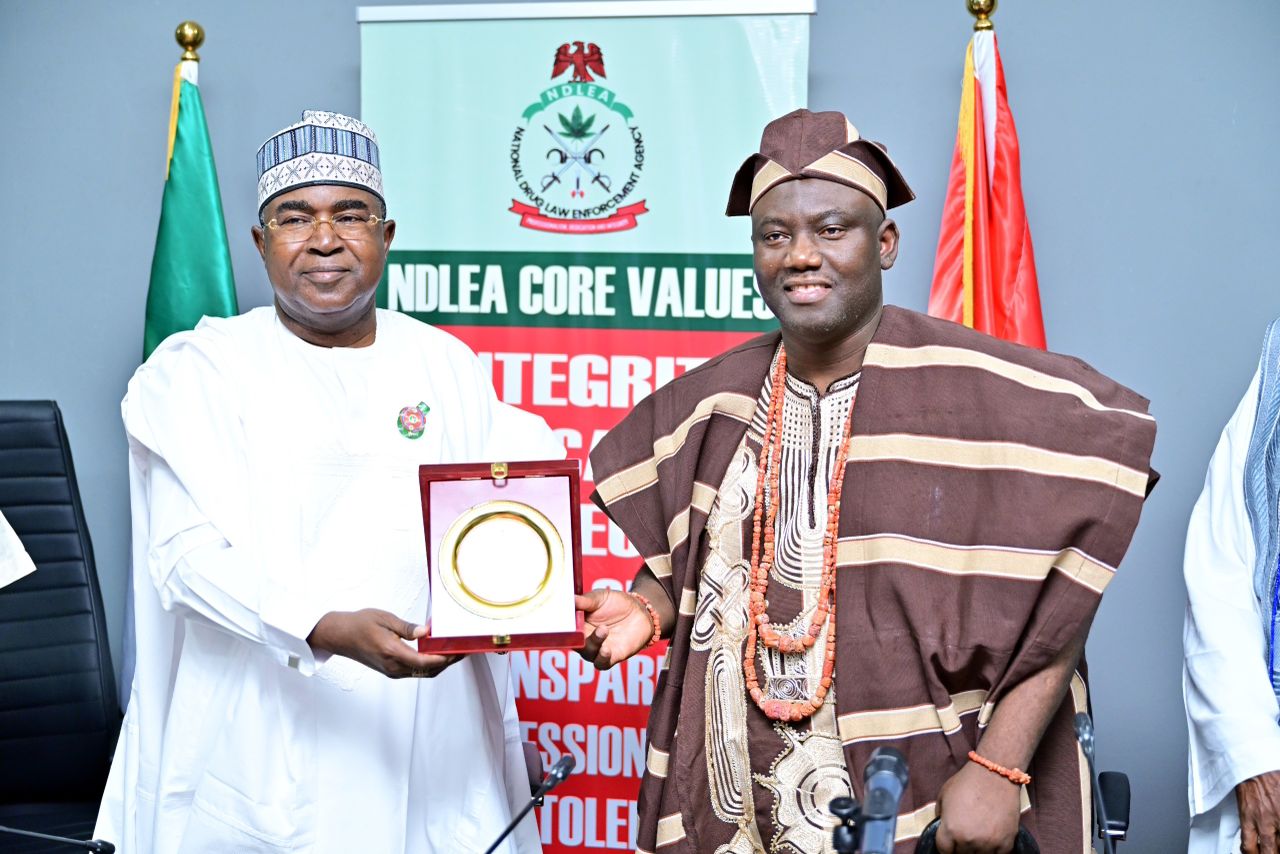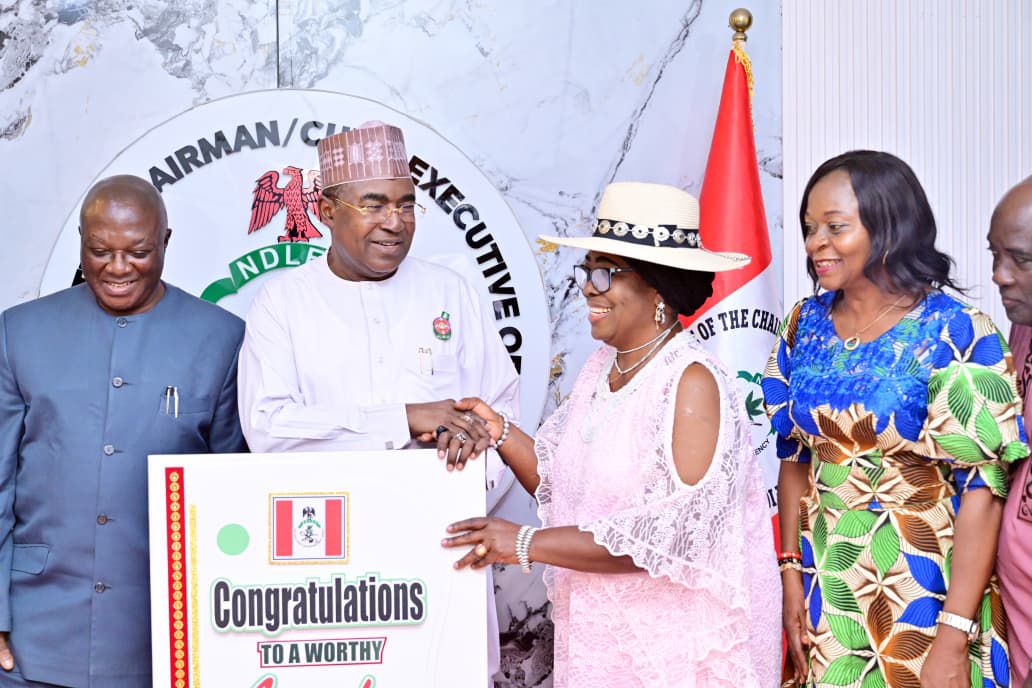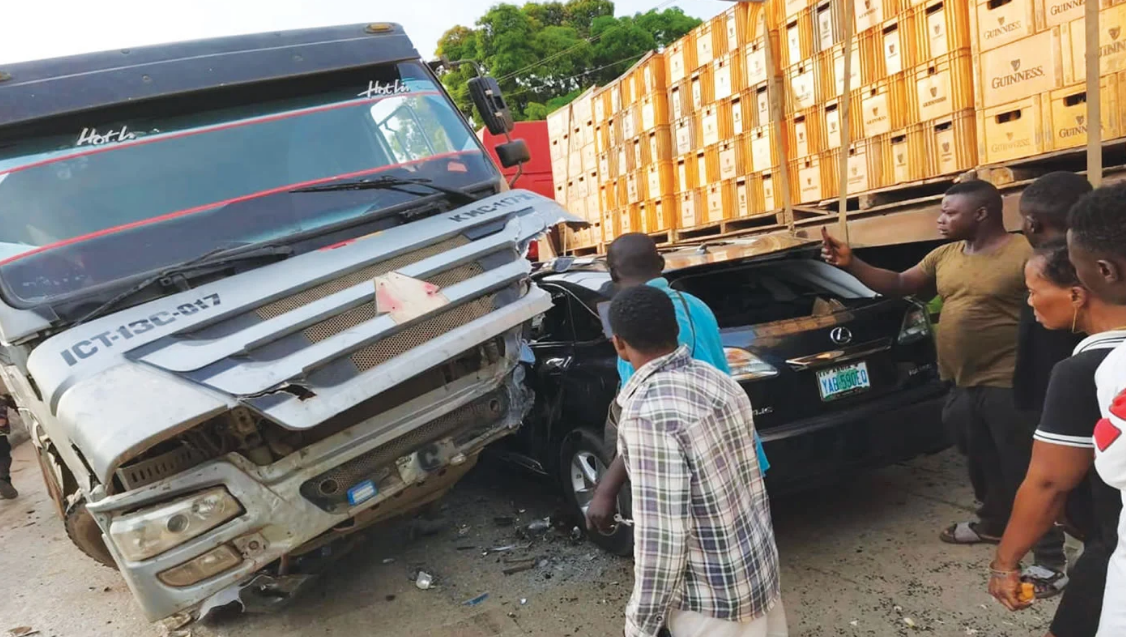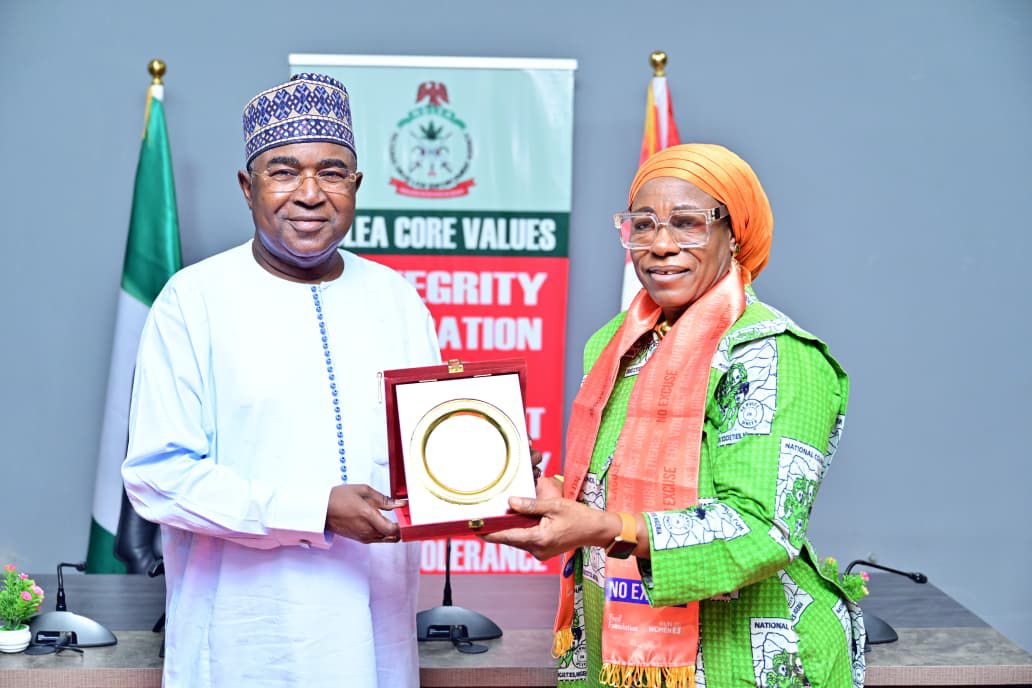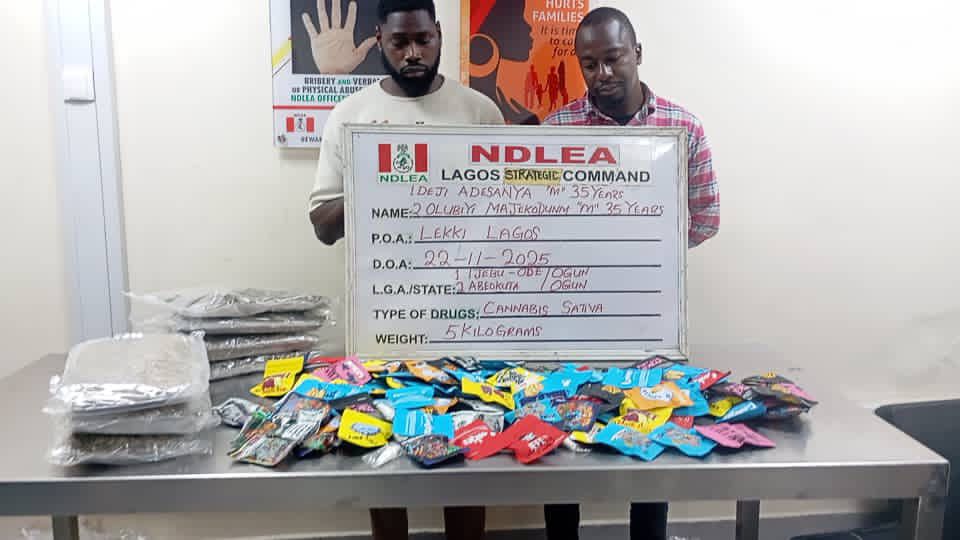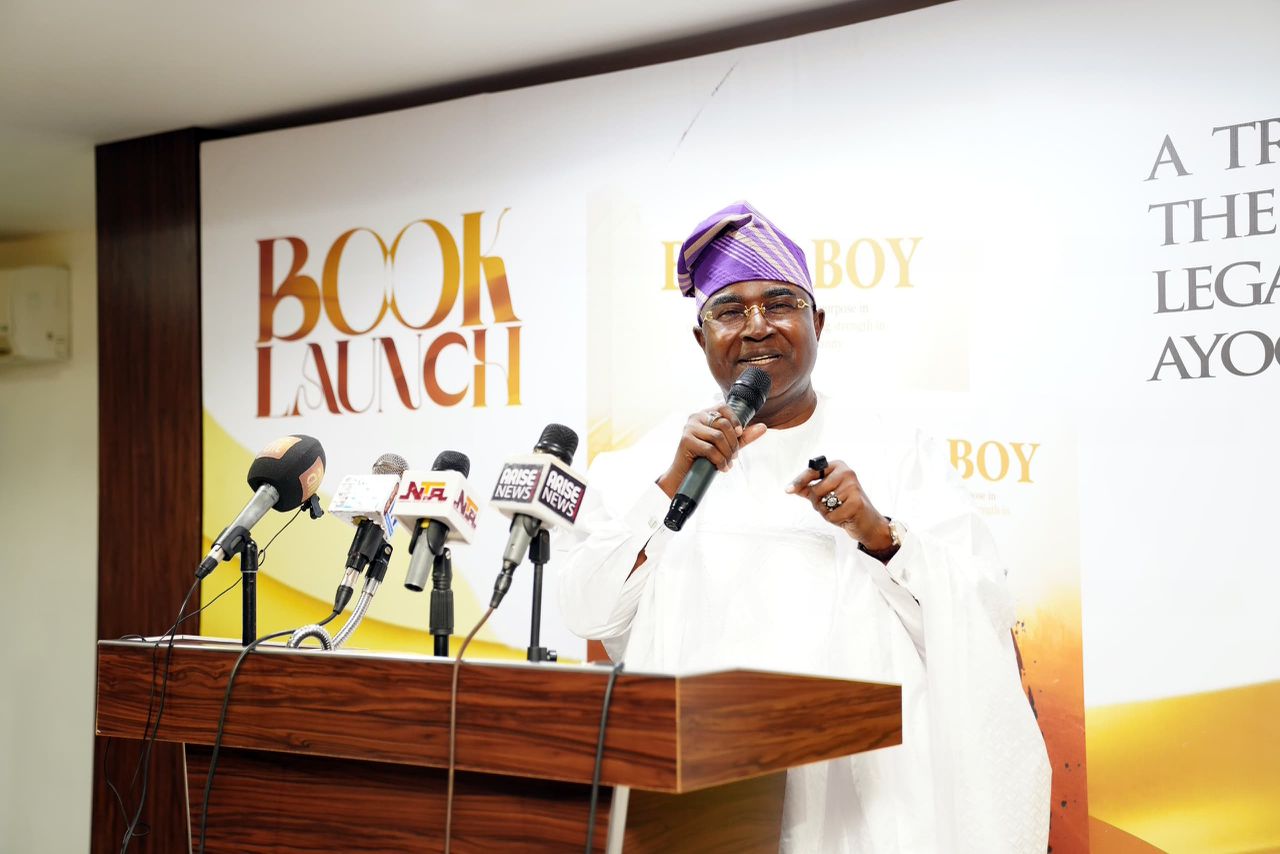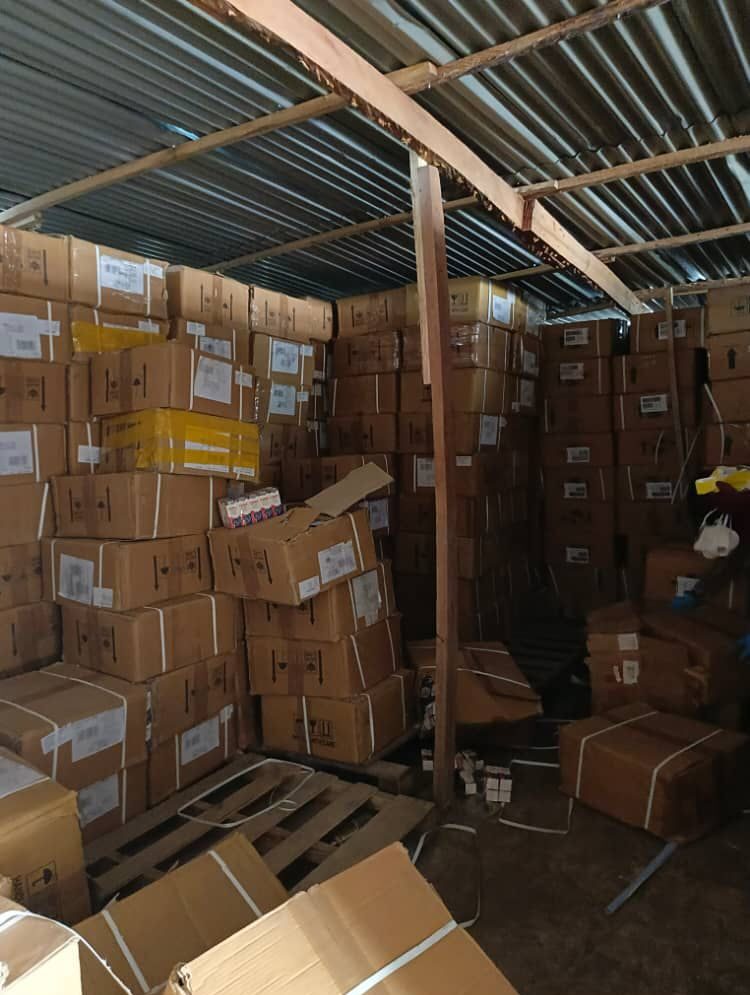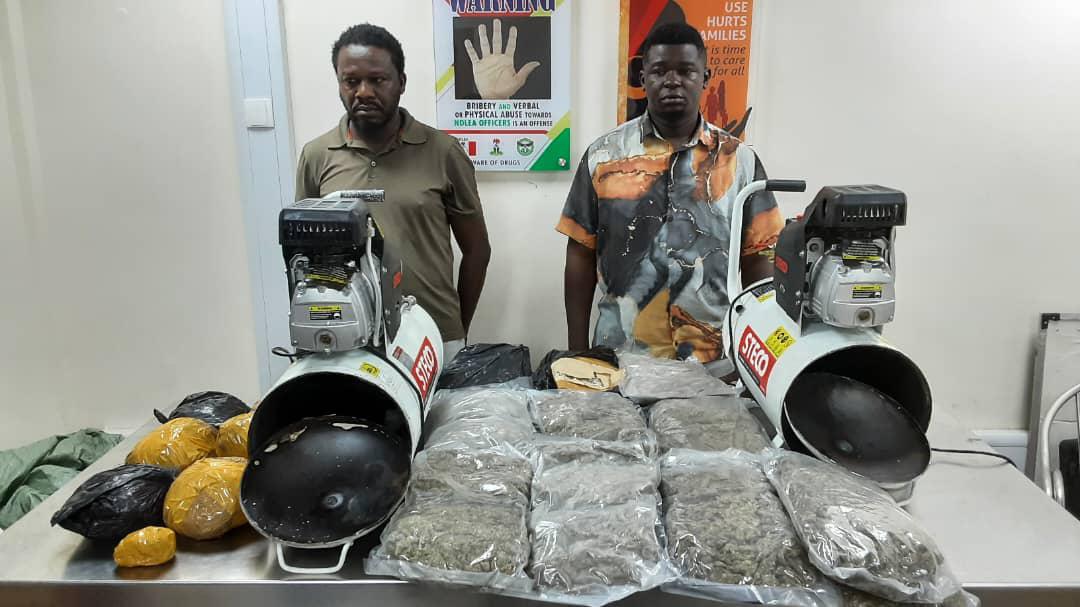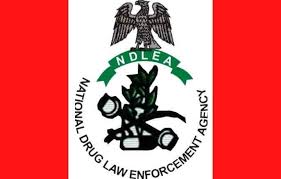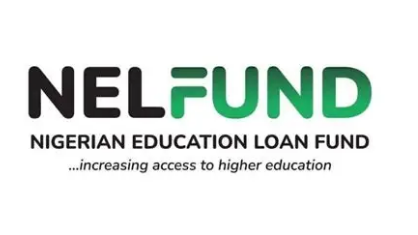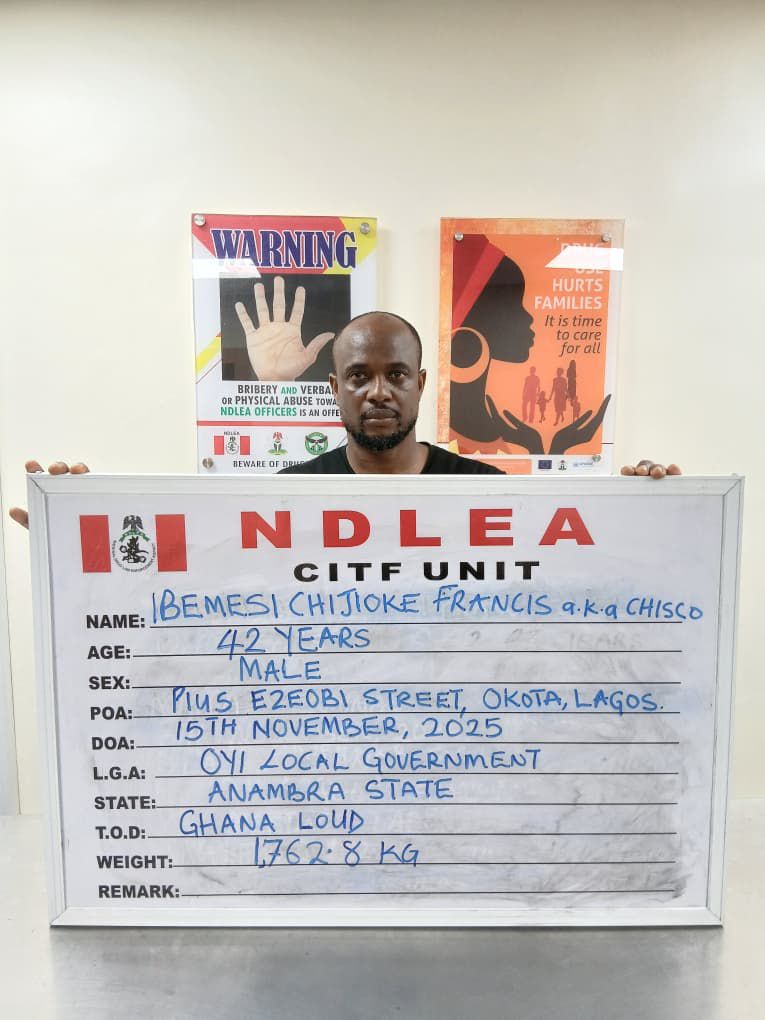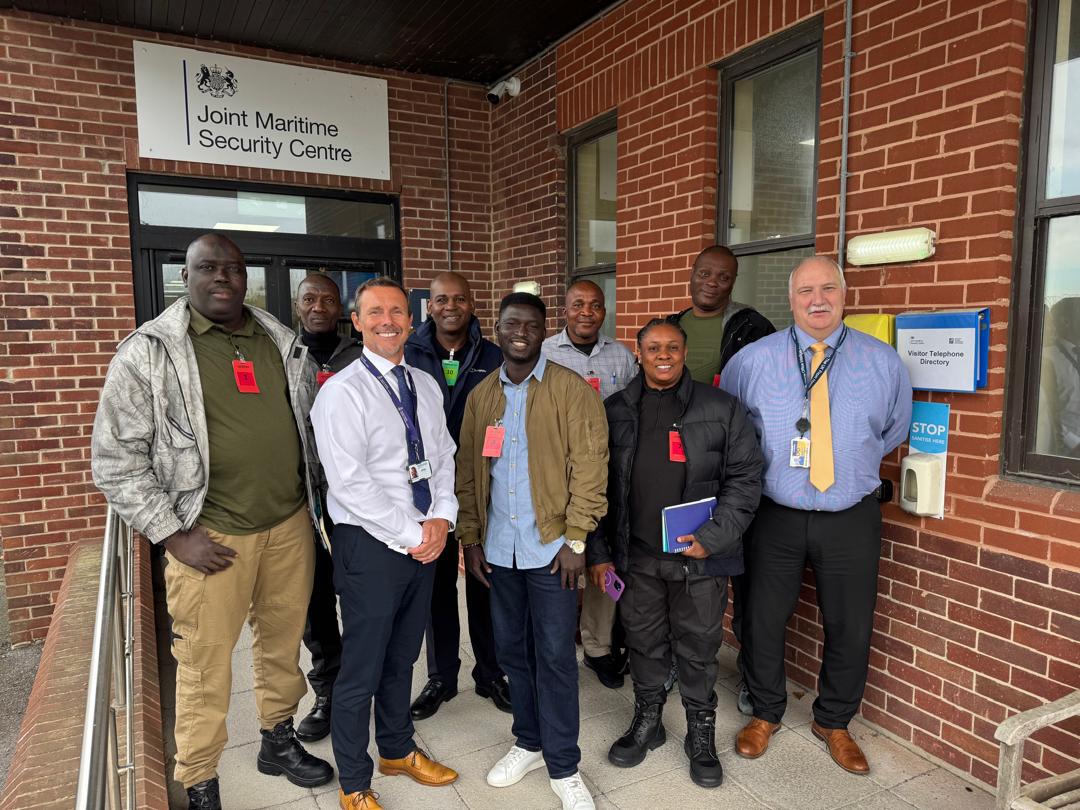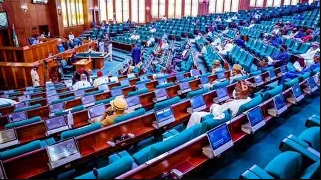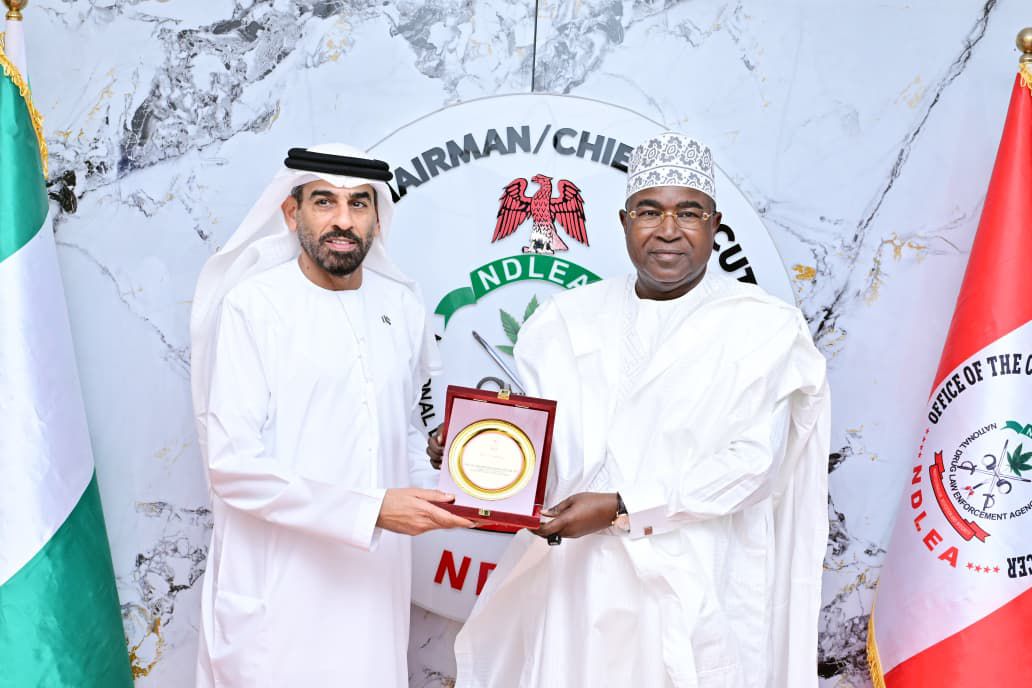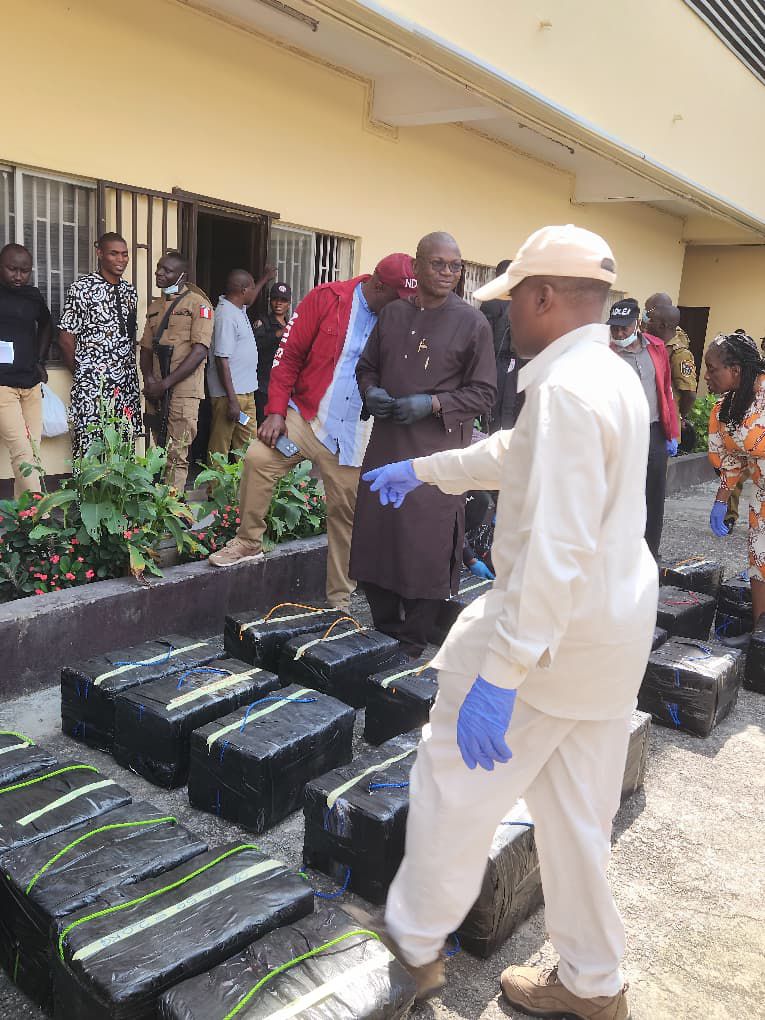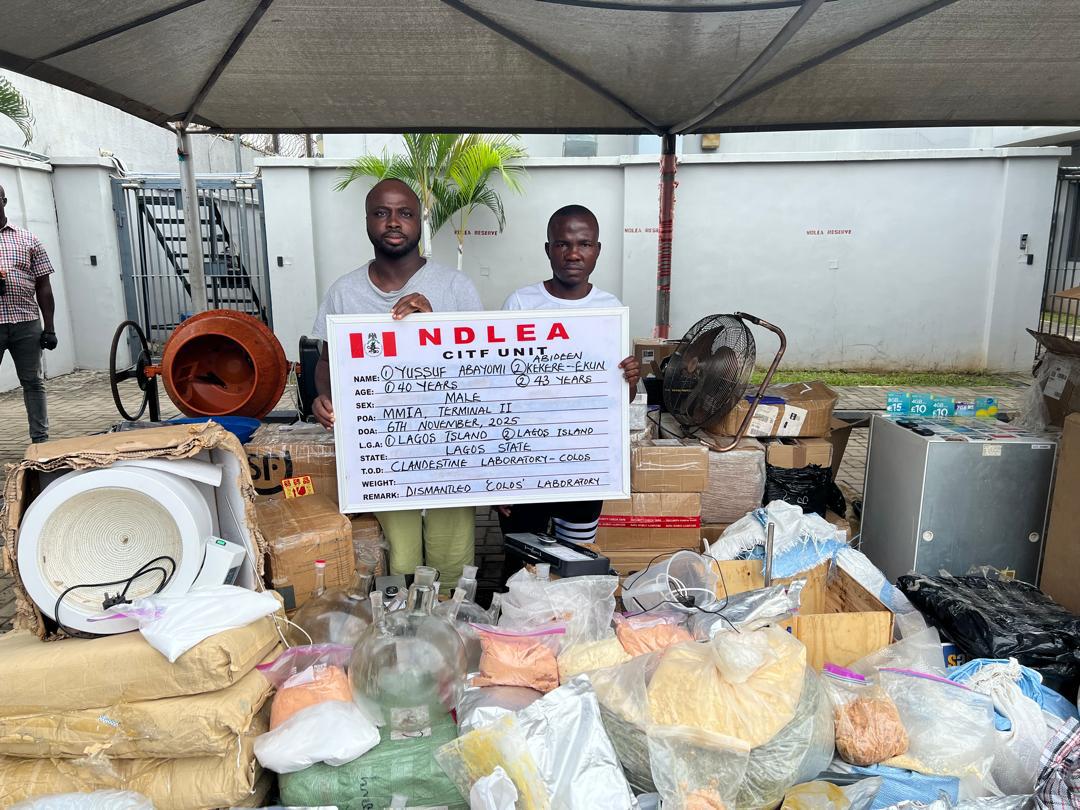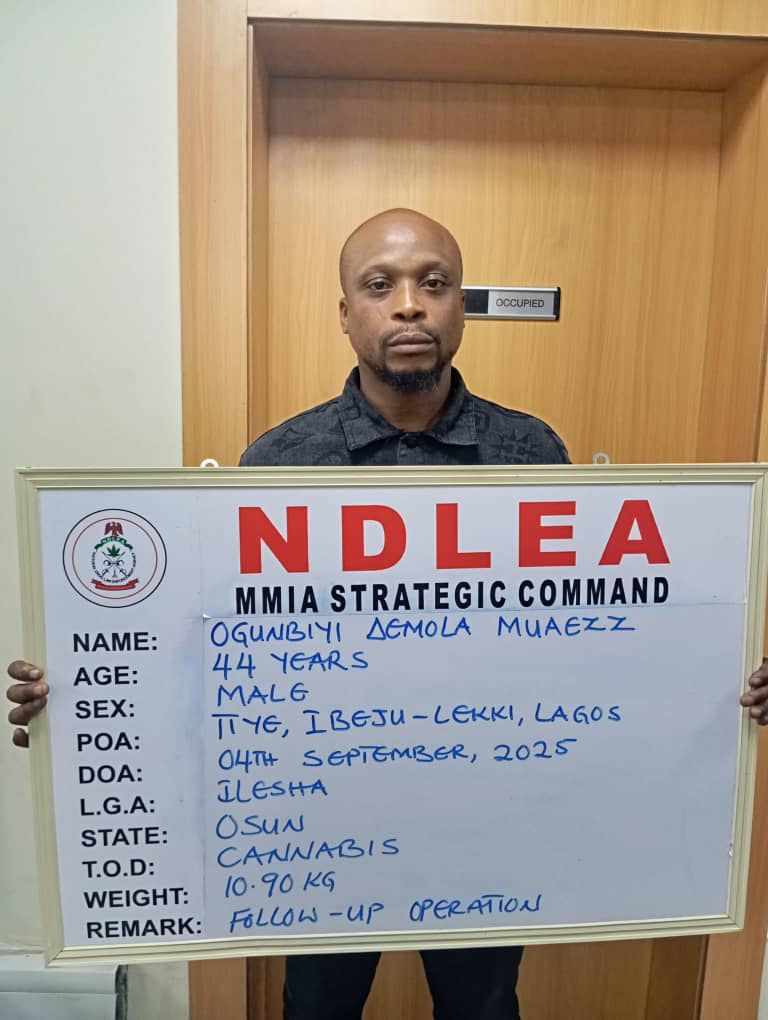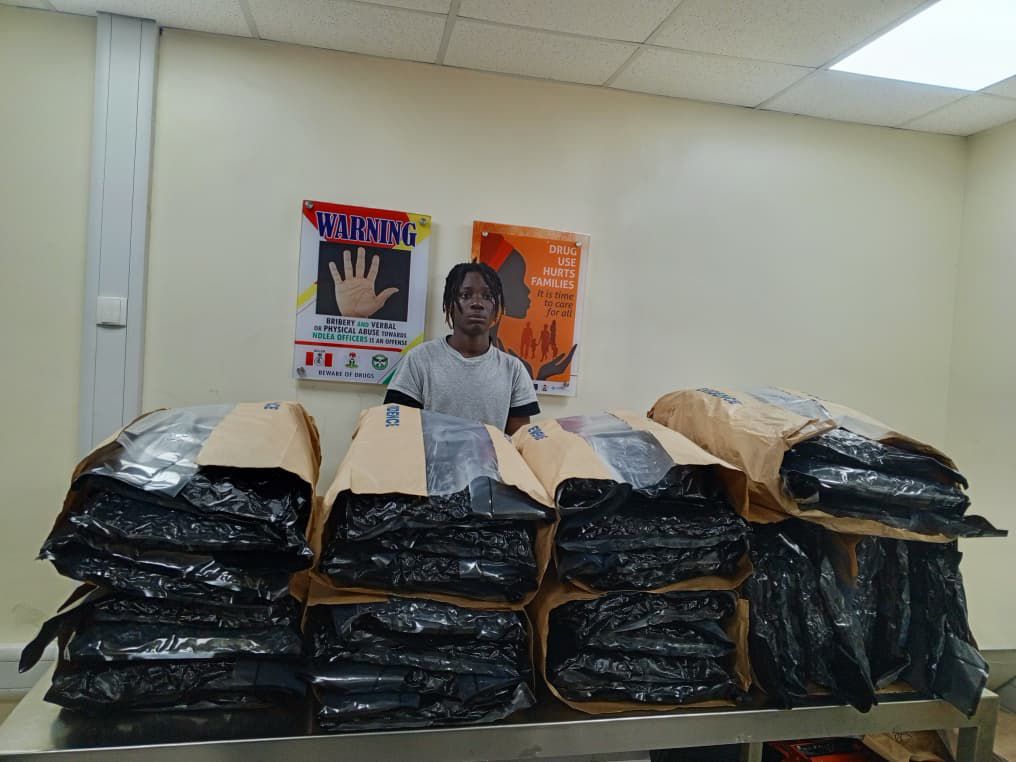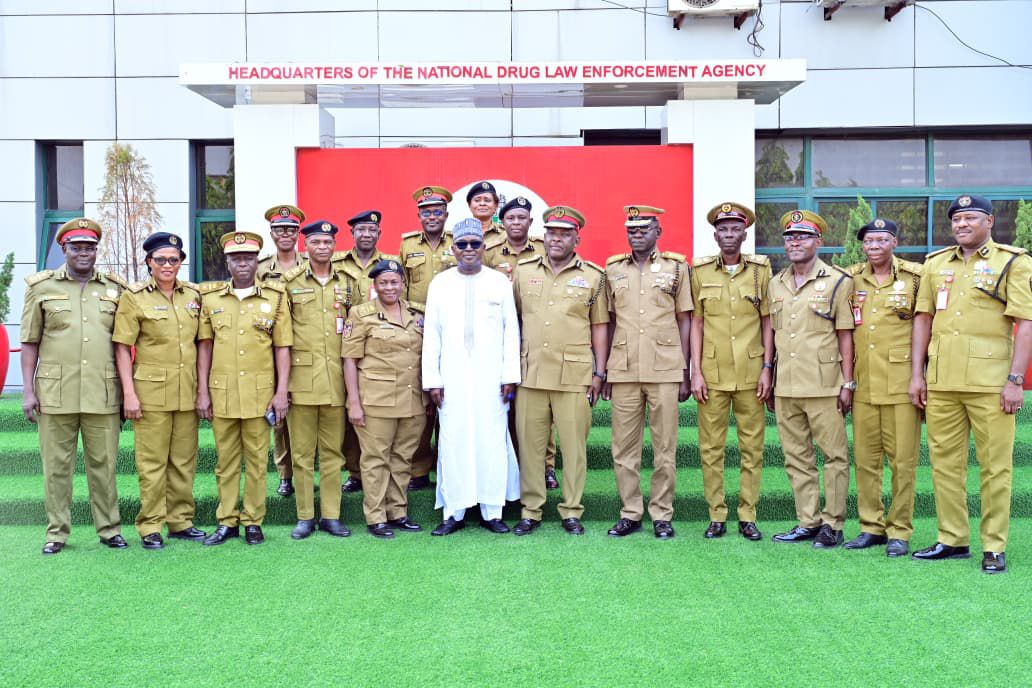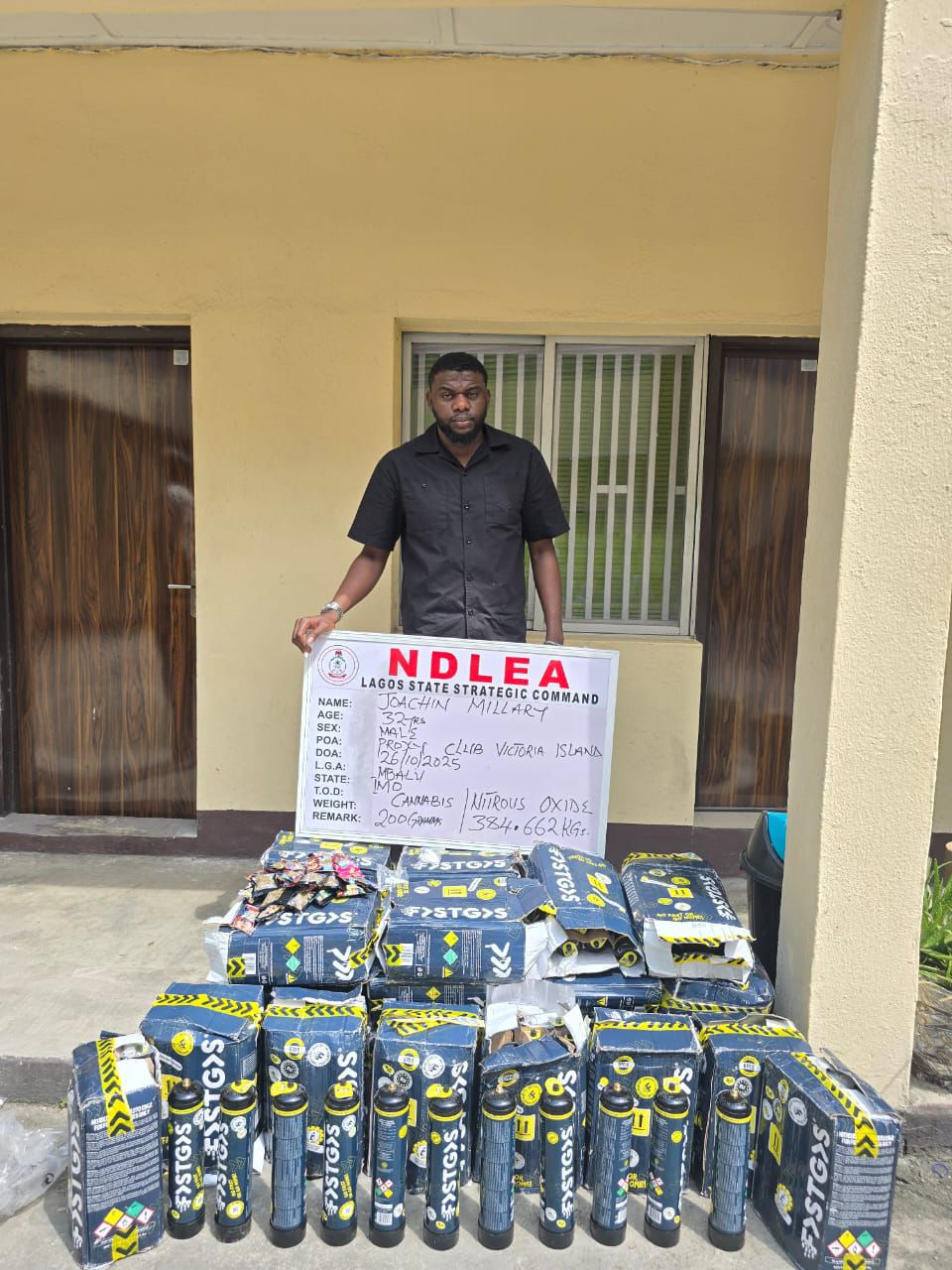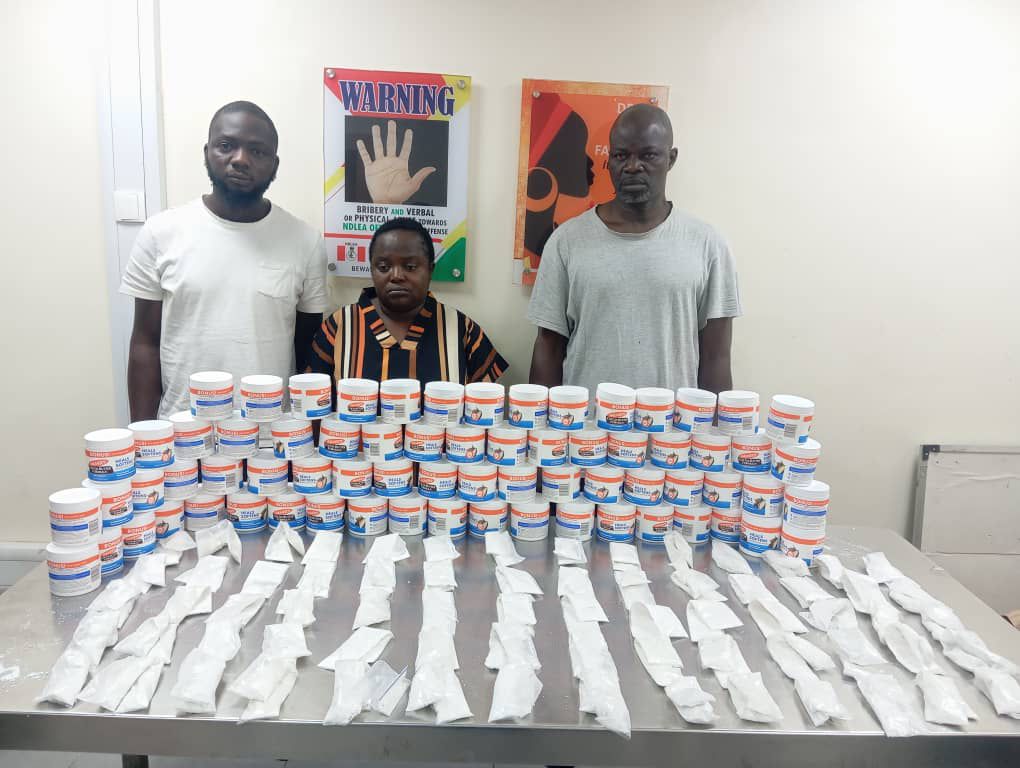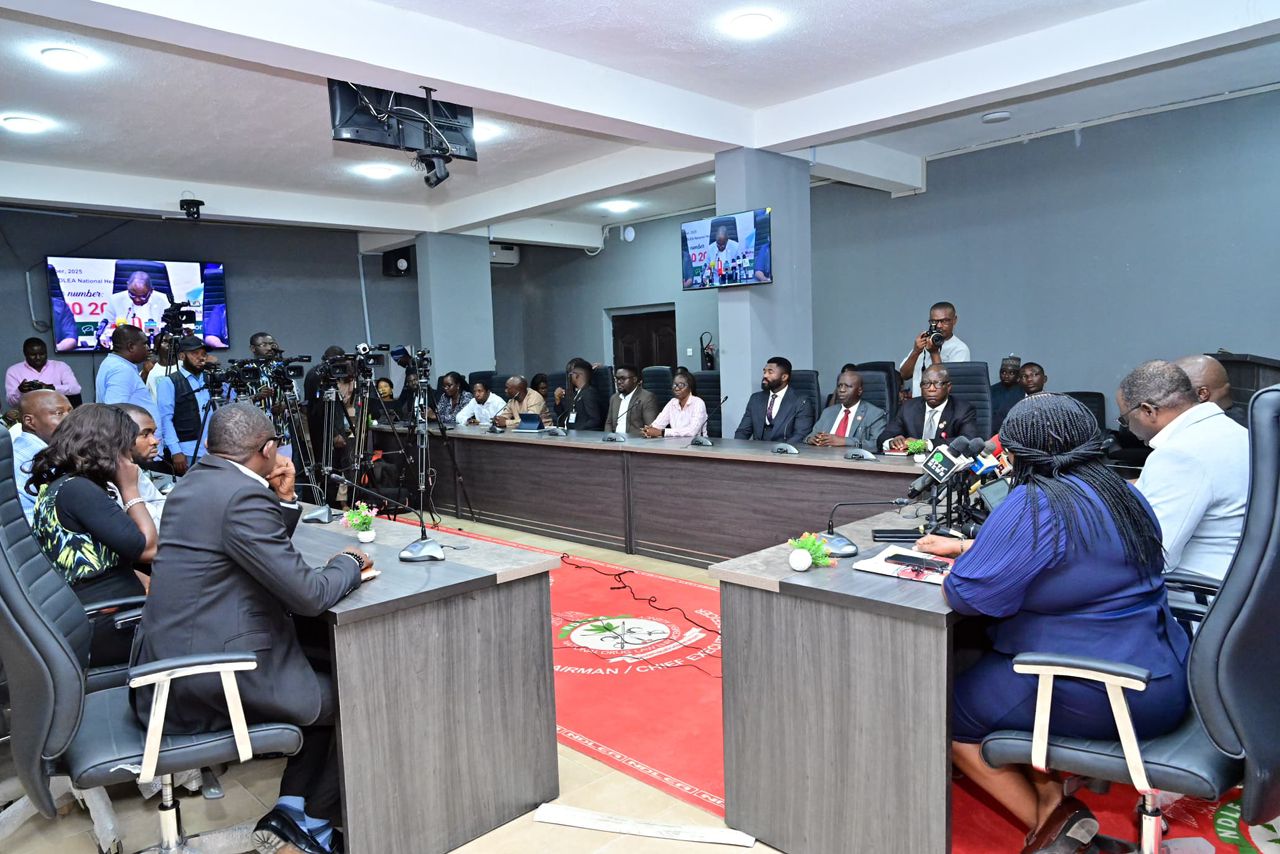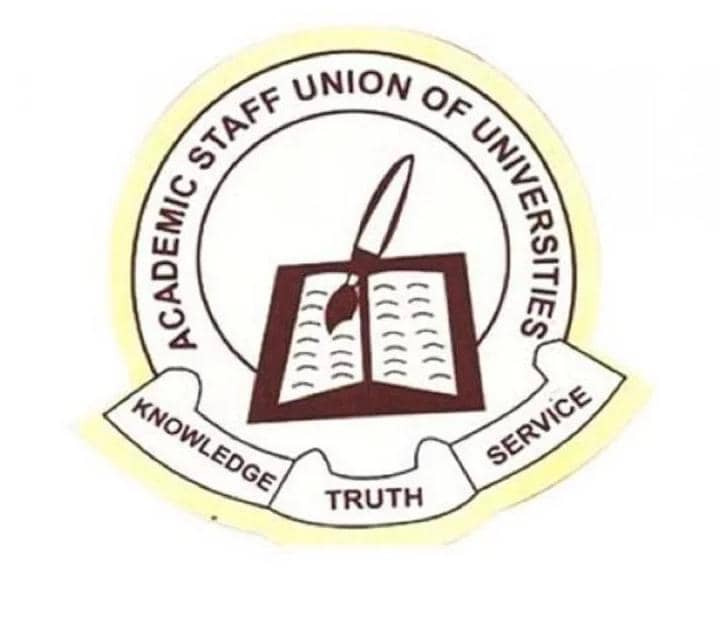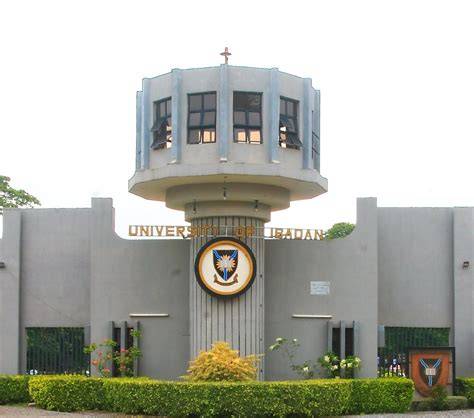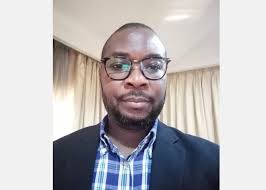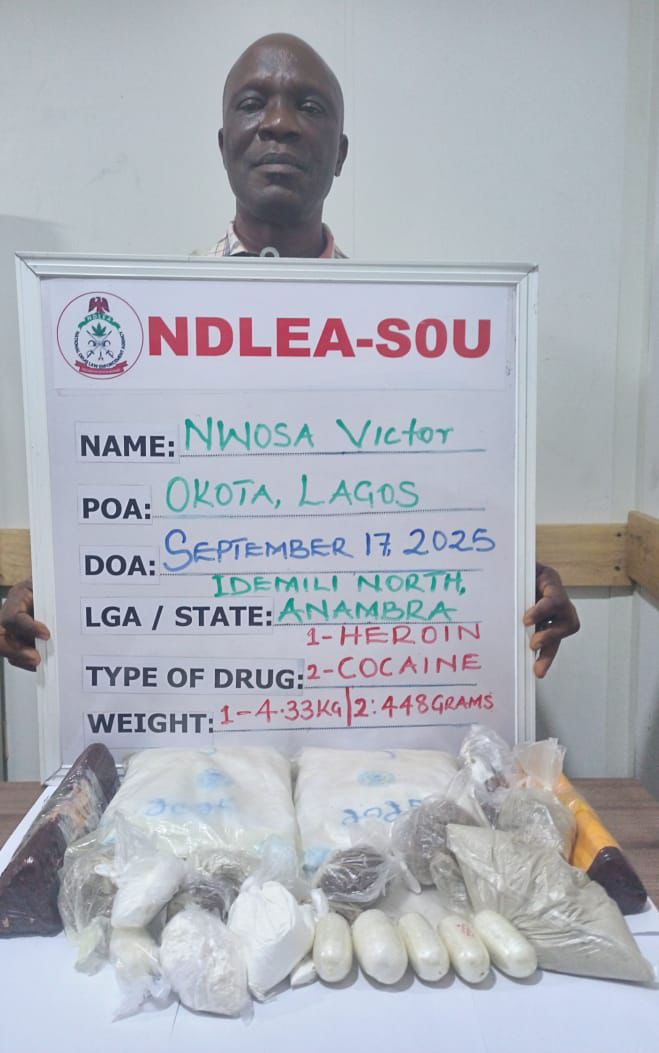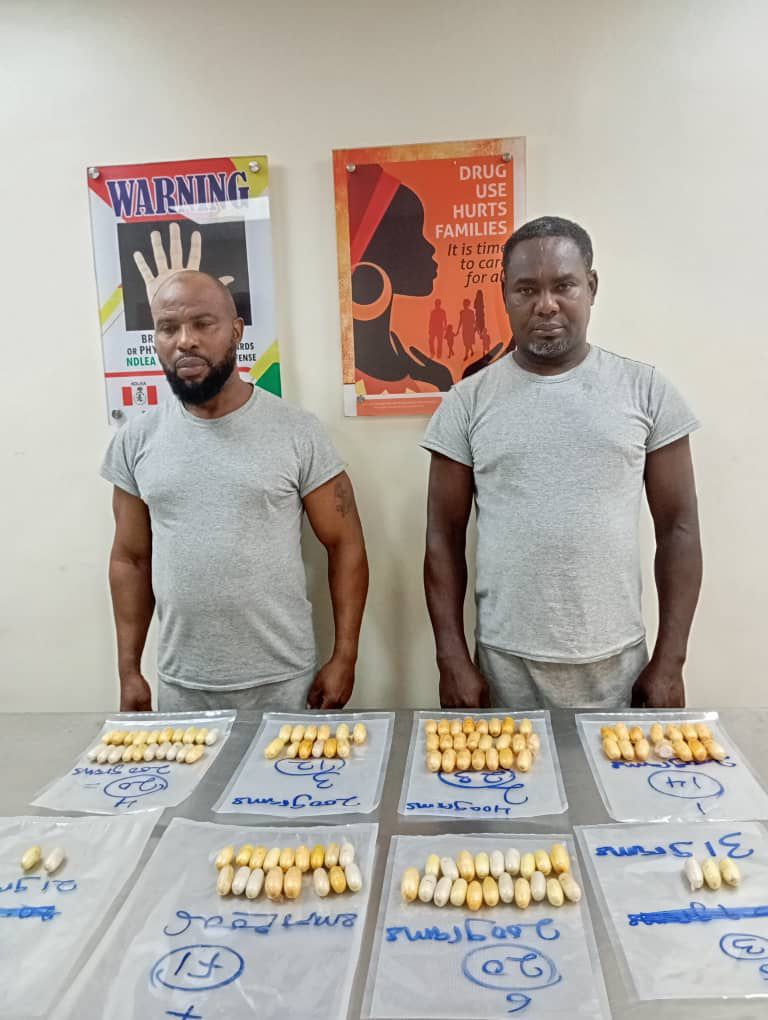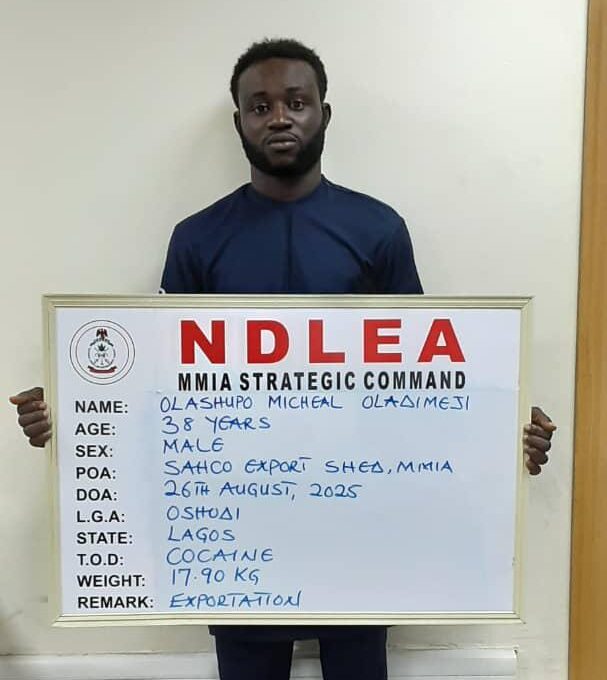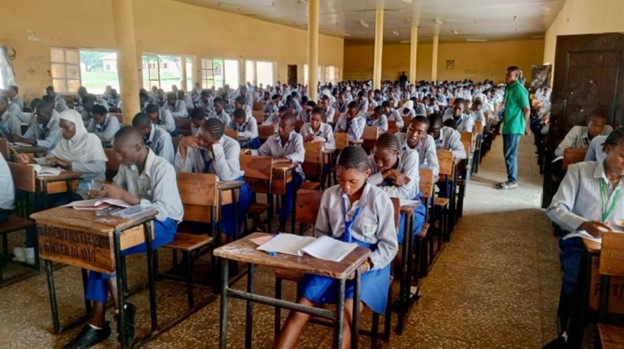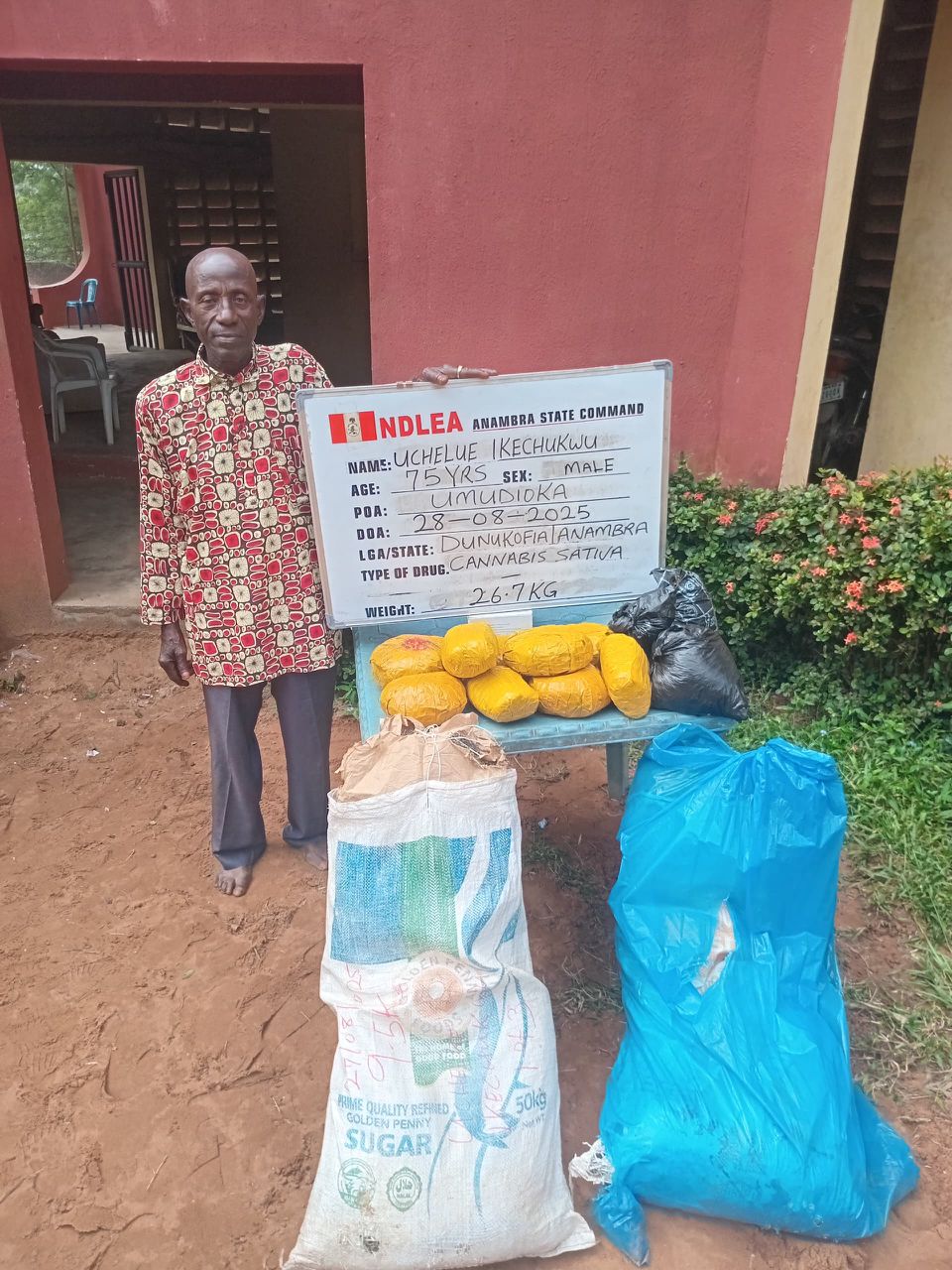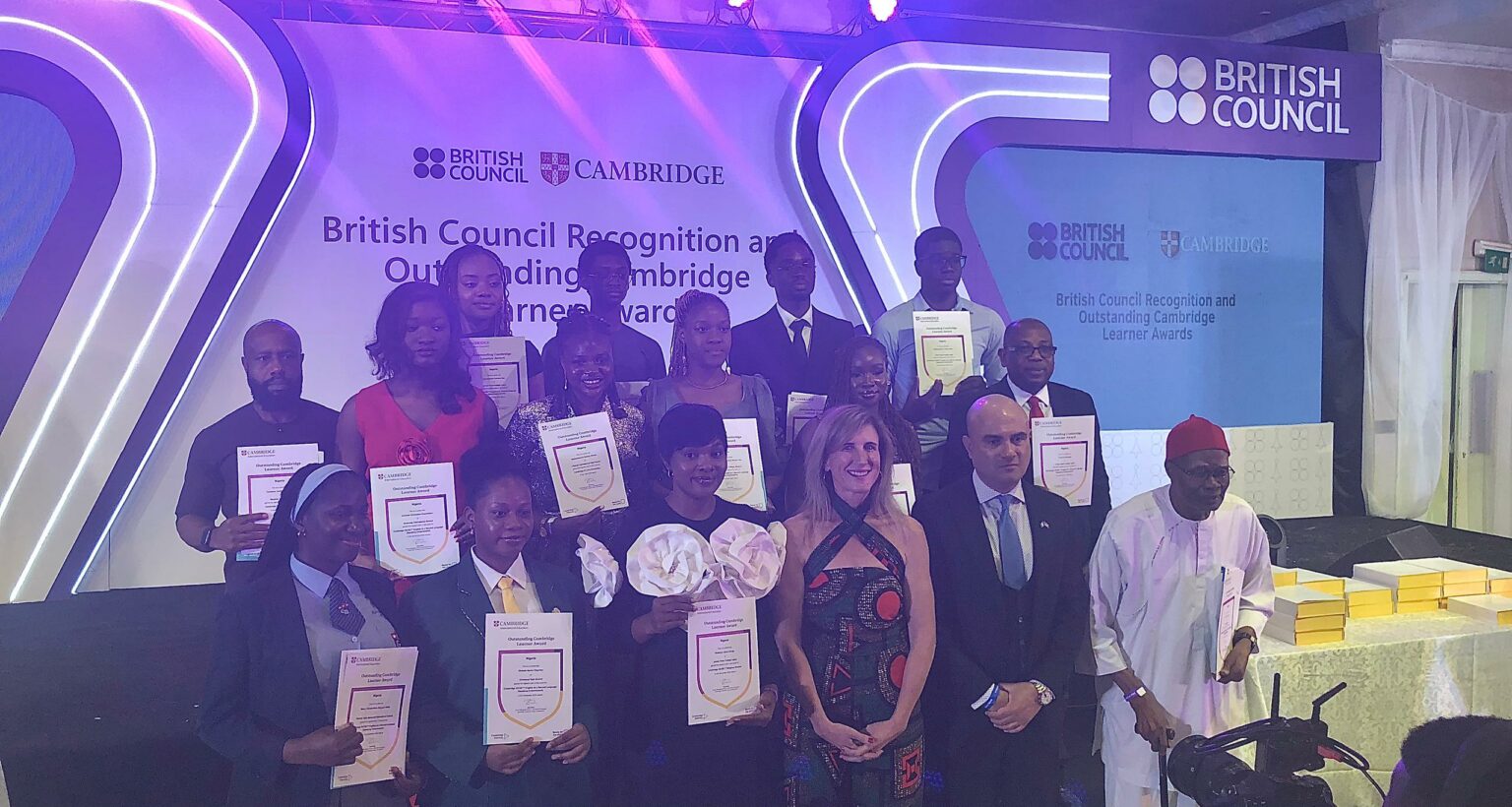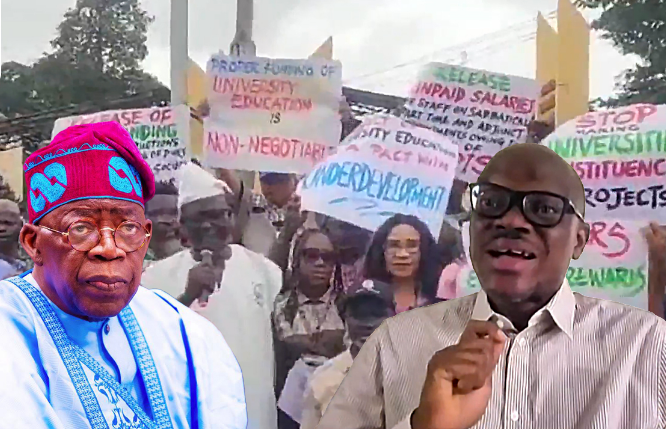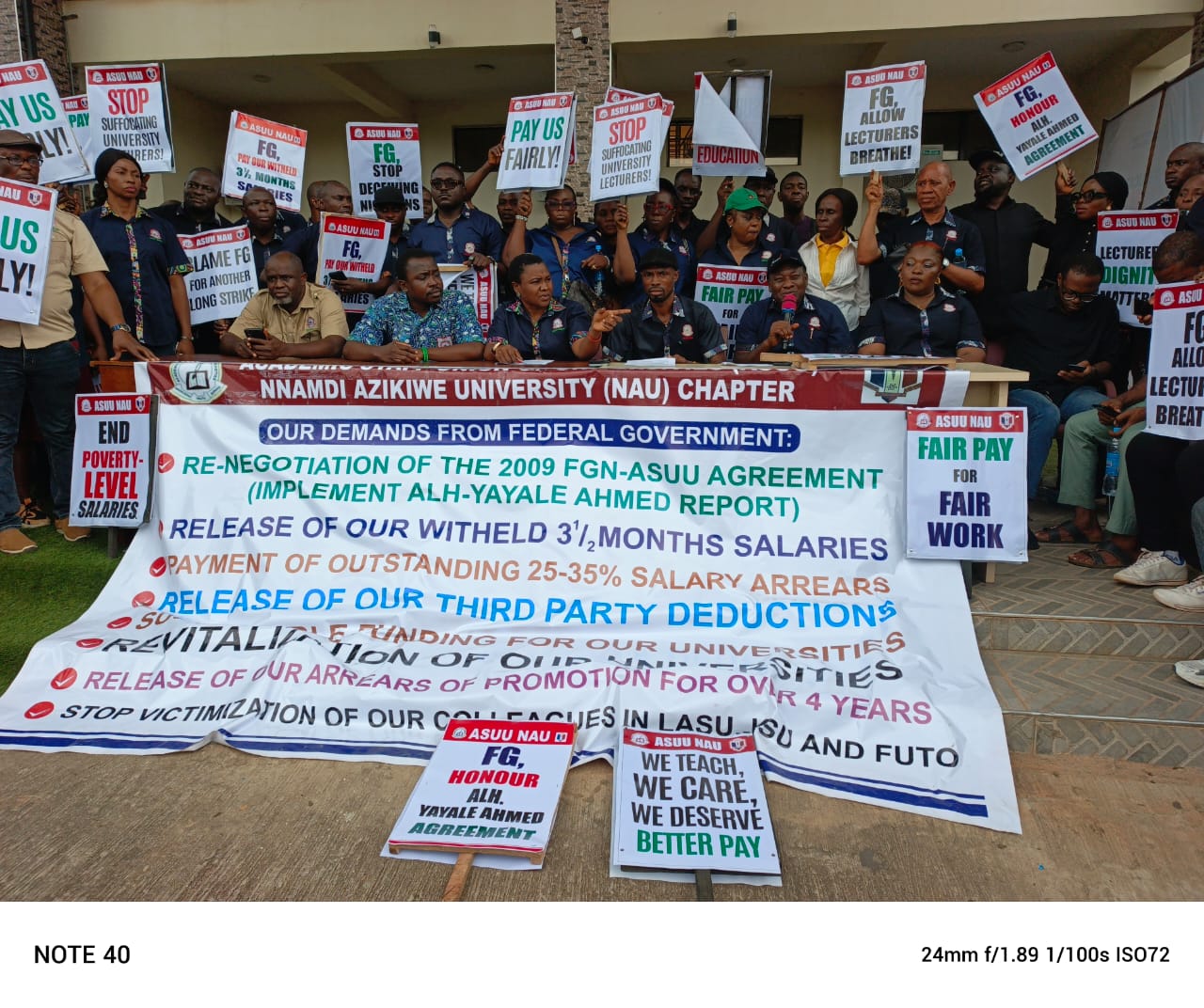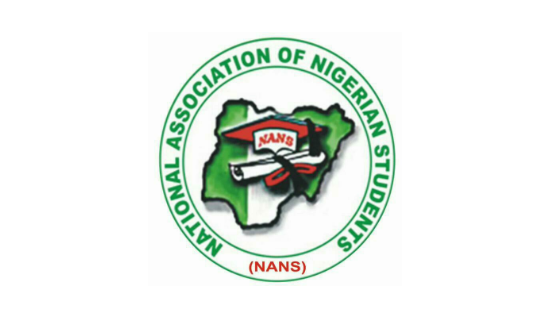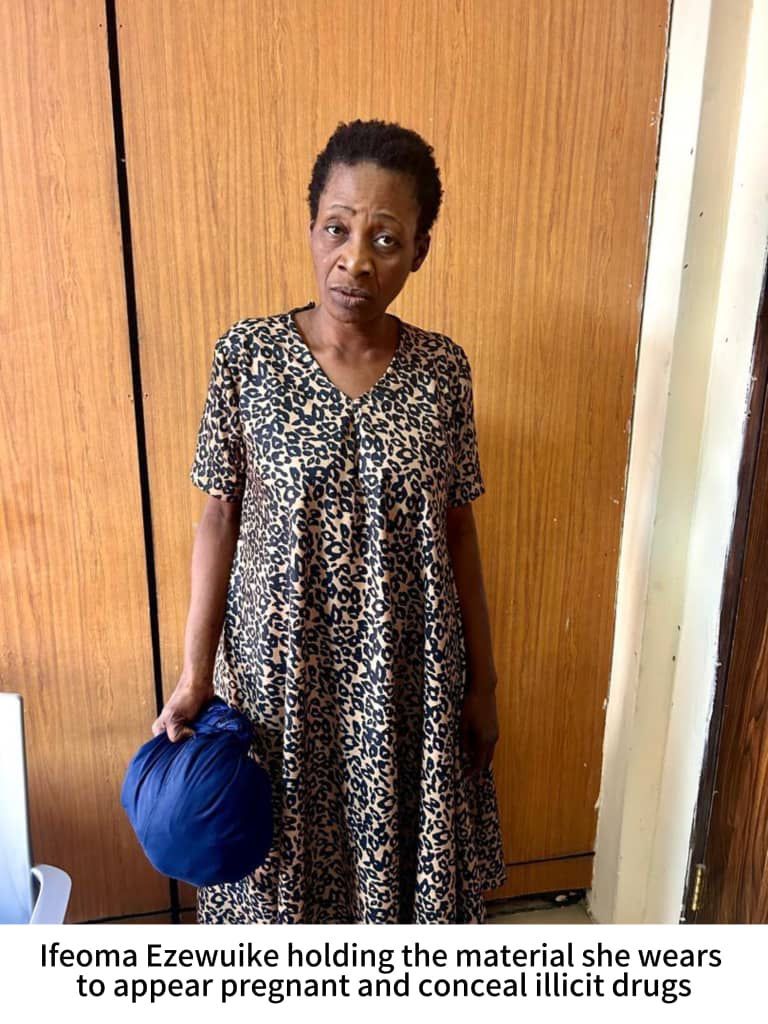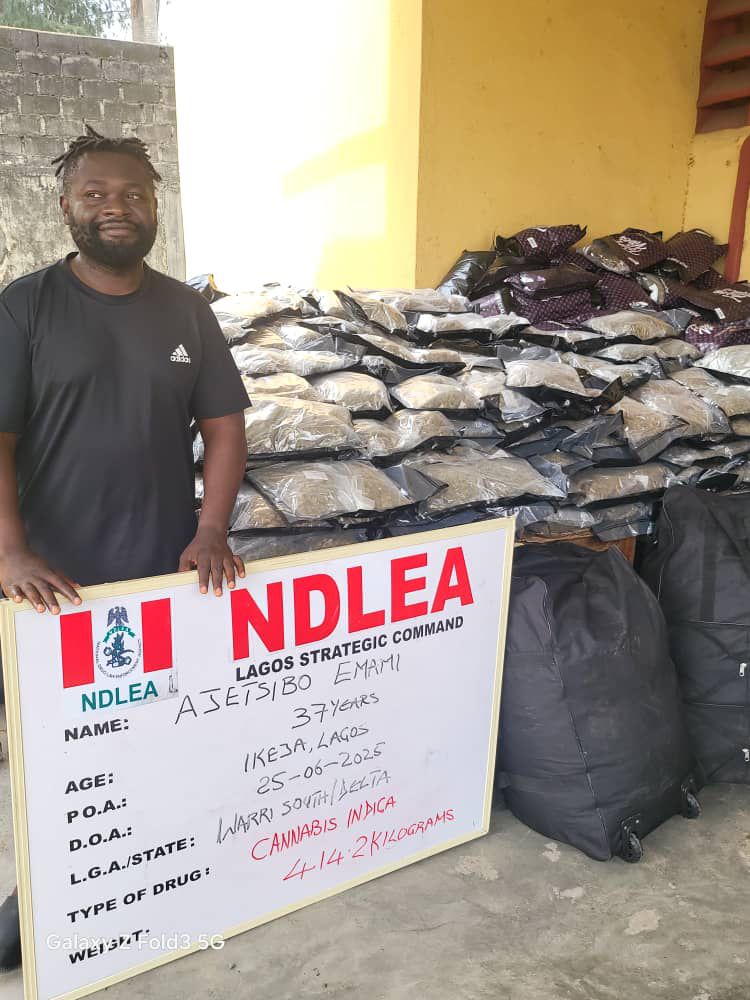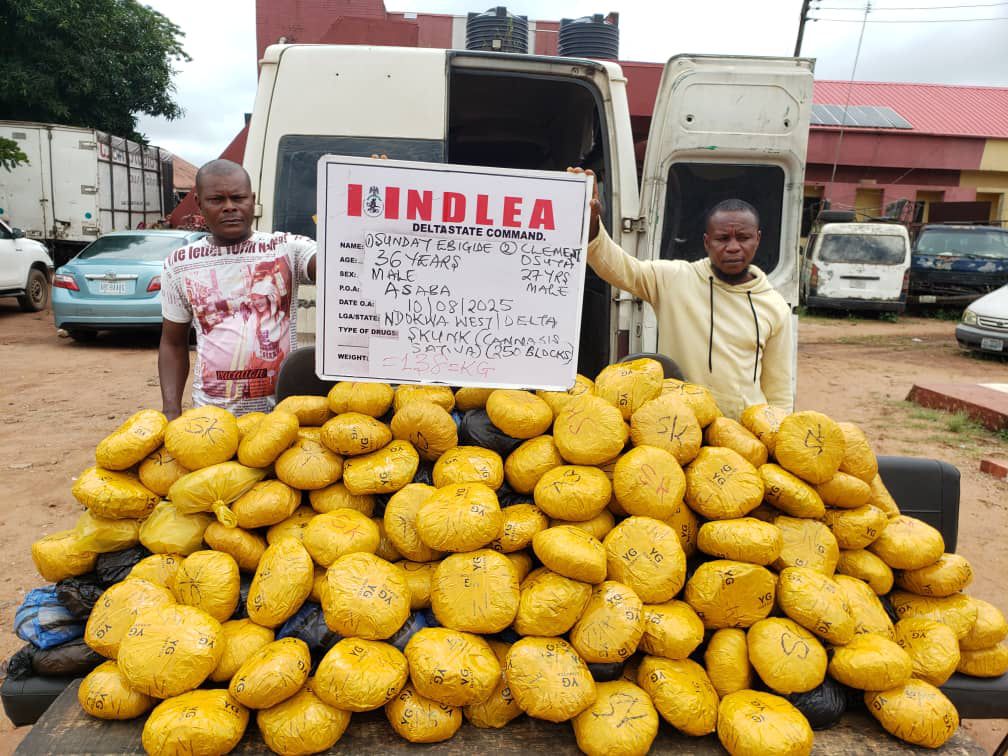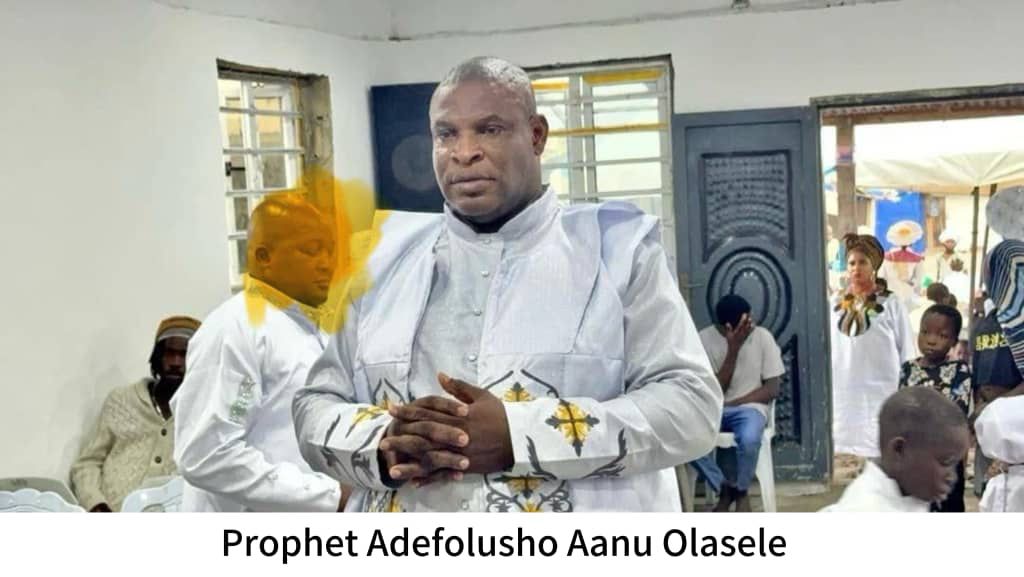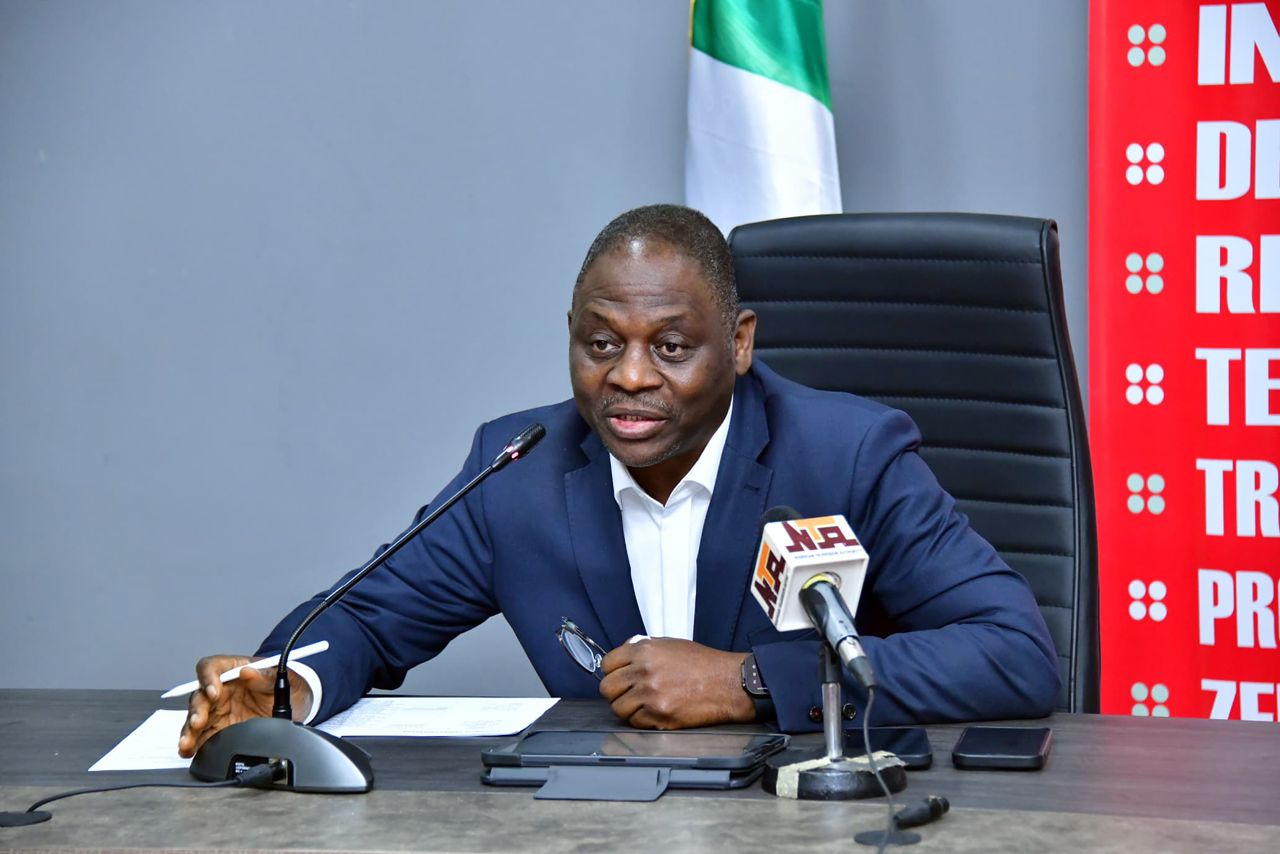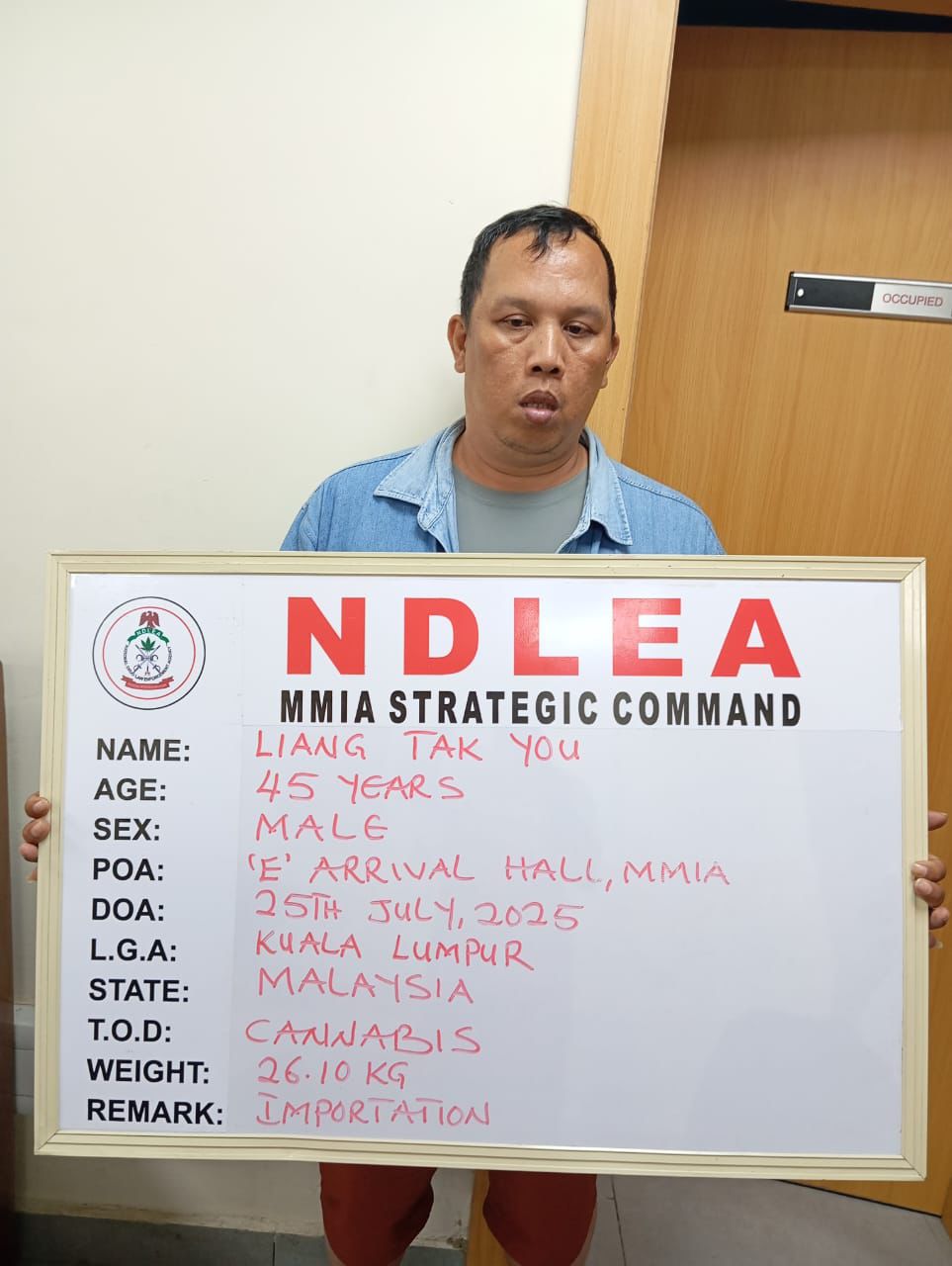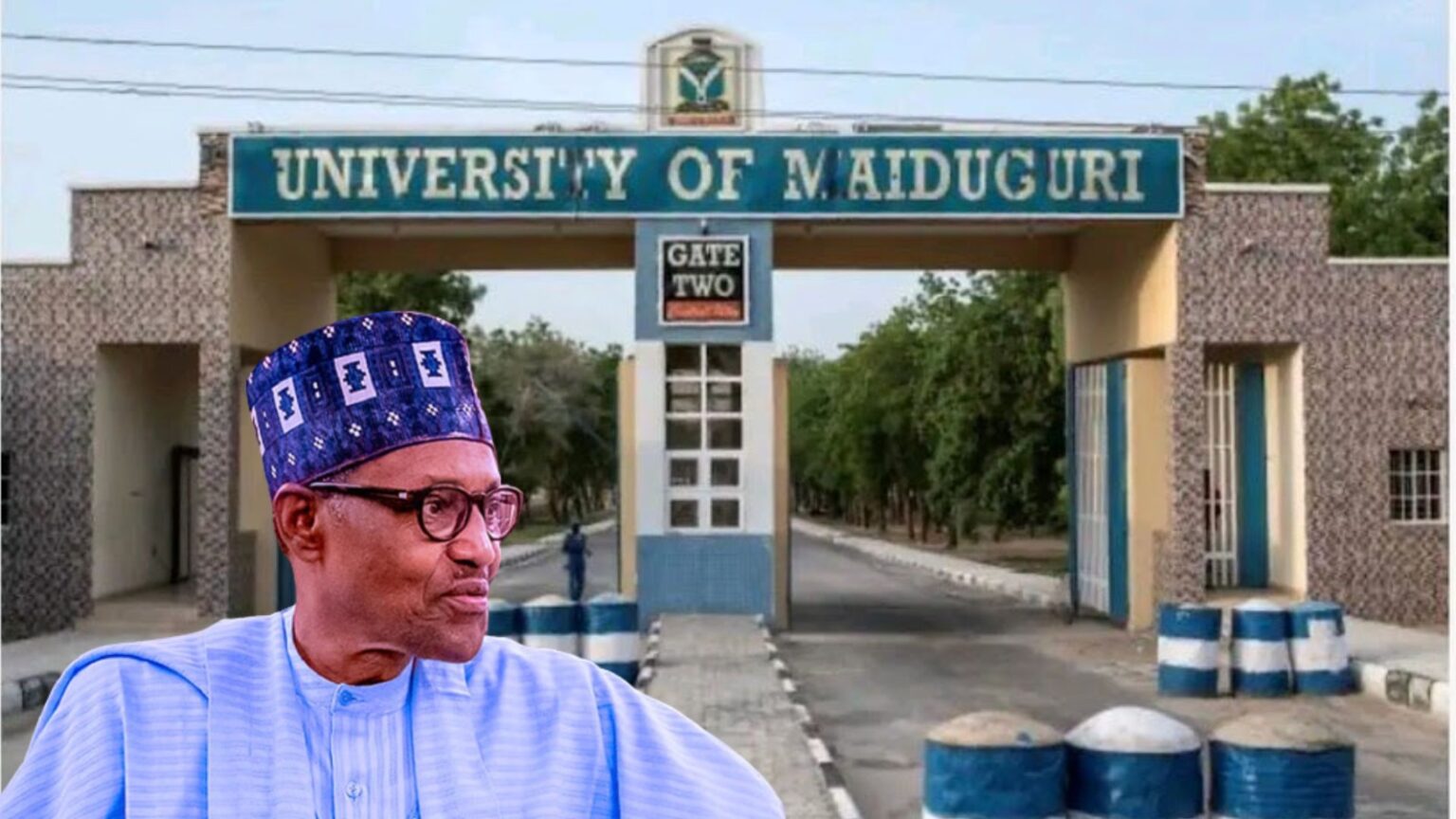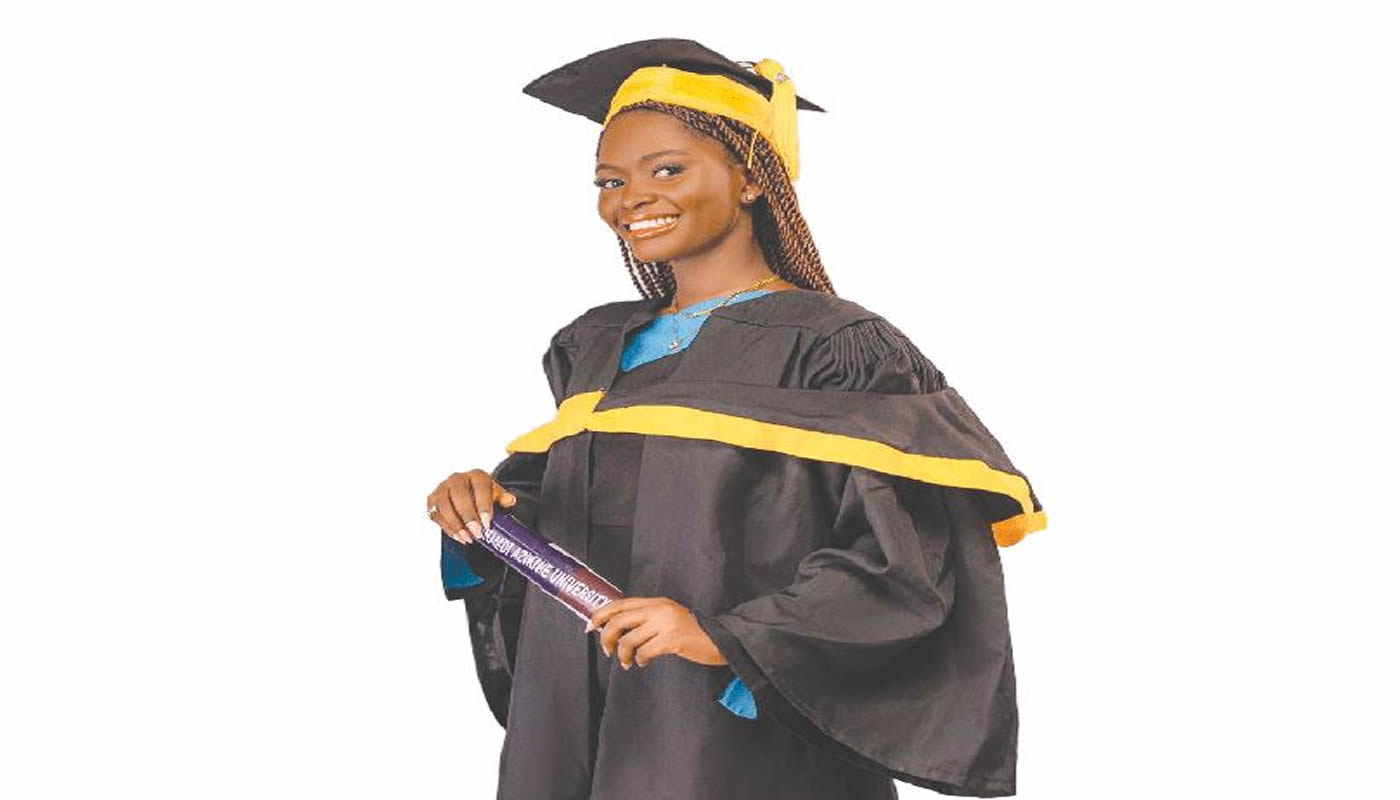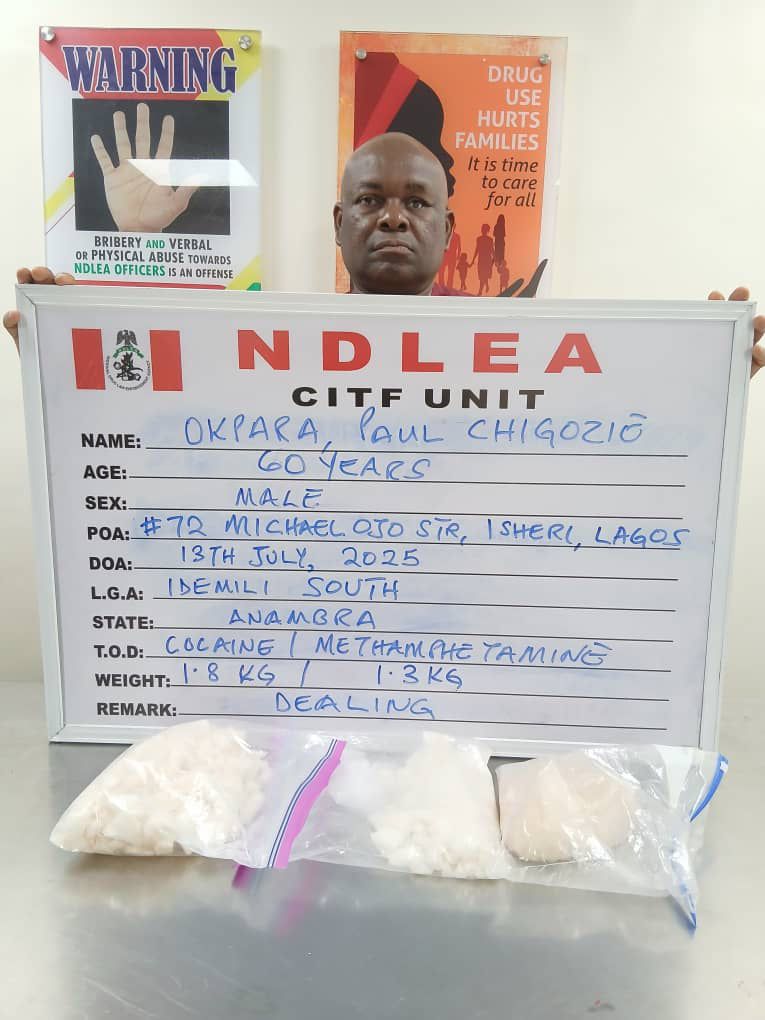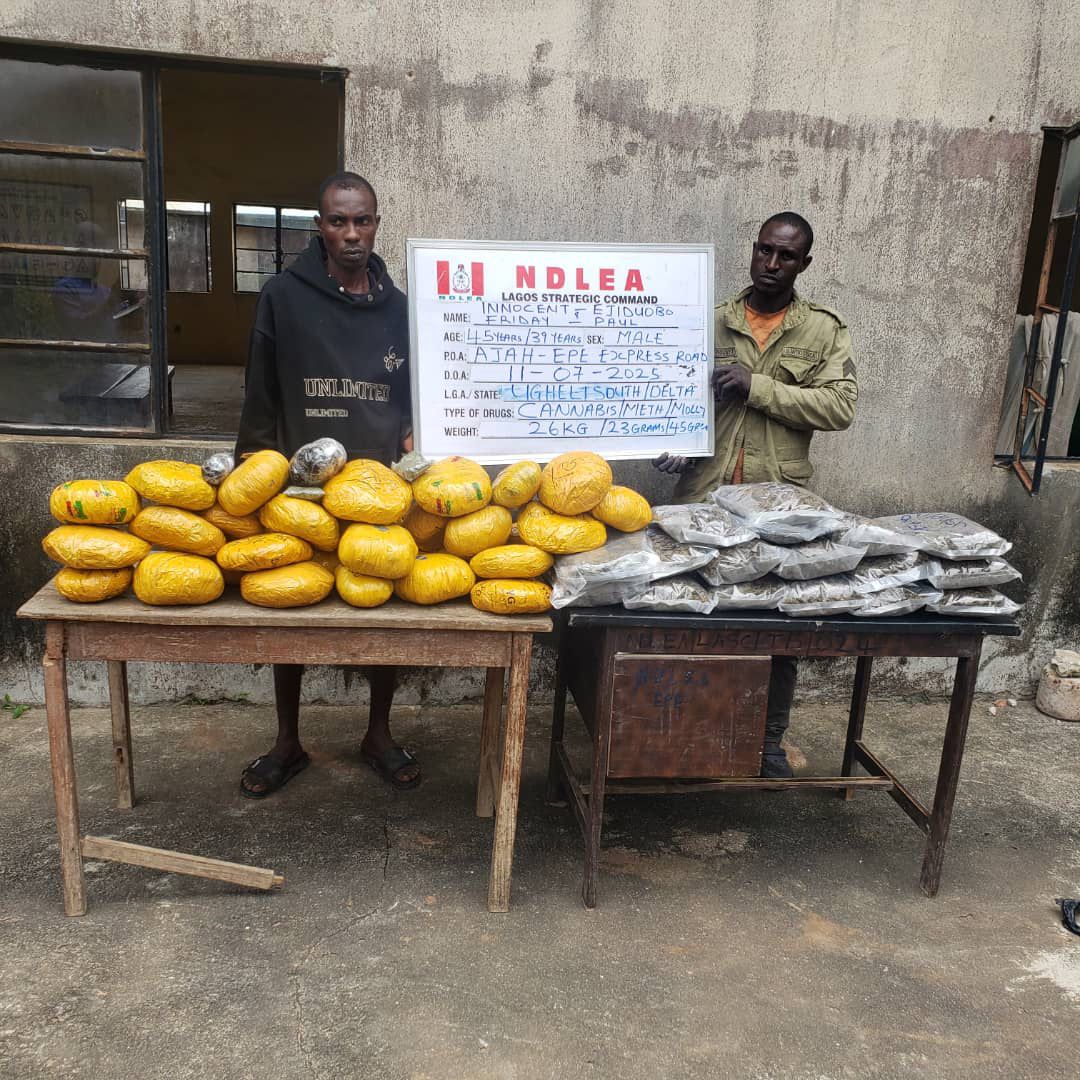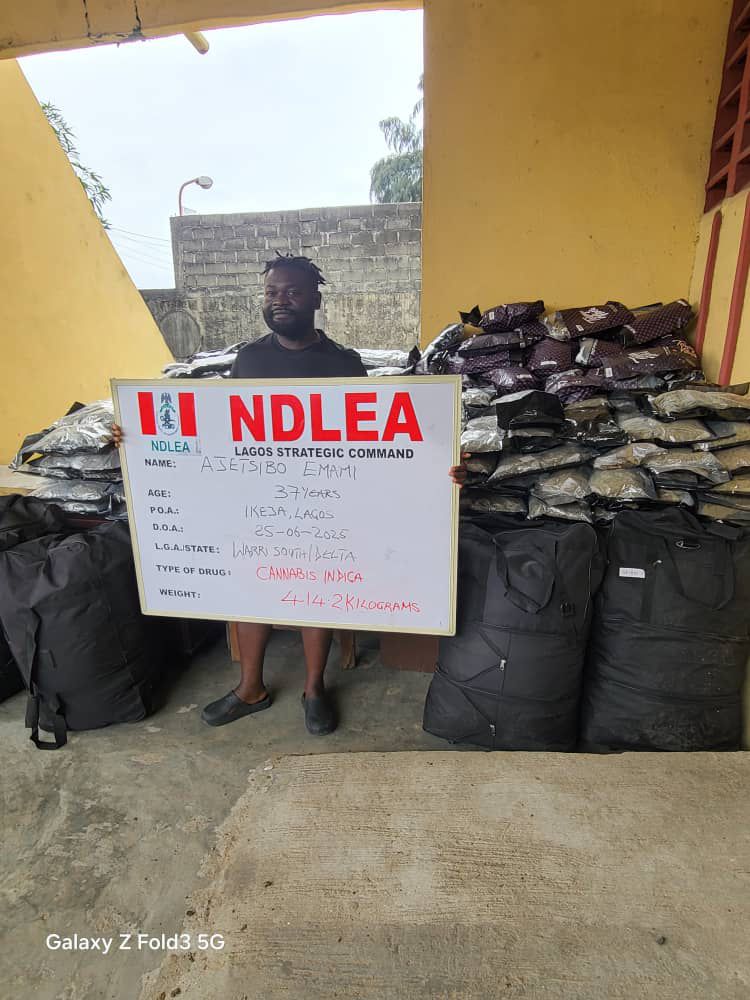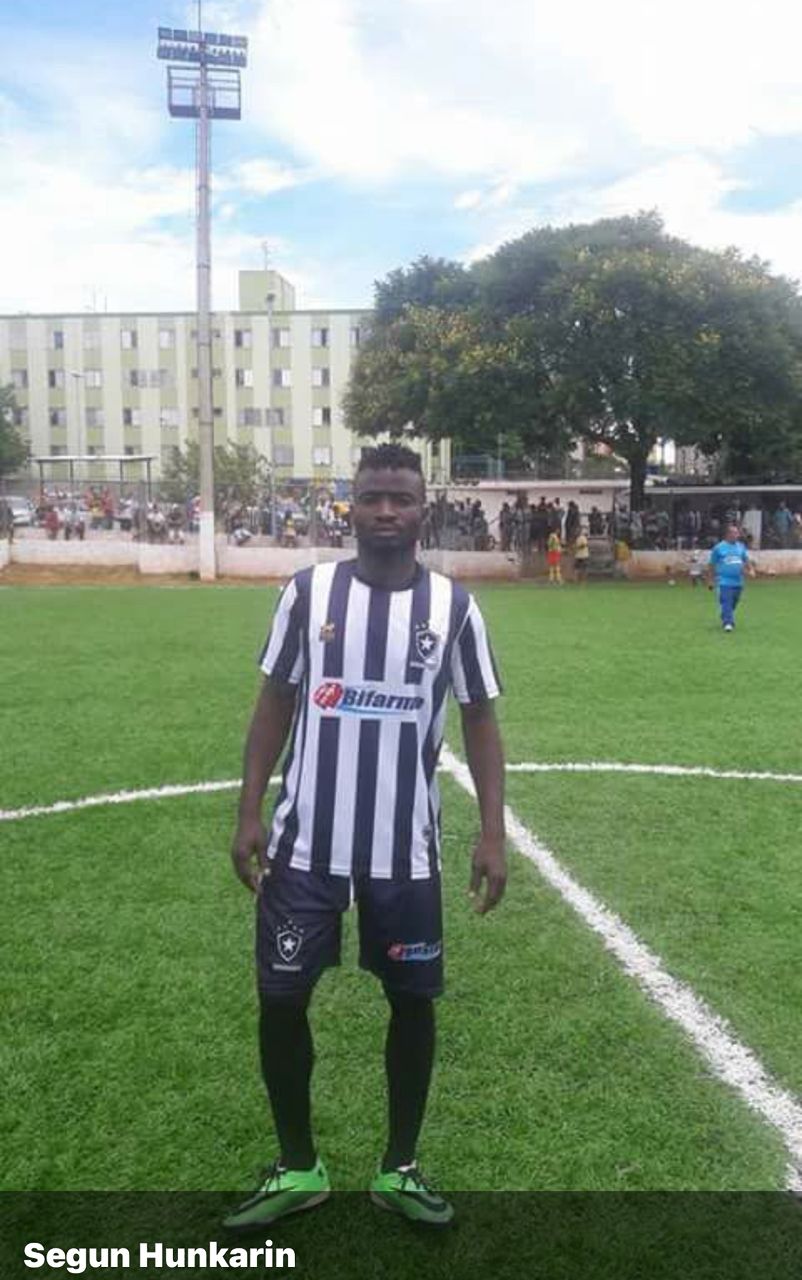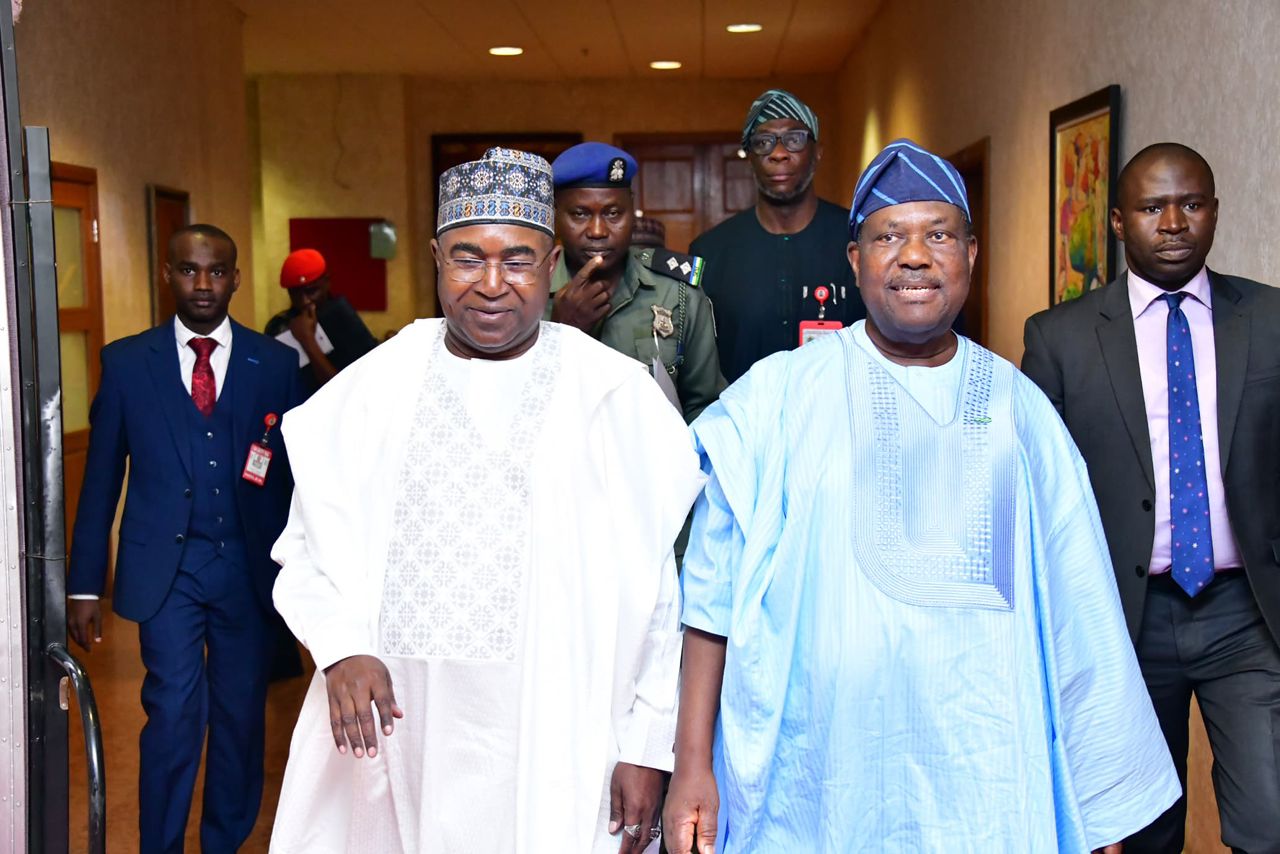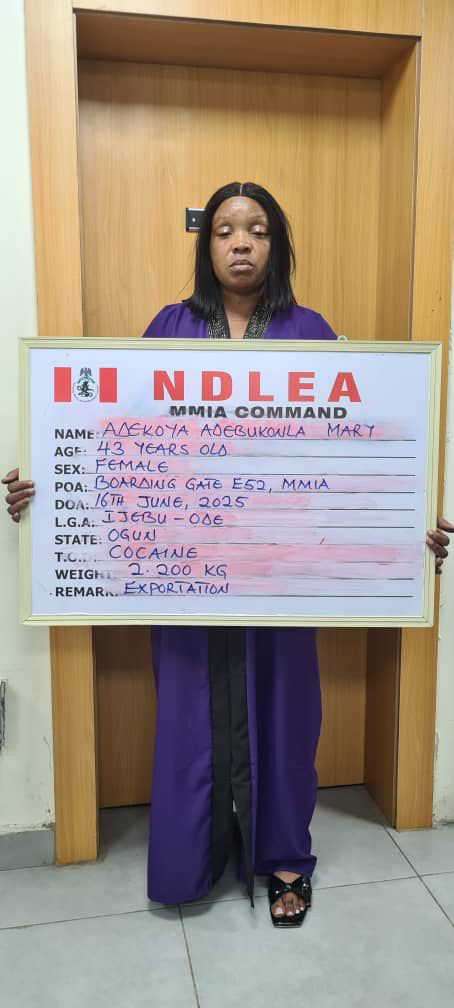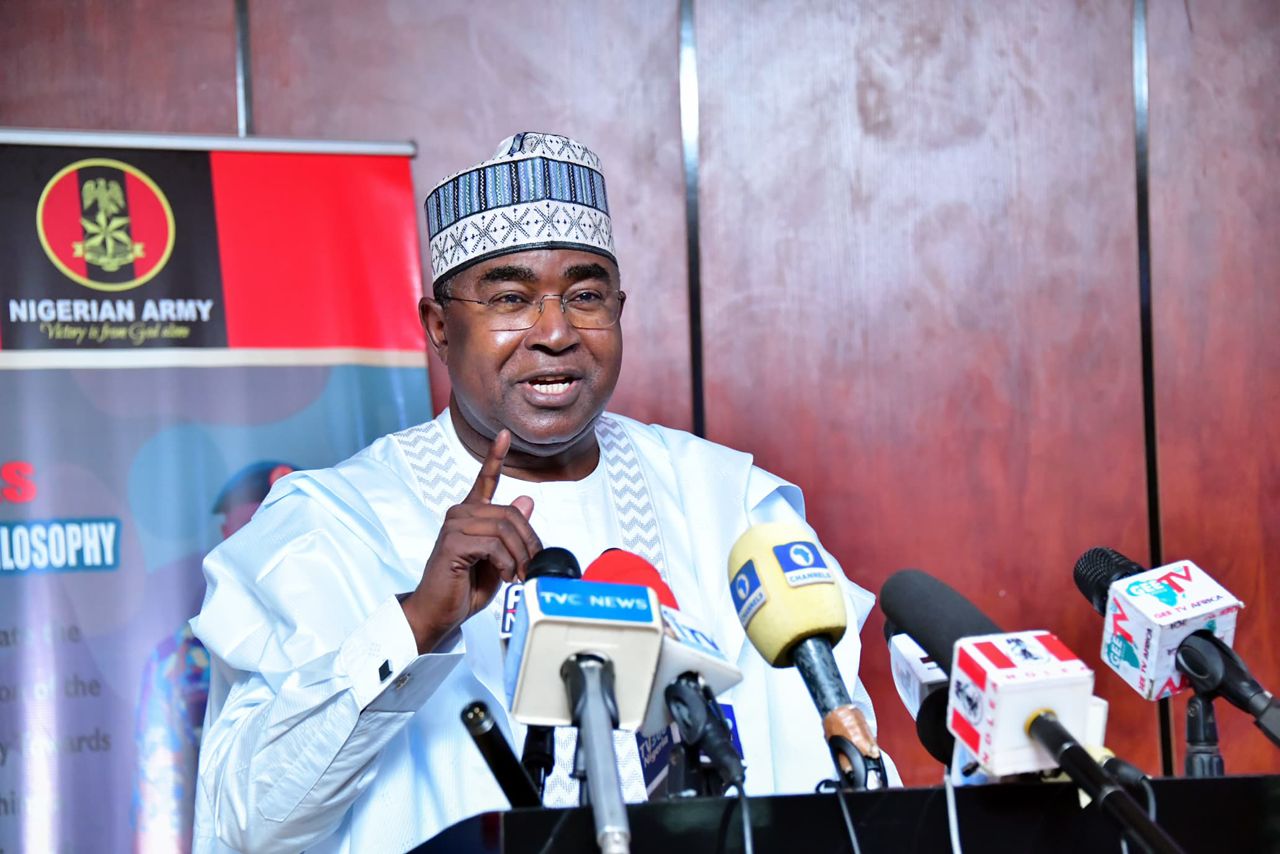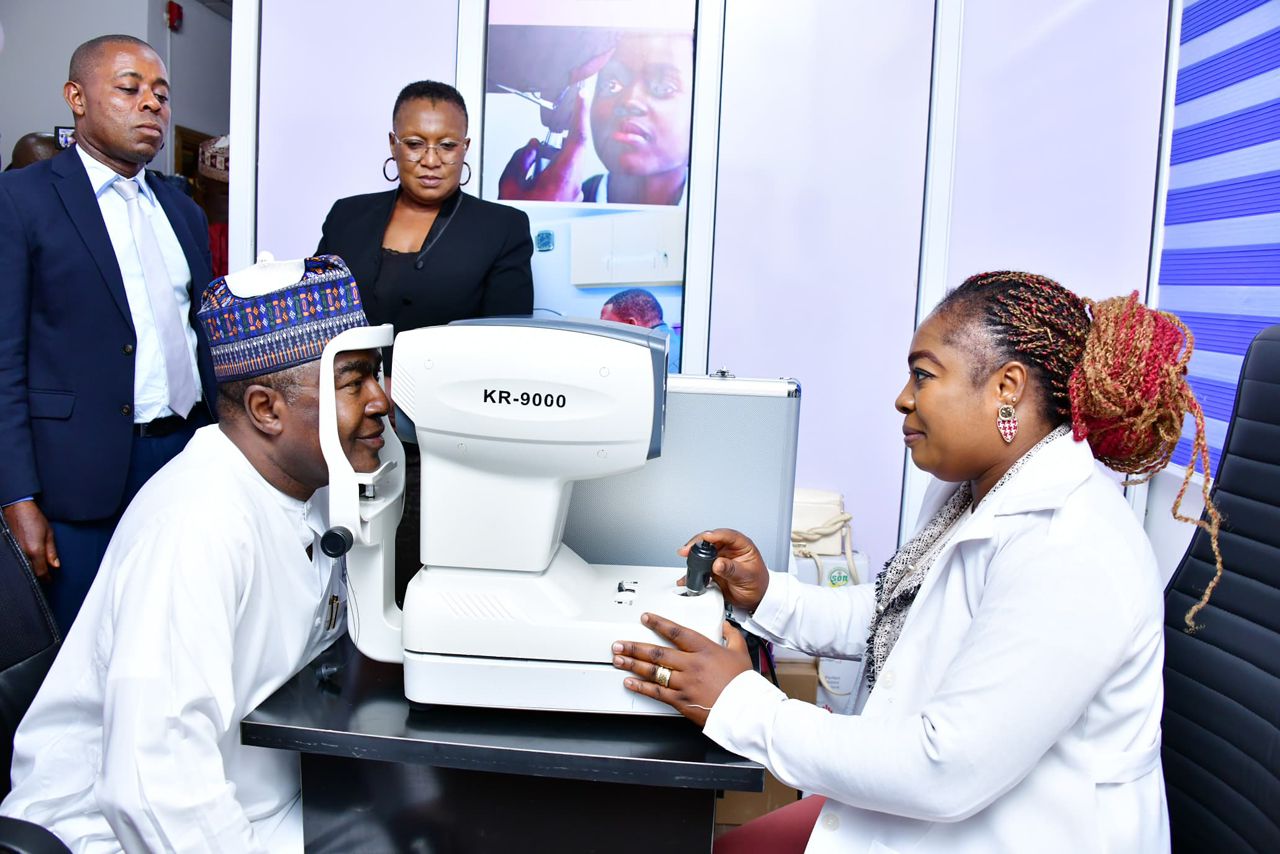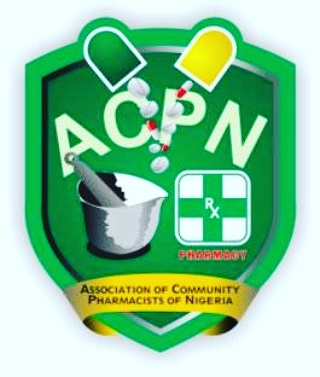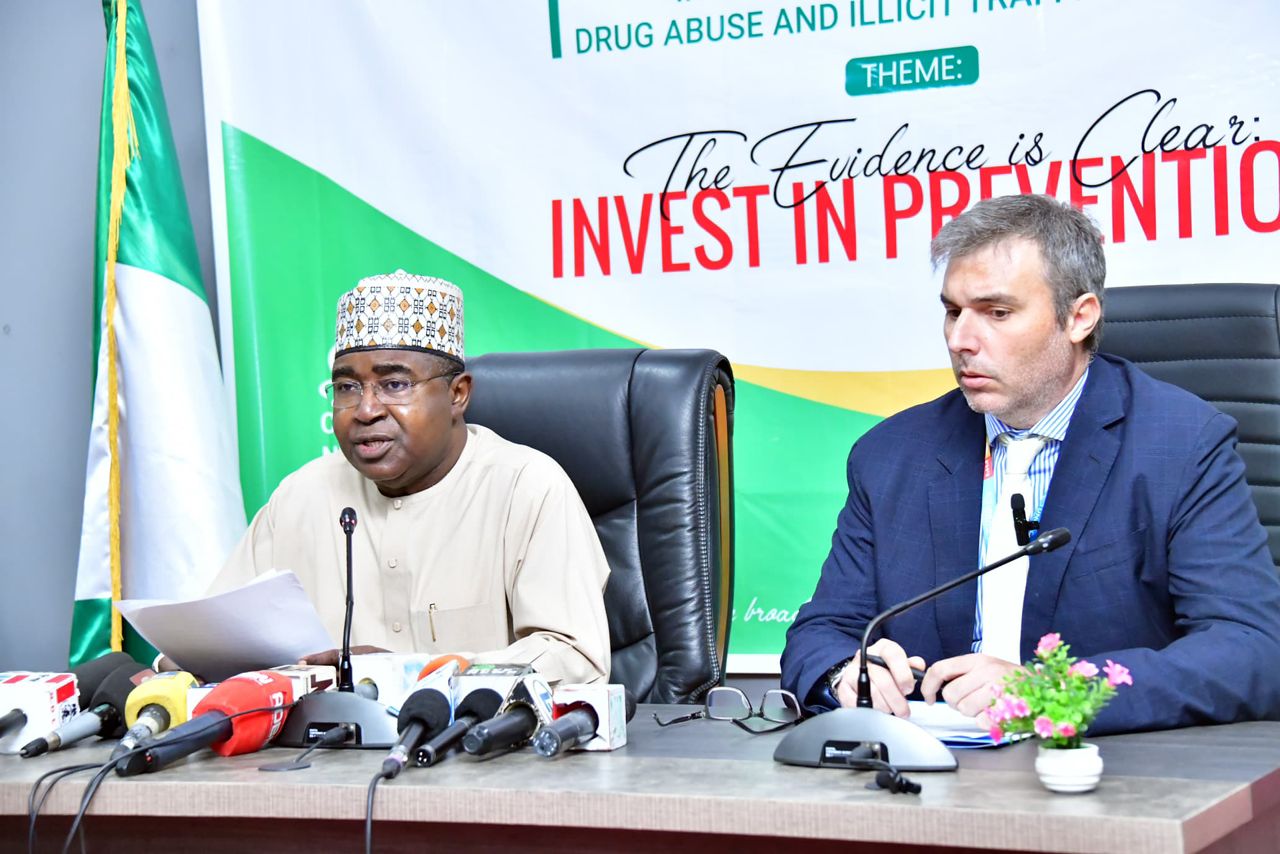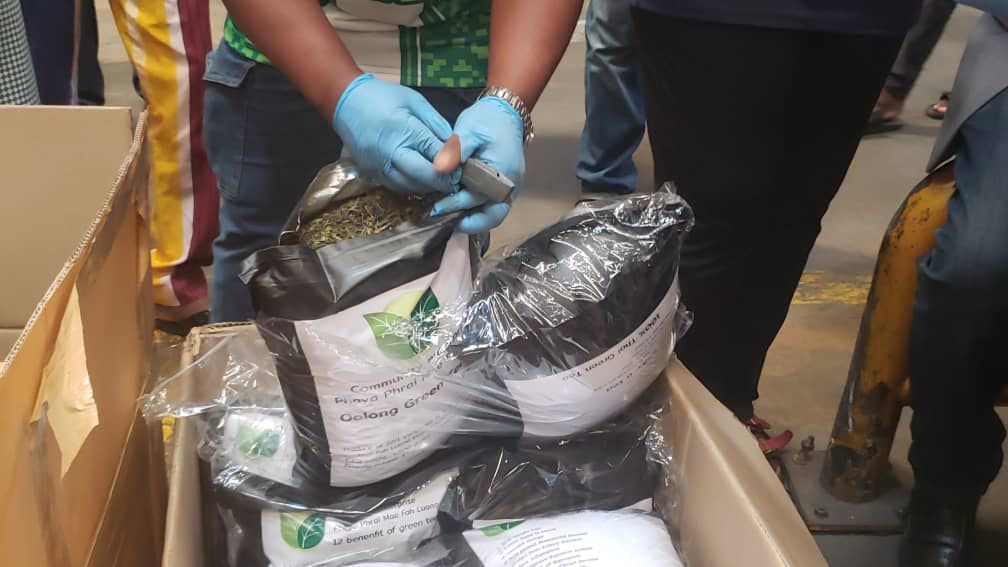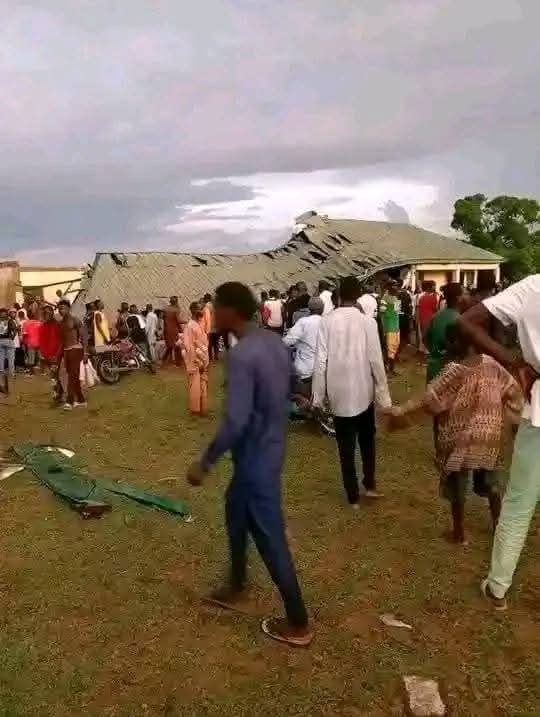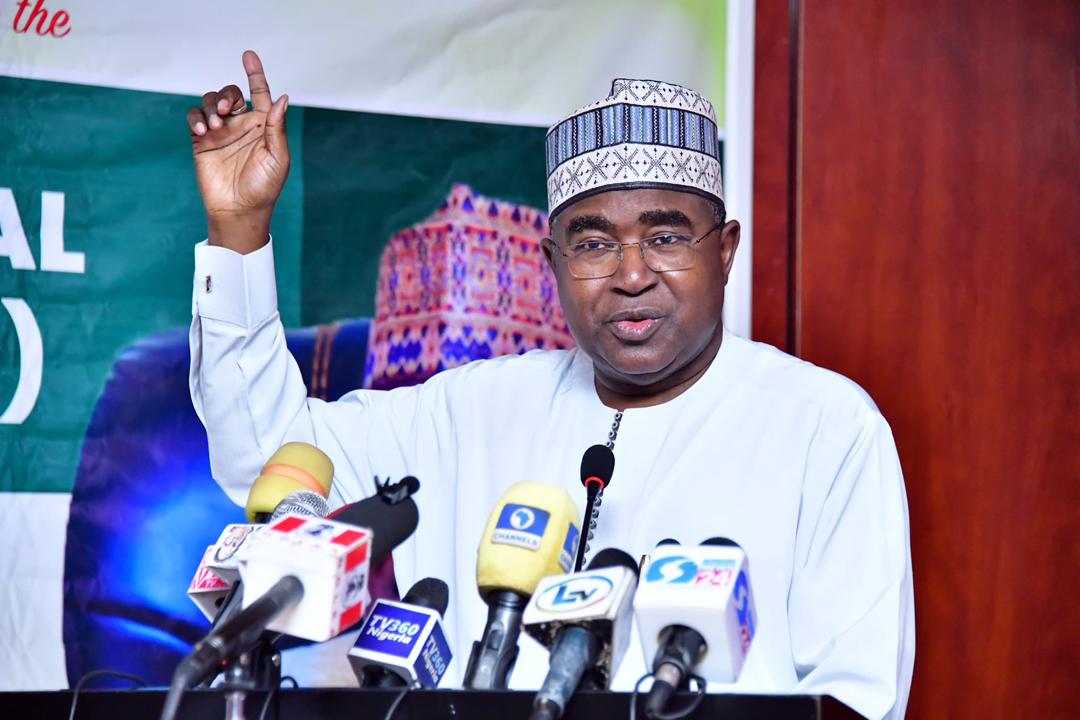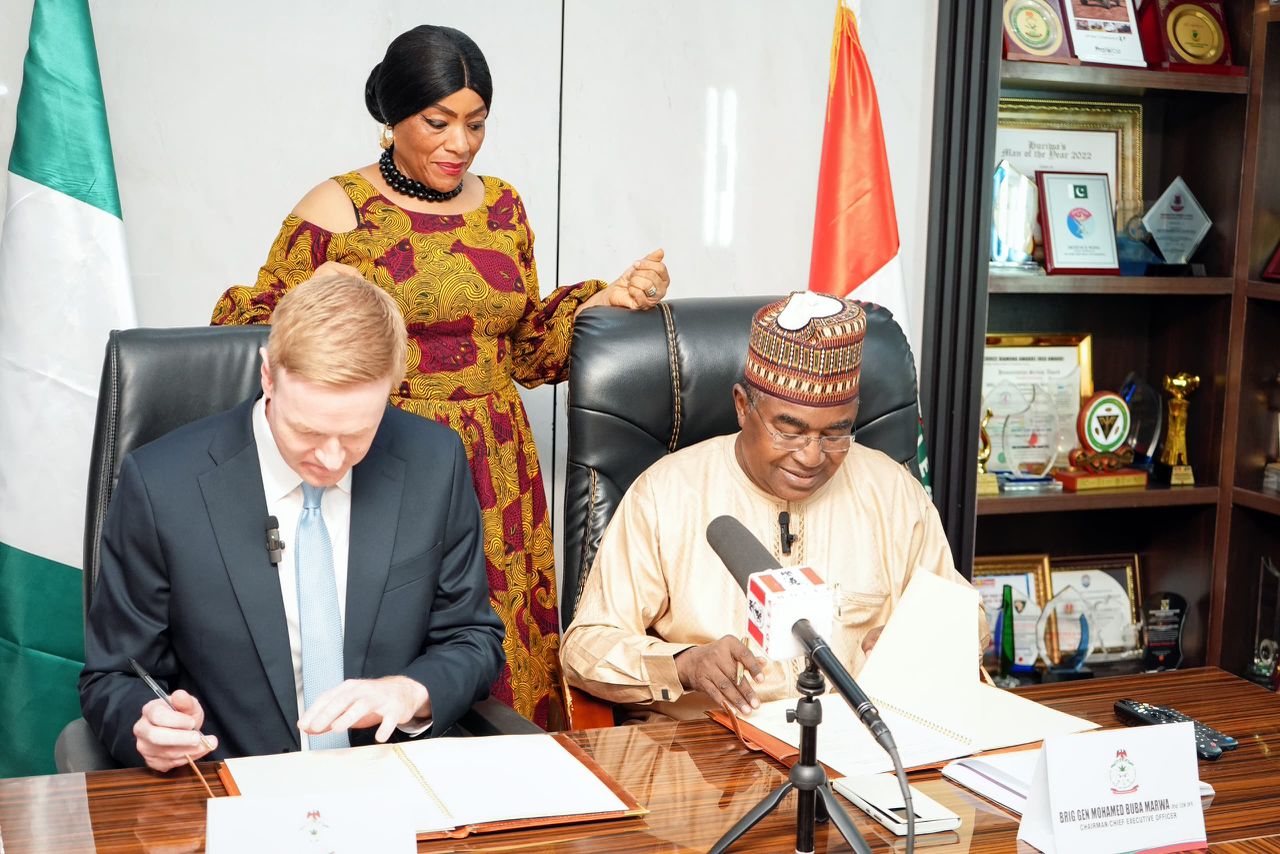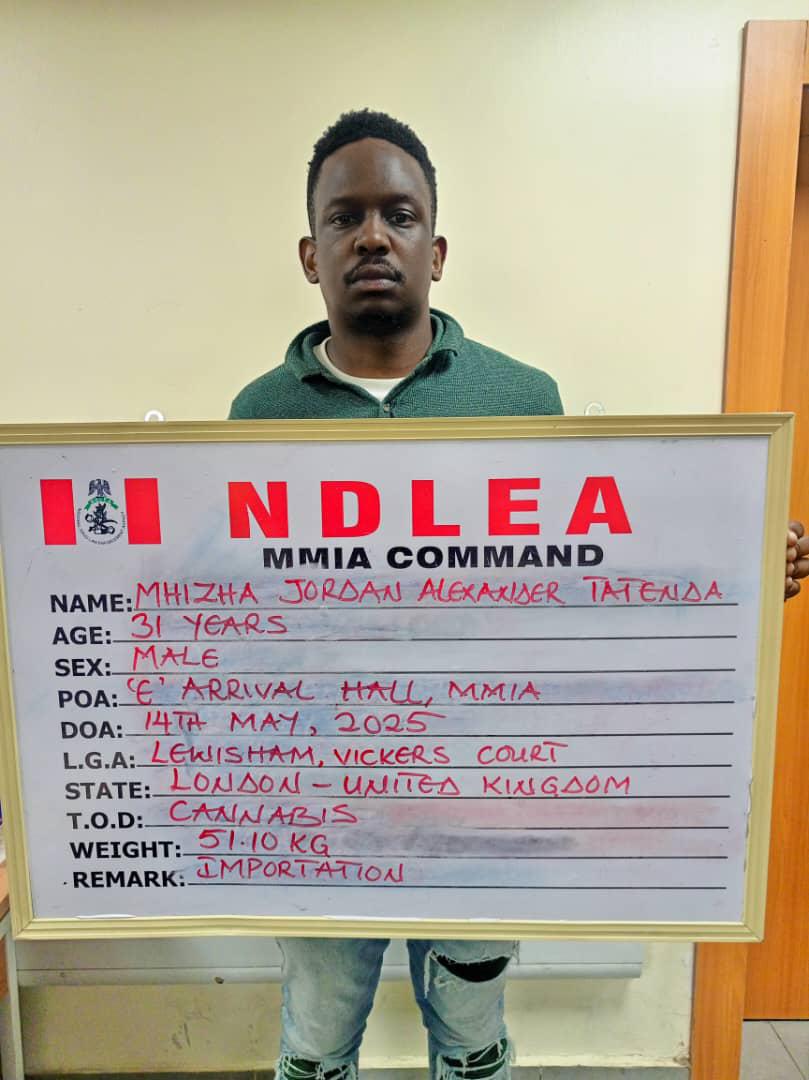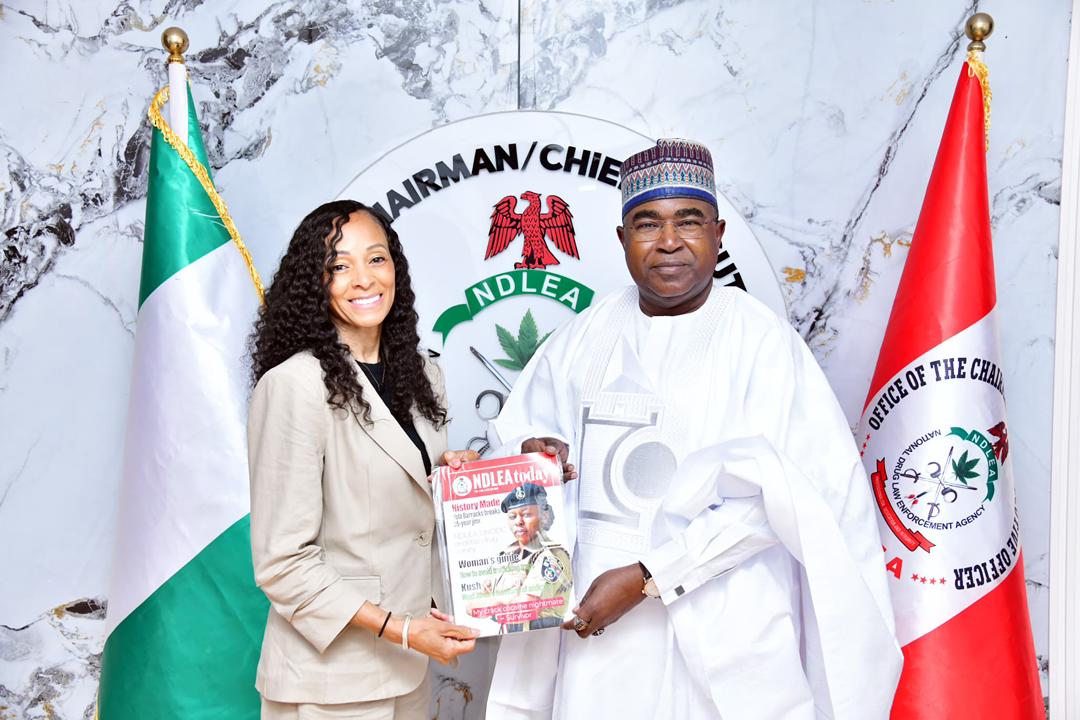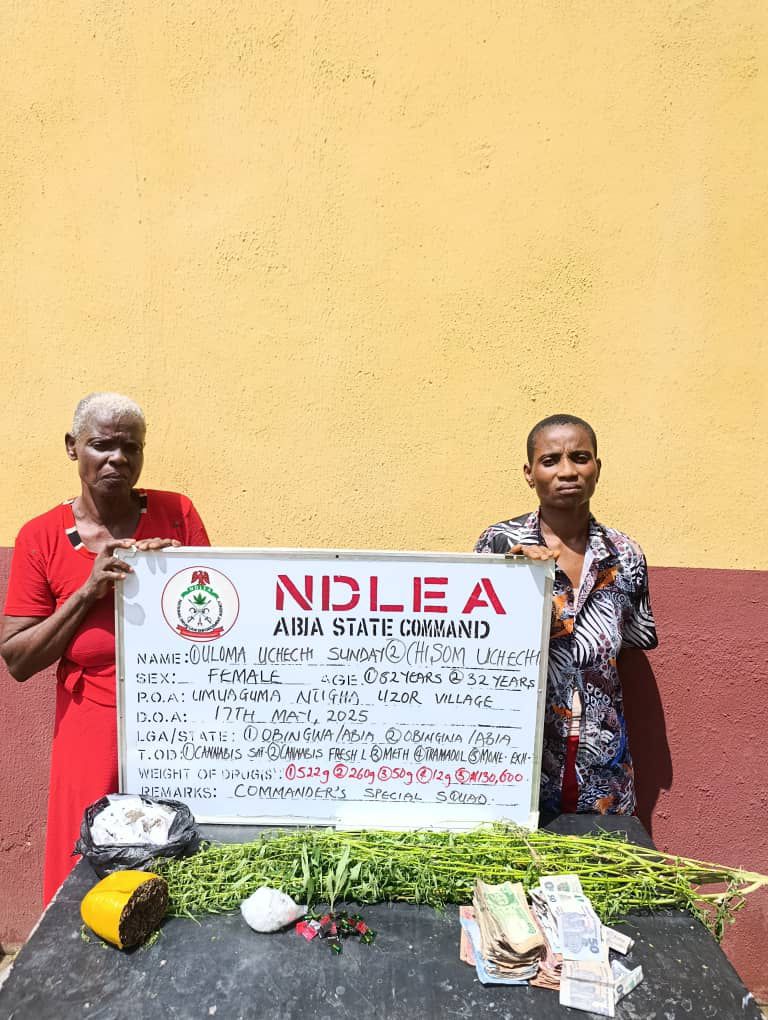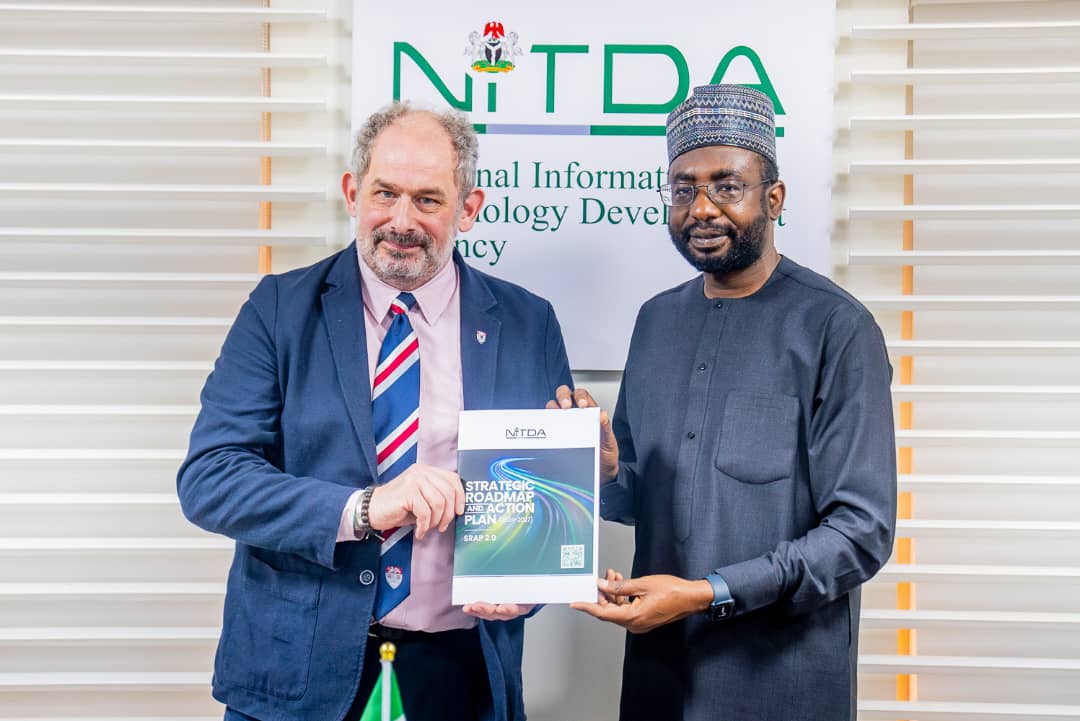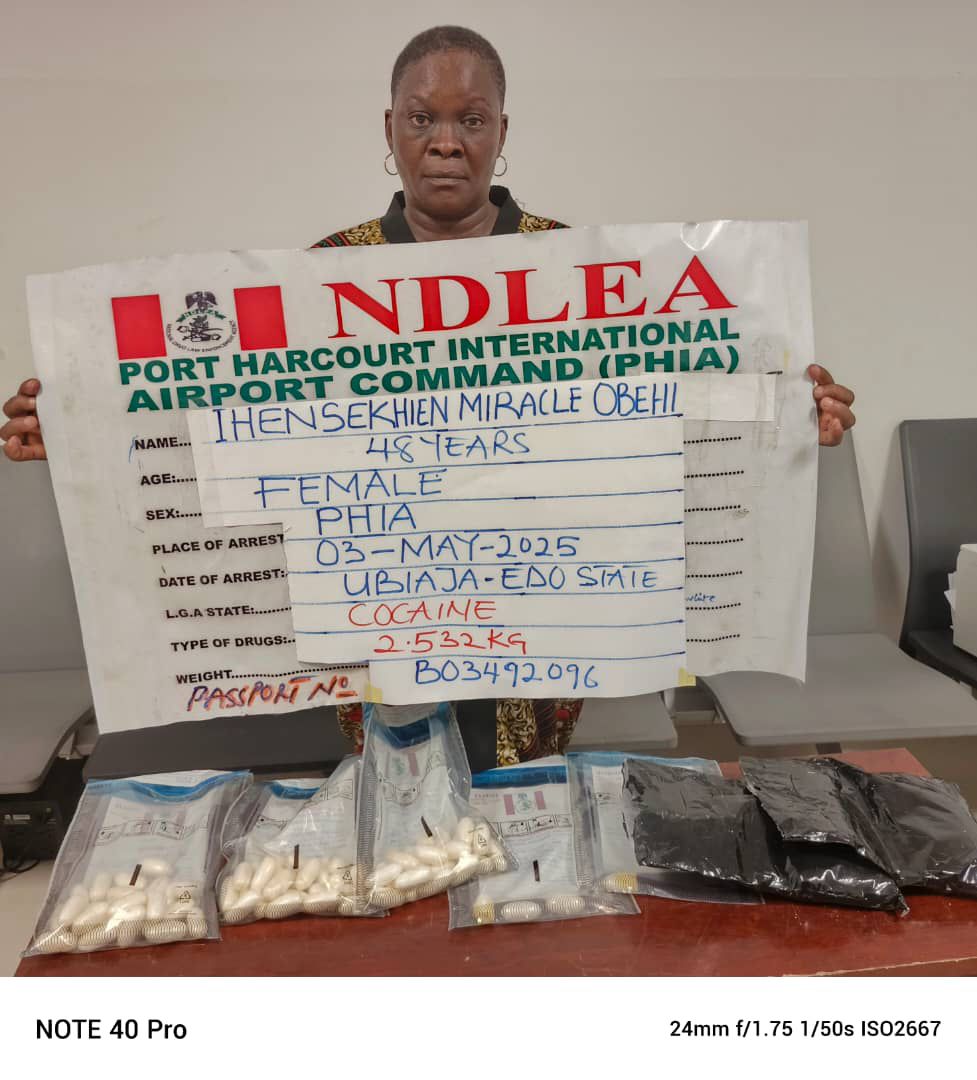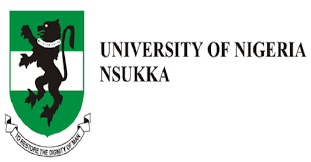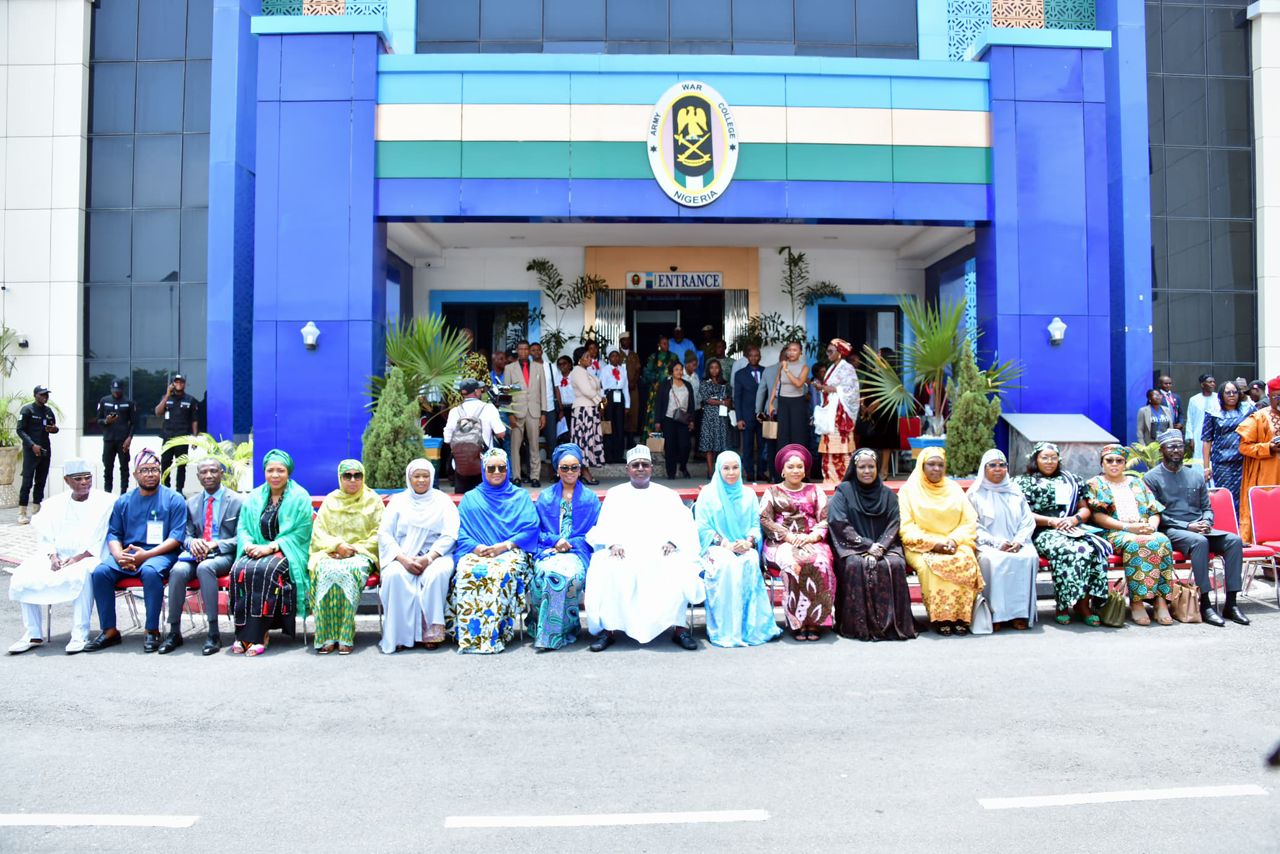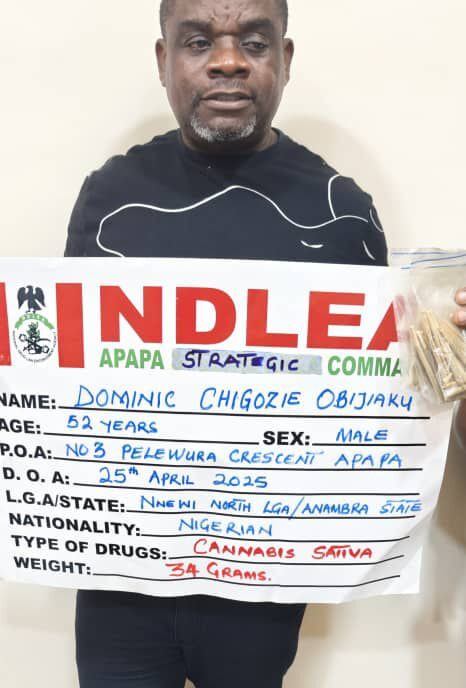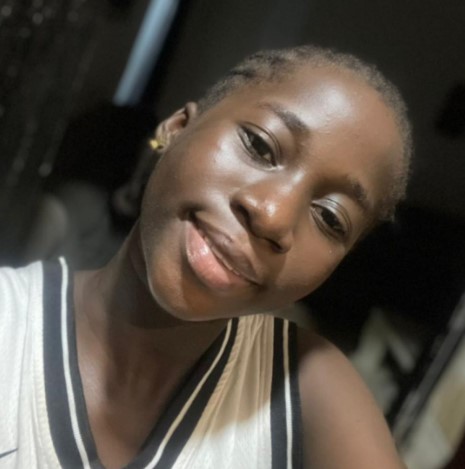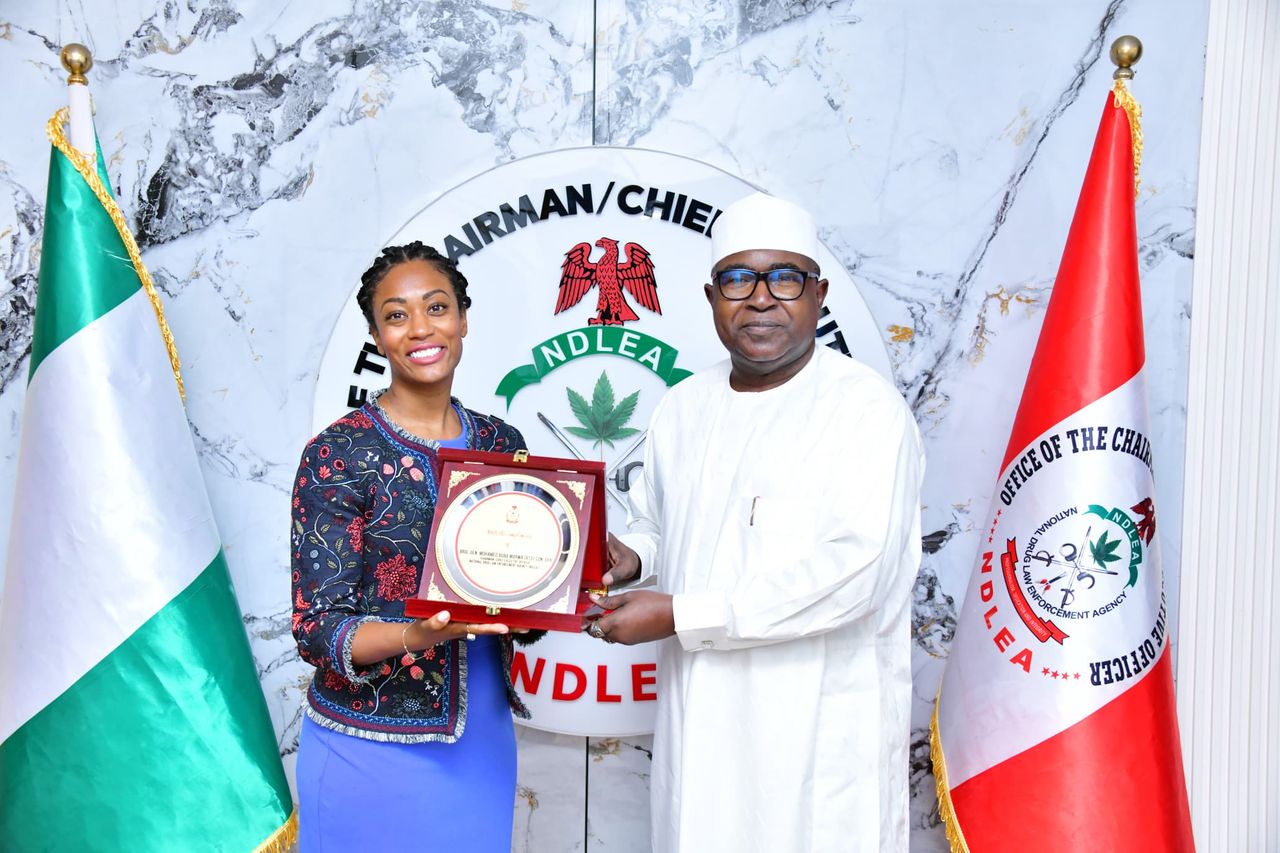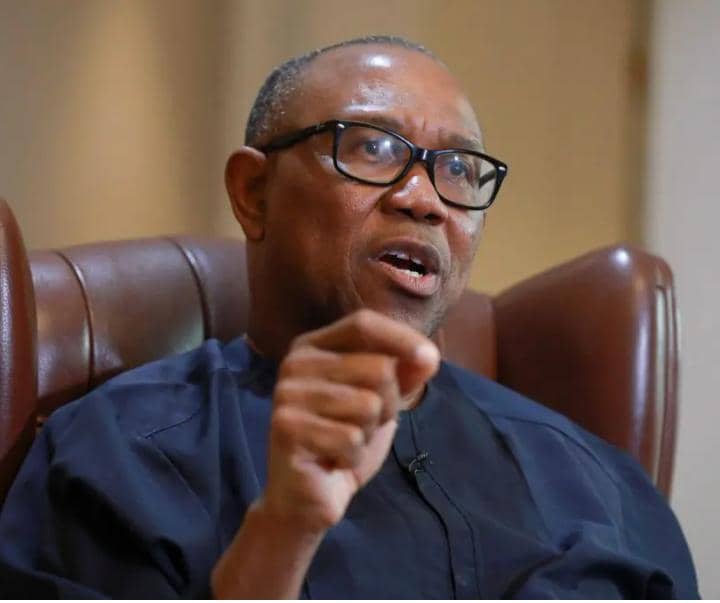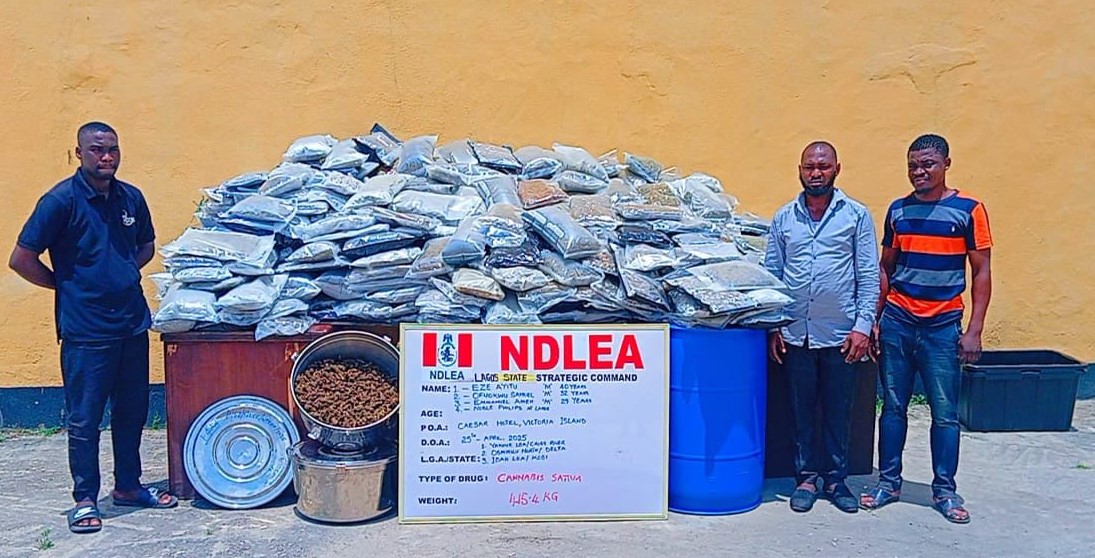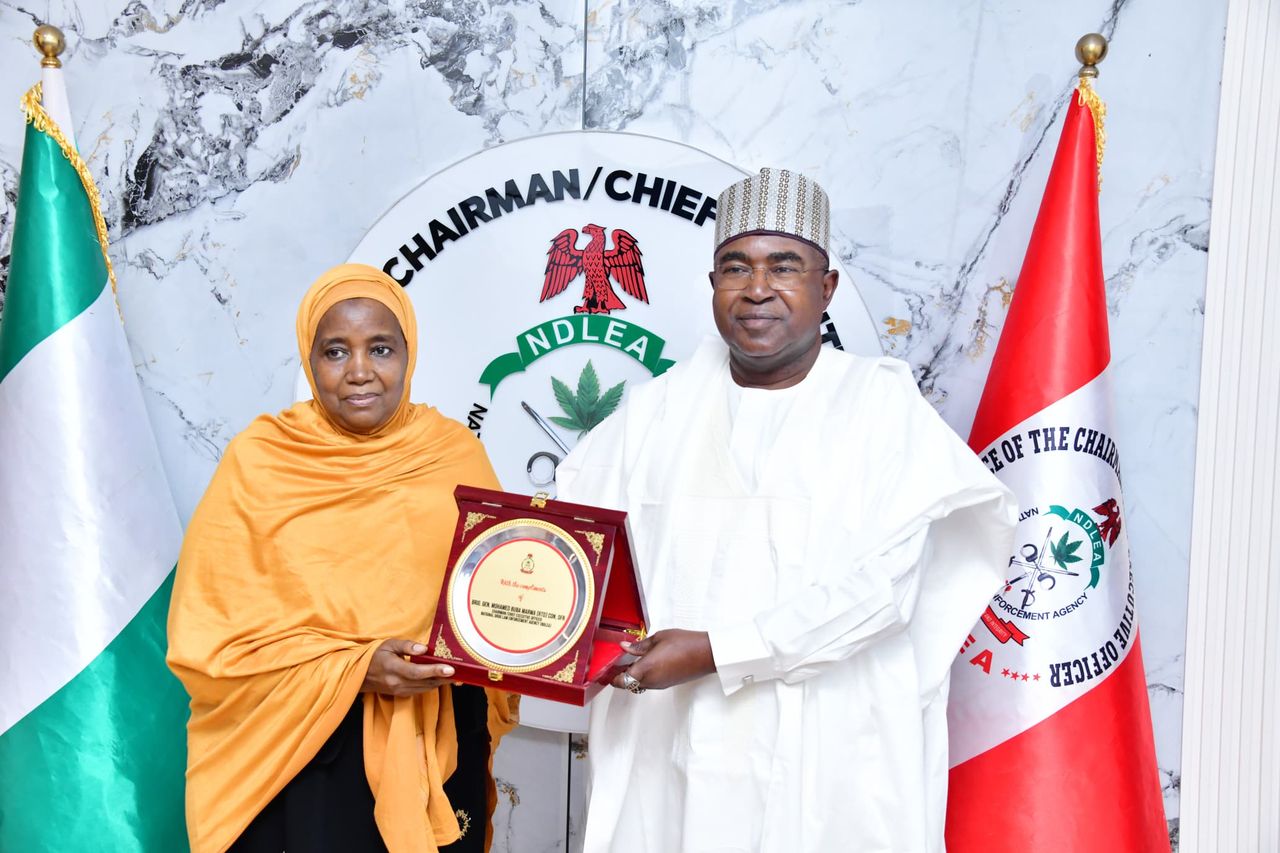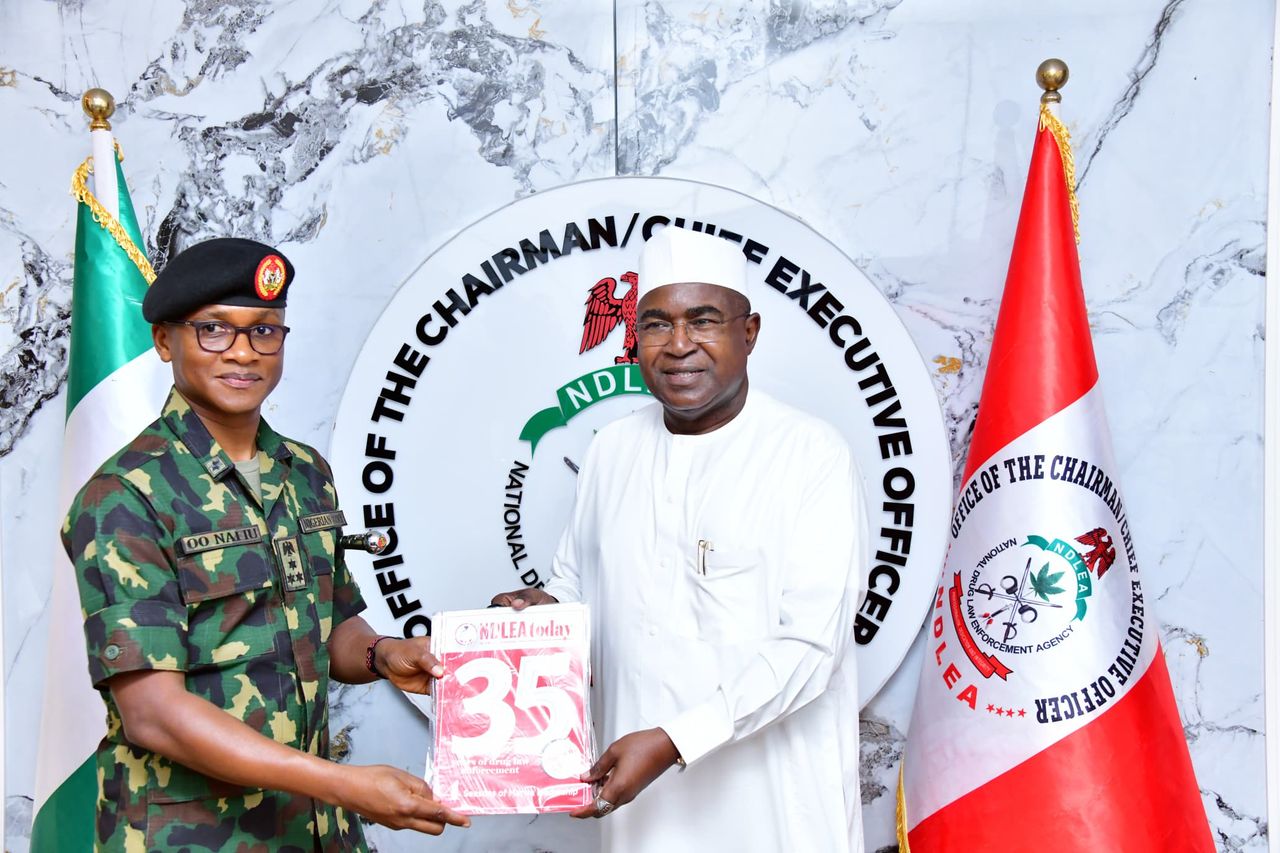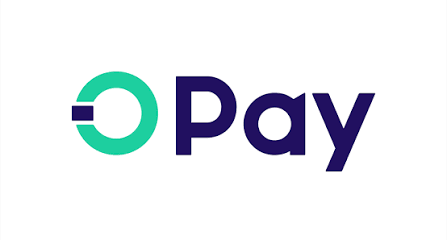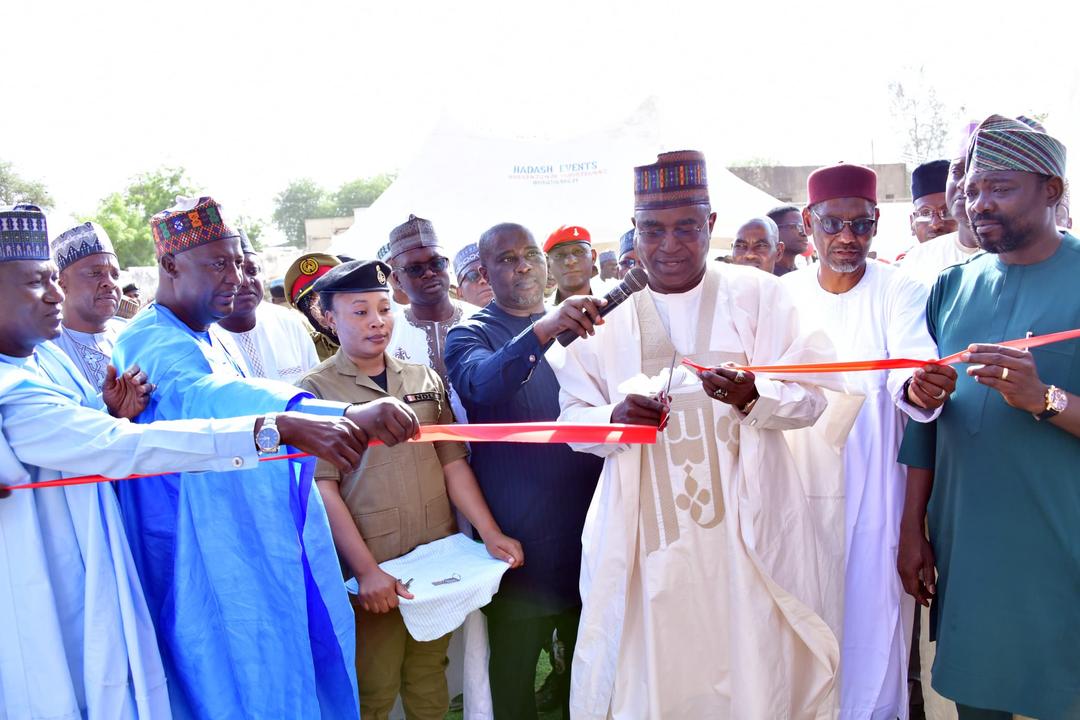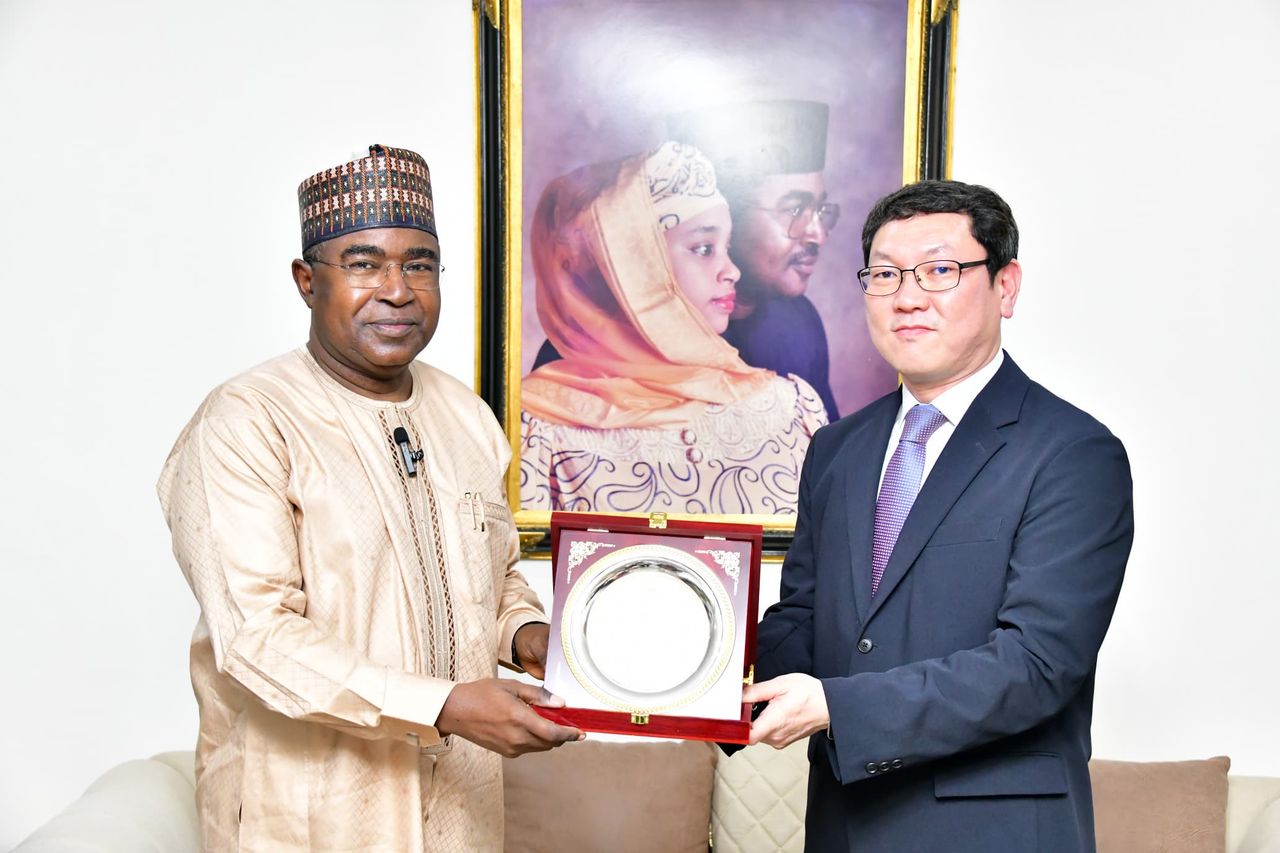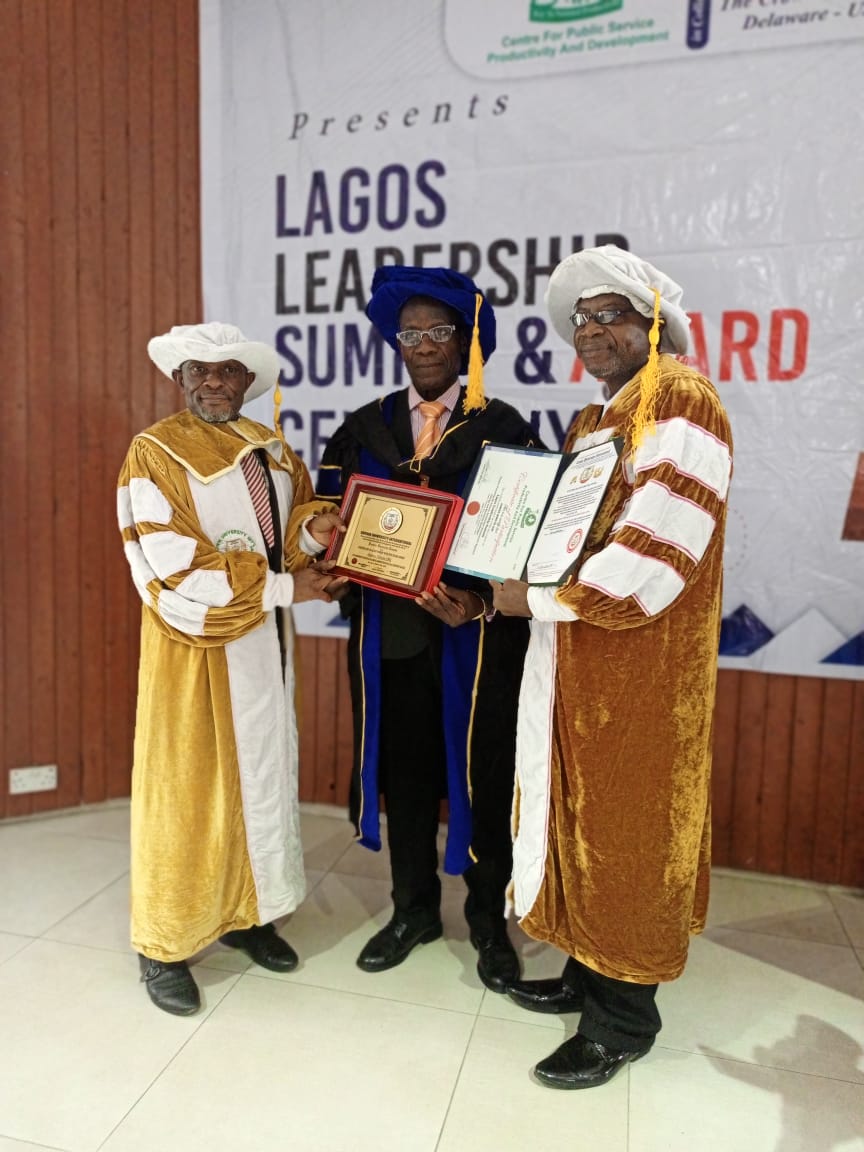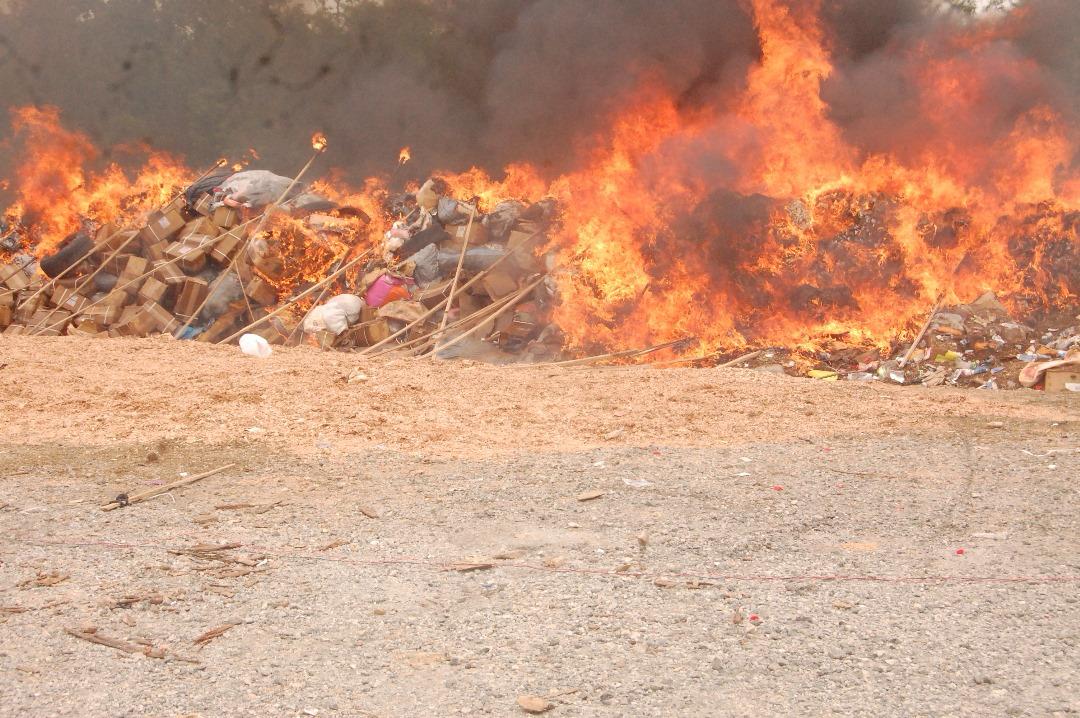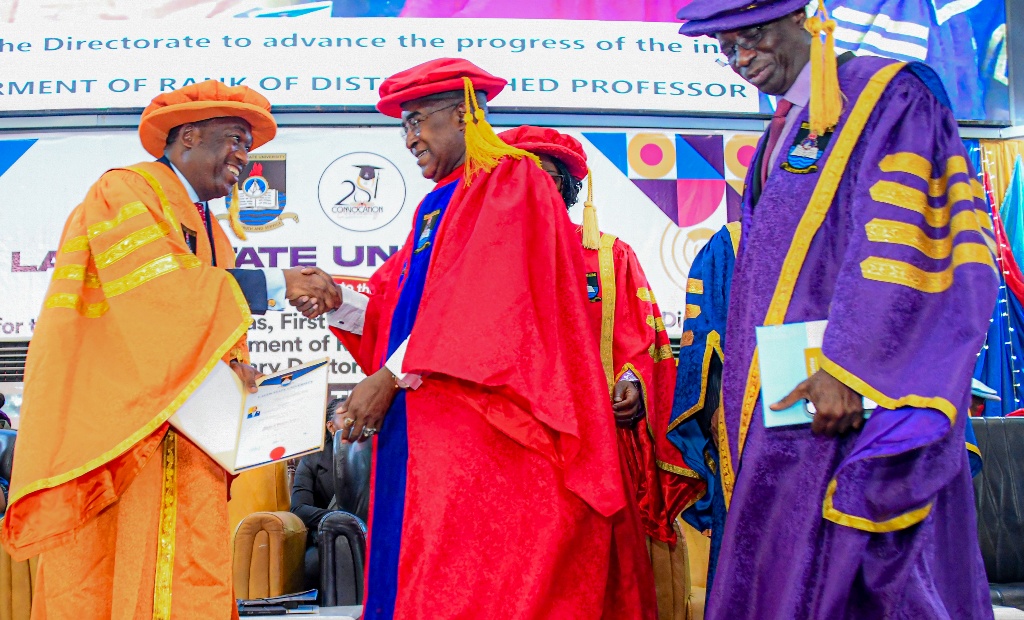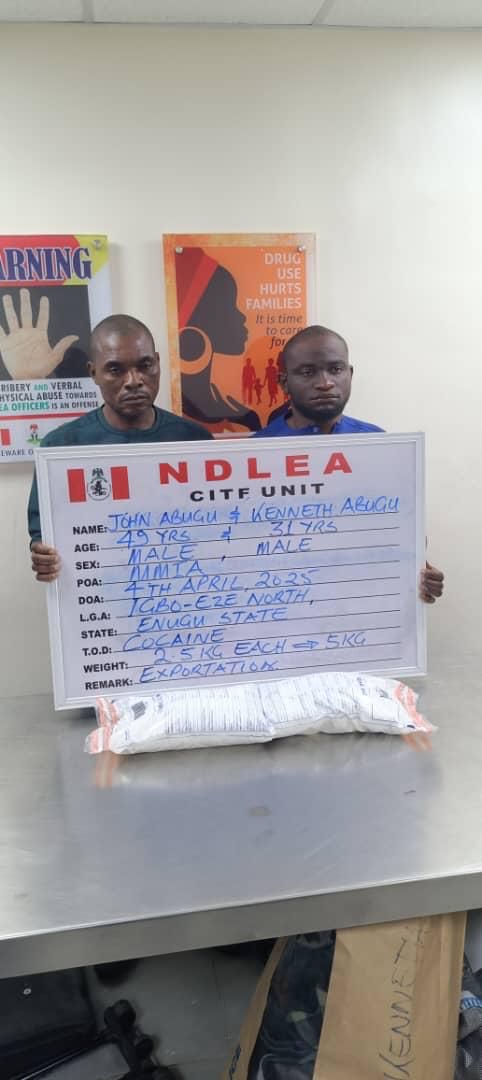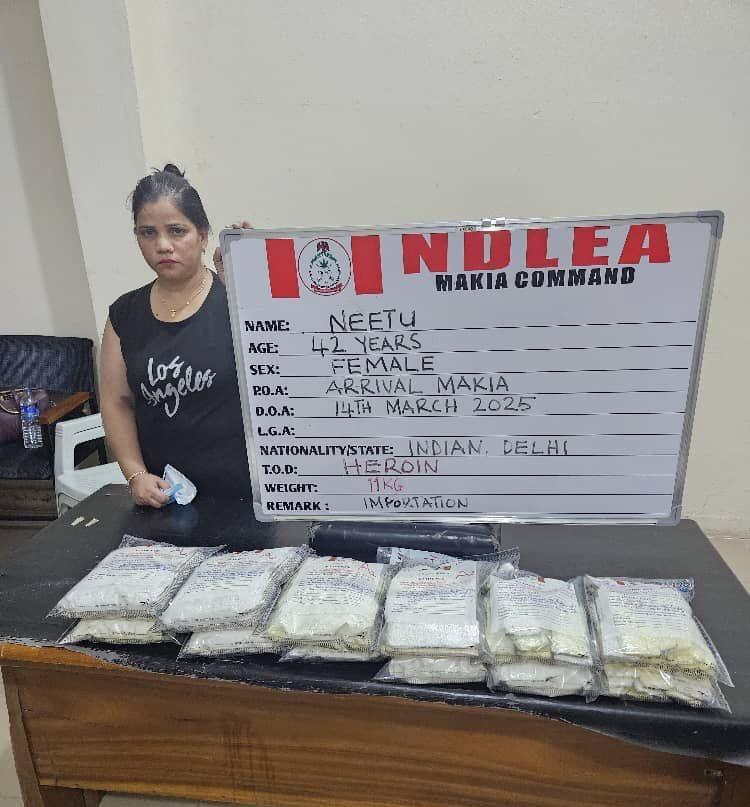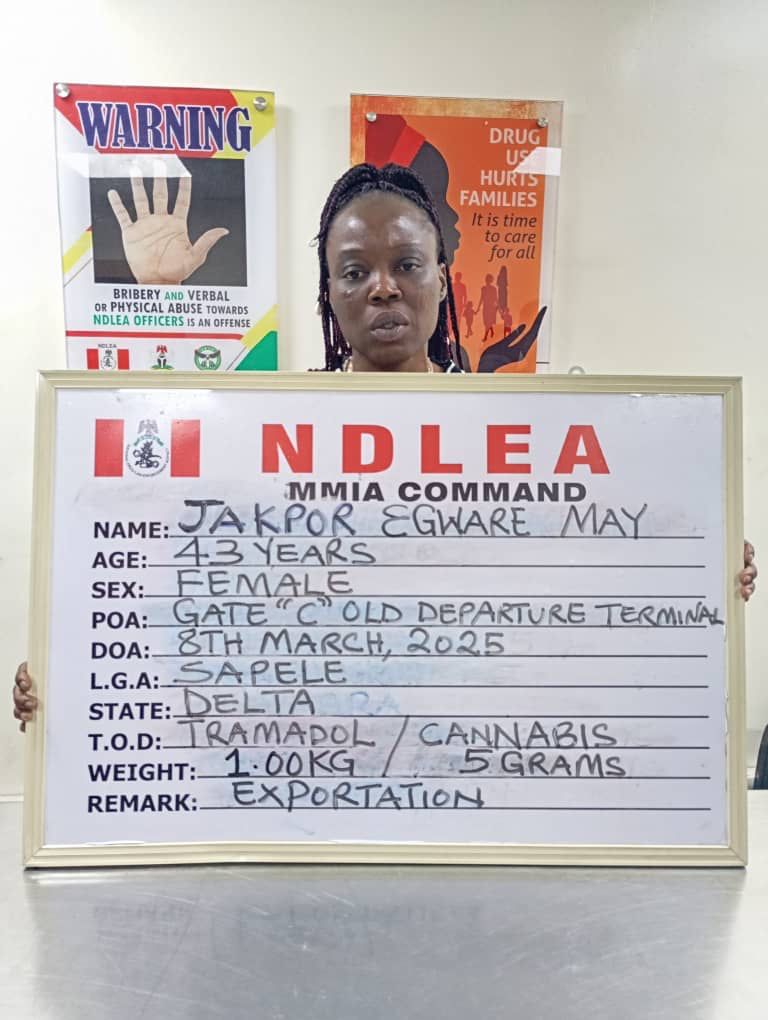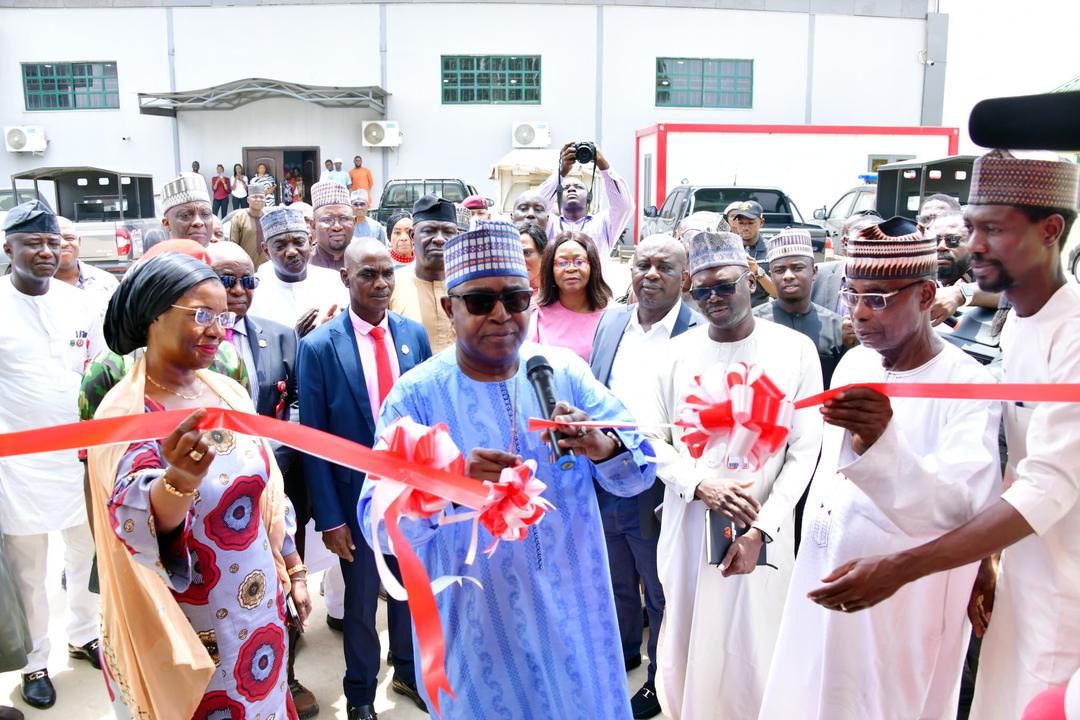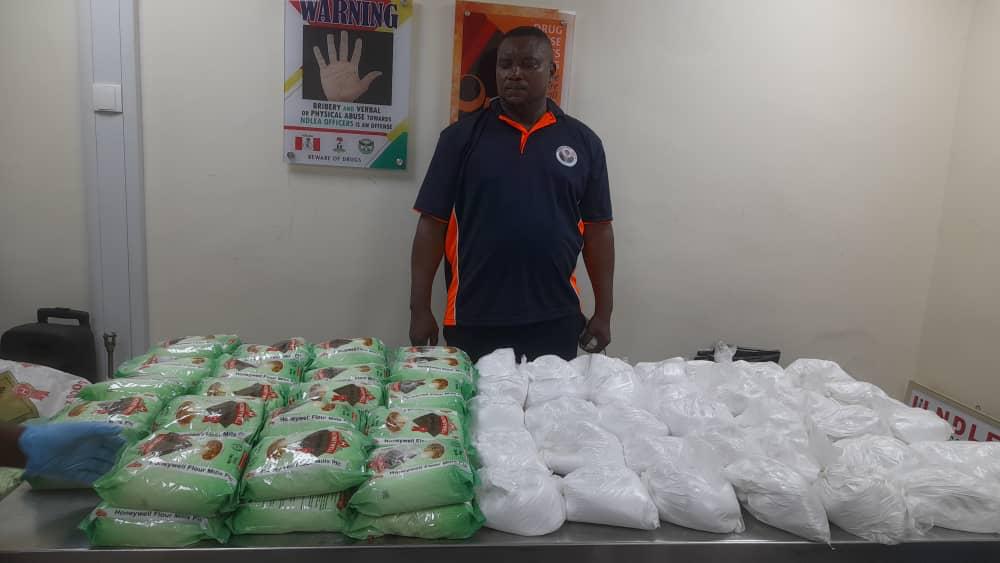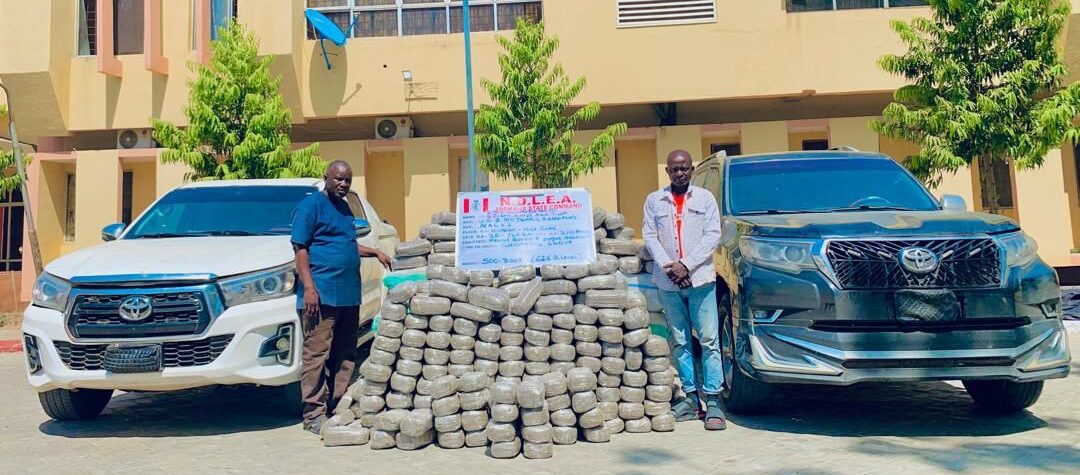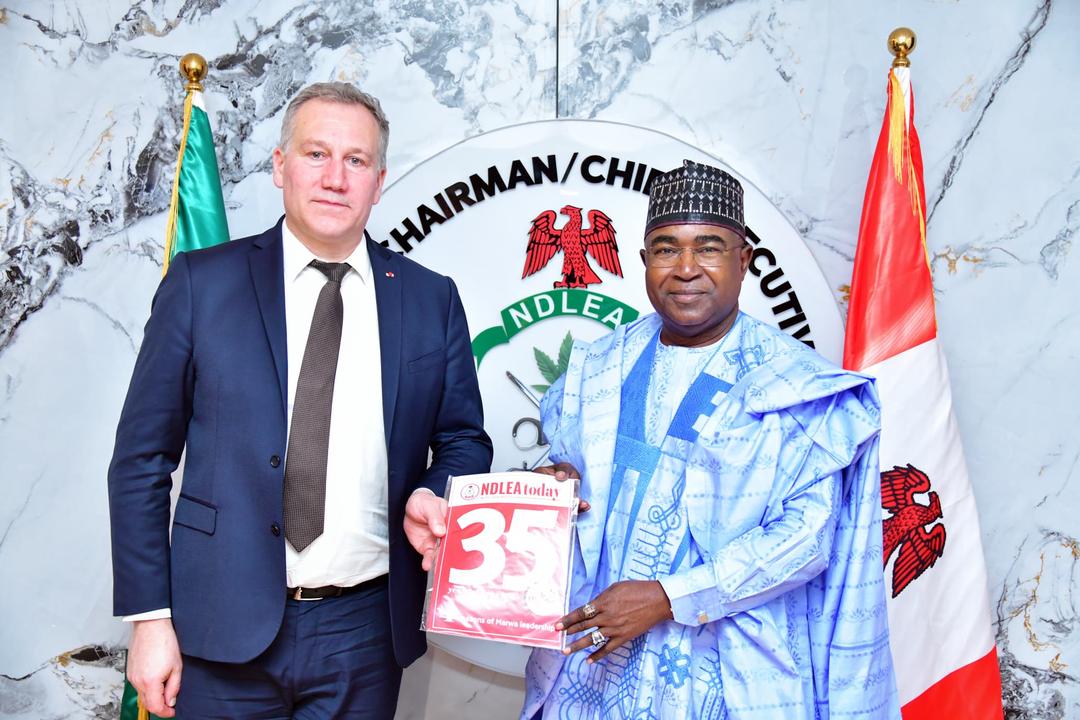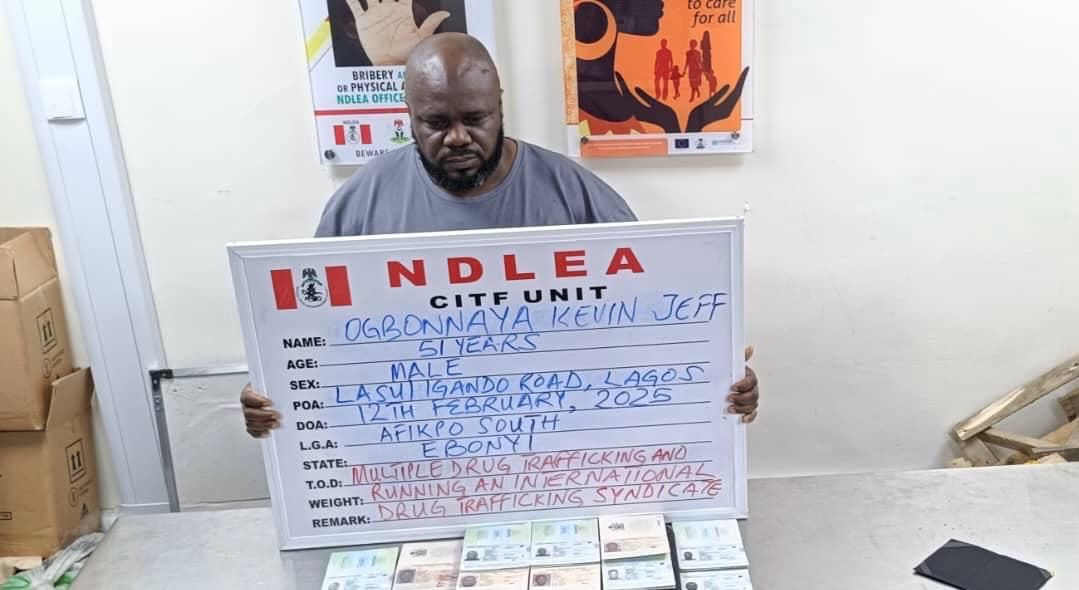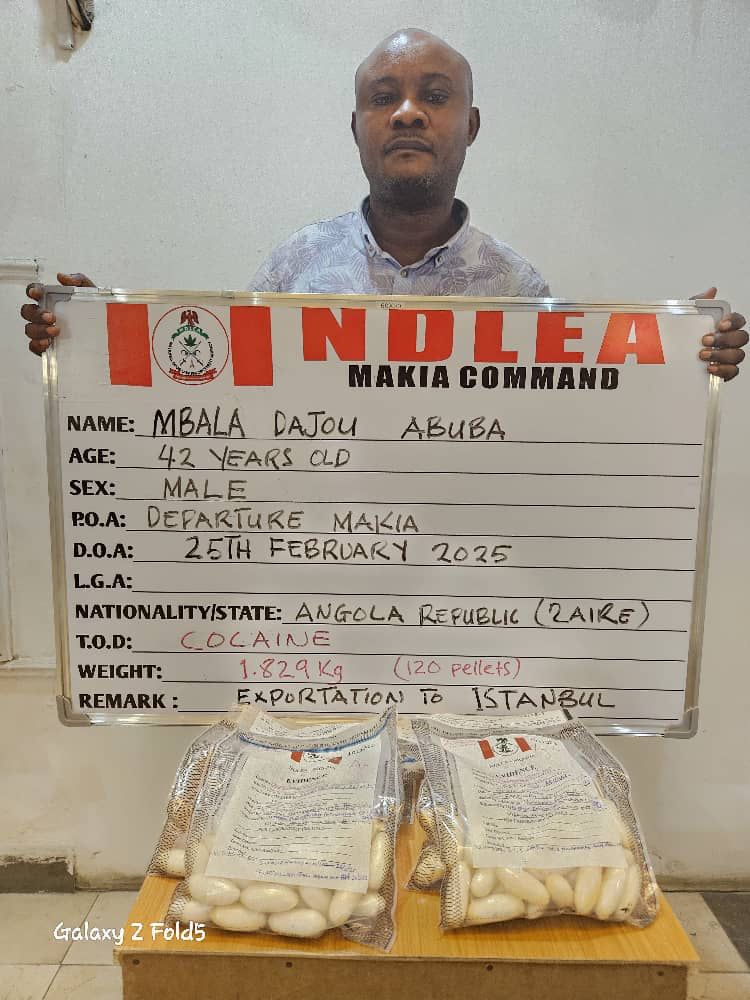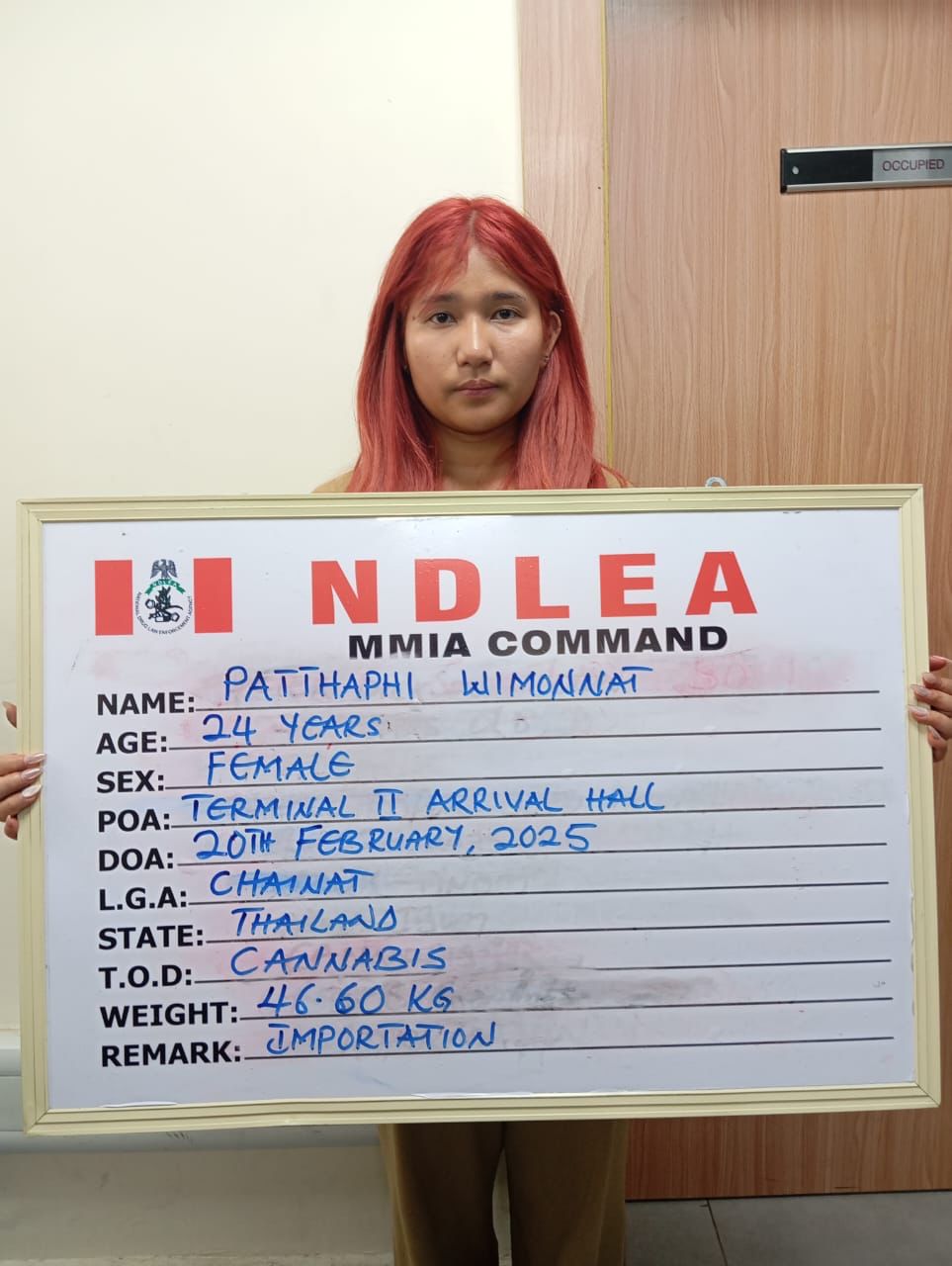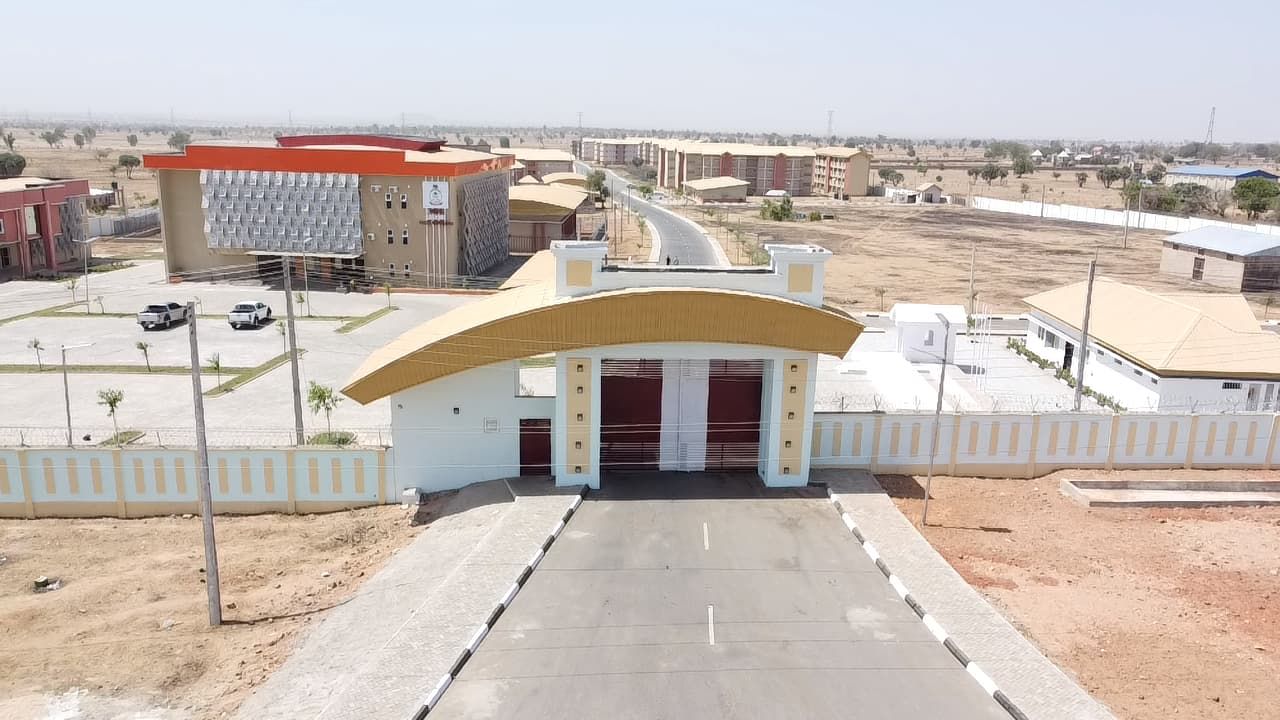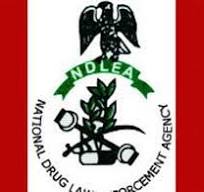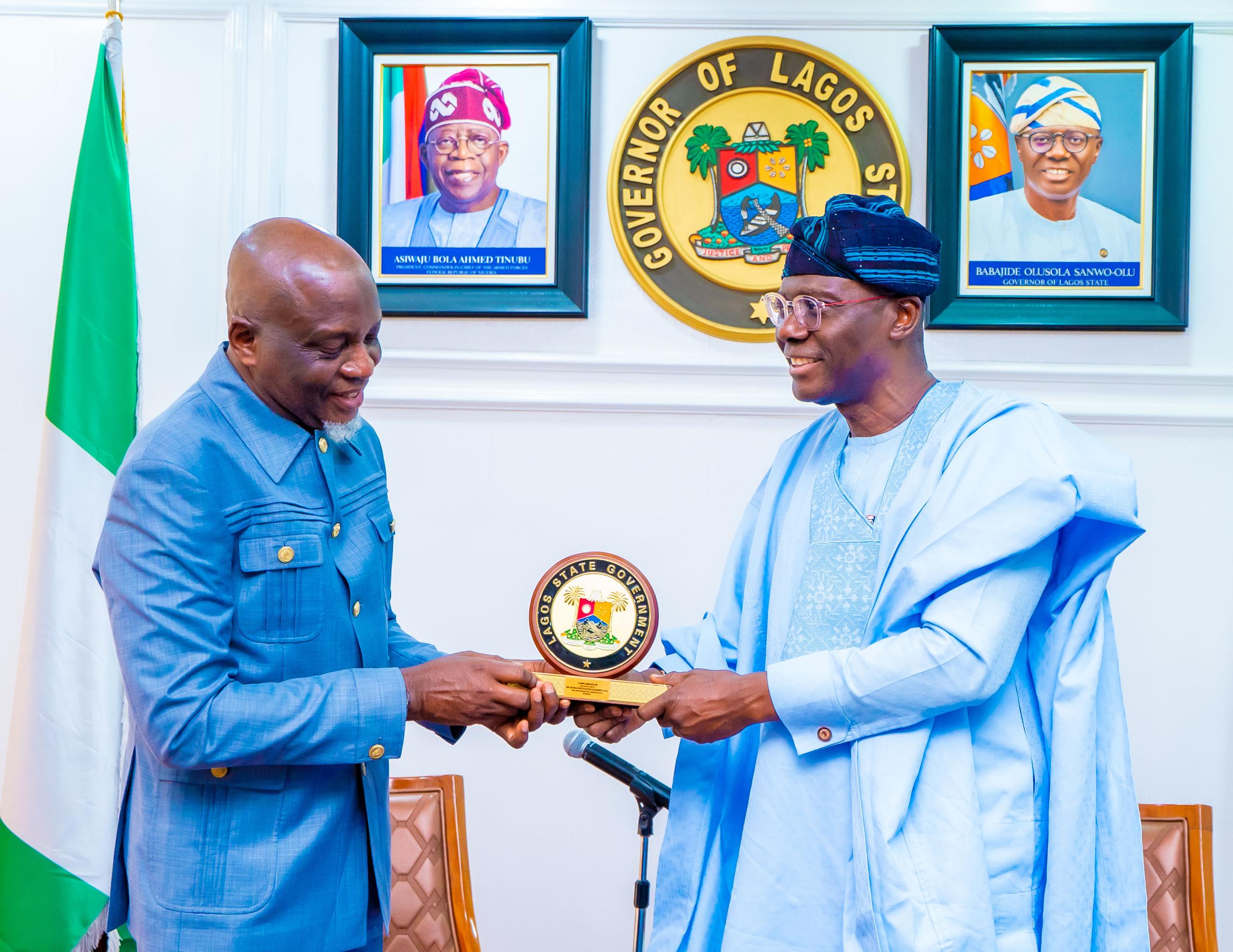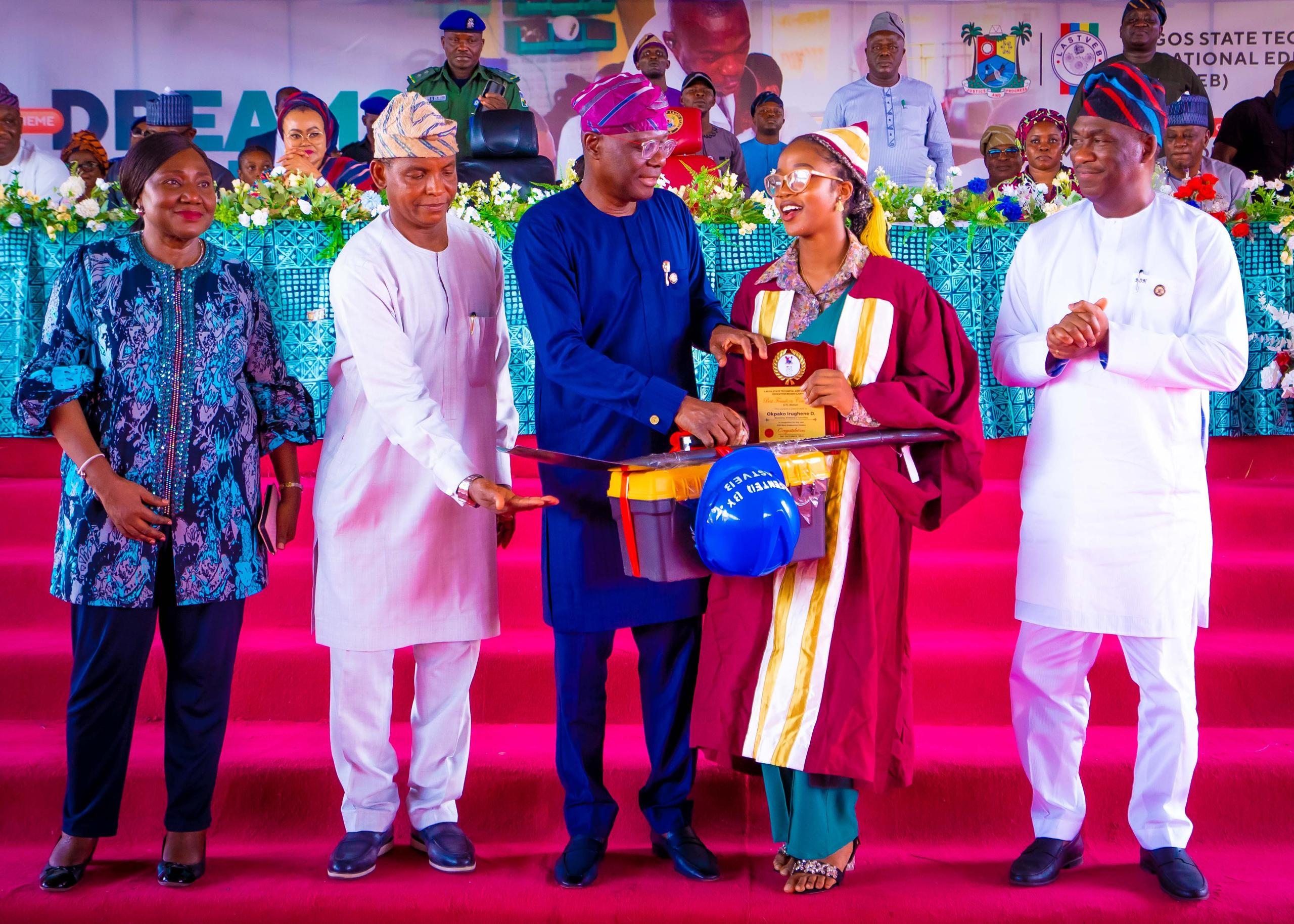
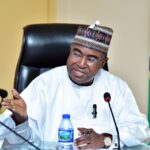
The National Drug Law Enforcement Agency (NDLEA) and the Federal Ministry of Education have reached key agreements aimed at combating drug abuse among Nigerian youths. Among the agreements are the introduction of compulsory drug integrity tests for students in tertiary institutions and a review of the secondary school curriculum to include comprehensive drug education.
The agreements emerged following a high-level meeting between NDLEA Chairman and Chief Executive, Brigadier General Mohamed Buba Marwa (rtd), and the Honorable Minister of Education, Dr. Maruf Olatunji Alausa, held in Abuja on Wednesday July 30th, 2025.
During the meeting, Brig Gen Marwa commended the Minister for his proactive leadership and emphasized the devastating impact of substance abuse on Nigeria’s youth. He described the fight against illicit drugs as “a fight for the souls of the Nigerian youth,” noting the connection between drug abuse and the rise of criminal activities such as terrorism, banditry, and insurgency.
Marwa stated, “We know that without drugs, they wouldn’t be able to do what they are doing, because they wouldn’t do all these criminal activities in their right senses. So, in our own way, we are contributing to the fight against insecurity in the country.” He further highlighted the NDLEA’s recent successes, revealing that “within the last two years, we have made arrest of 40,887 criminal elements, gotten 8,682 convicted, and seized 5,507 metric tons of illicit drugs.”
On the issue of opioid seizures, Marwa disclosed that since January last year, the agency has confiscated over one billion pills of tramadol alone, valued at more than N1 trillion.
Supported by President Bola Tinubu, the NDLEA is expanding rehabilitation efforts, with plans to construct seven new centers in addition to the existing 30 nationwide. Moreover, the President has approved the establishment of one model rehabilitation center in each geopolitical zone.
Brig Gen Marwa outlined three key areas for collaboration with the Ministry of Education to tackle substance abuse effectively:
-
Review of the Secondary School Drug Education Curriculum: “Because of the complexity of drugs, the dynamism of it, and the new psychoactive substances that have come to play, we feel that it is time to consider a review of this drug education curriculum.”
-
Introduction of Stand-alone Drug Abuse Prevention Programmes in Schools: These would include lectures, competitions, and parent involvement activities, separate from the formal curriculum.
-
Adoption of Drug Testing Policies in Tertiary Institutions: “Several vice chancellors have come on their own to seek both our guidance and participation in conducting drug test for their students. What we are suggesting now is drug tests for new students, for students returning from vacations, and random tests,” Marwa said. He added that consequences for drug use “do not necessarily mean rustication,” but aim to maintain drug-free campuses.
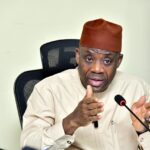
In response, Minister Alausa praised Brig Gen Marwa’s dedication and long-standing service to Nigeria. “Thank you for your service to Lagos. And beyond that, General Buba Marwa has committed his life to serve this country,” he said. The Minister acknowledged the severity of the drug problem and its impact on youth education and employability.
“When the youths get into drugs, they won’t go to school and even when they go to school, they are not getting functional education. At the end of the day, what happens? Their level of critical thinking is lower. Their ability to make informed decisions becomes significantly reduced. So, they become unemployable,” he explained.
The Minister proposed the formation of an inter-ministerial technical working group between the Ministry and NDLEA to ensure effective collaboration. He also announced plans to create a Substance Use Prevention Unit within the Ministry.
“We’re reviewing the curriculum now for secondary school,” the Minister said, noting that the revision process would eventually extend to primary schools. “But the one for secondary school, we can definitely do that now. We’re just developing their new curriculum.”
Regarding the stand-alone prevention programmes, he agreed on their importance, promising to design ongoing initiatives to be rolled out and cascaded nationwide. On drug testing in tertiary institutions, the Minister affirmed, “We will do it. We have to do it. We do not have a choice.”
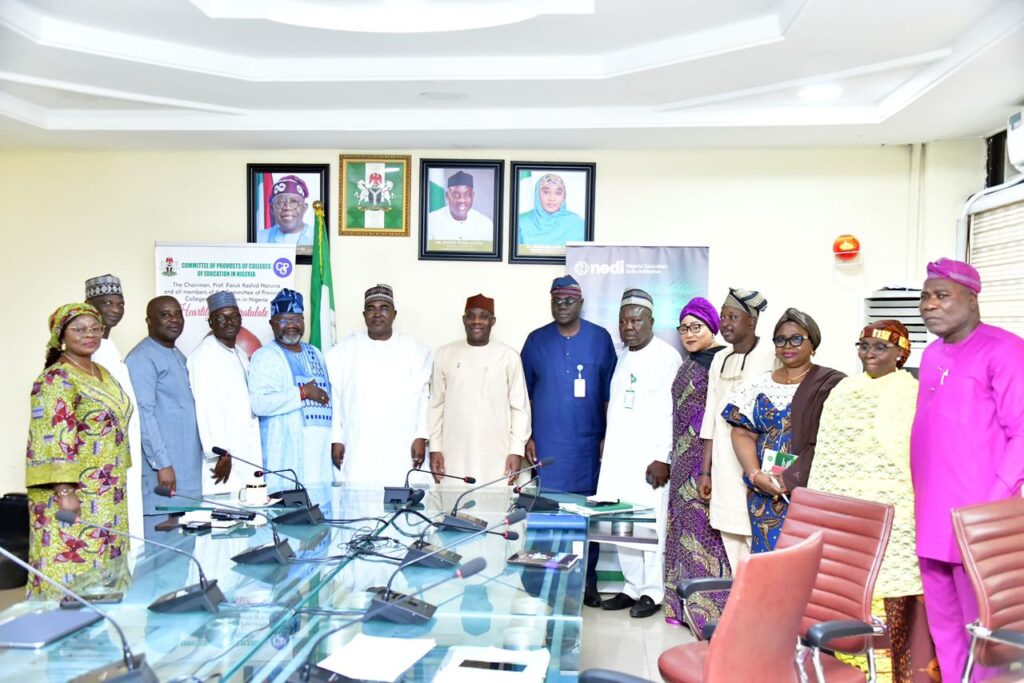
Further, the Minister assured that two key agencies under the Ministry—the Universal Basic Education Commission (UBEC) and the Tertiary Education Trust Fund (TETFUND)—would partner with the NDLEA Academy in Jos to deepen drug education efforts across all educational levels.
The meeting concluded with the Permanent Secretary of the Ministry, Mr. Abel Oluwamuyiwa Enitan, officially announcing the launch of the new Substance Use Prevention Unit and delivering the vote of thanks.
🔗 Read more insights, updates, and policy breakdowns at LouisaOlaniyi.com.ng.

